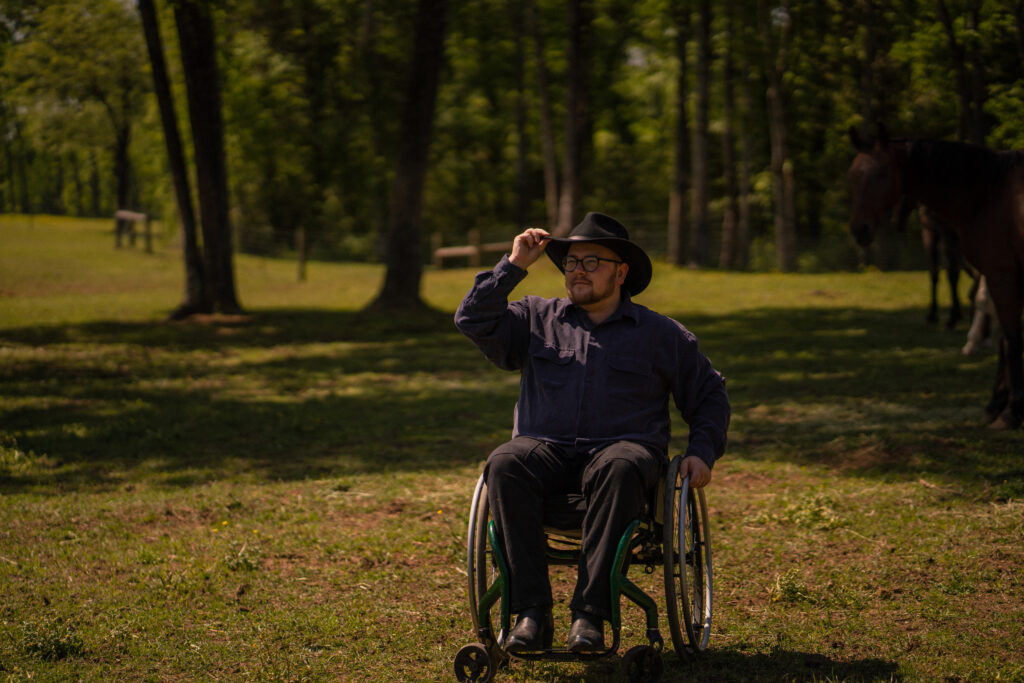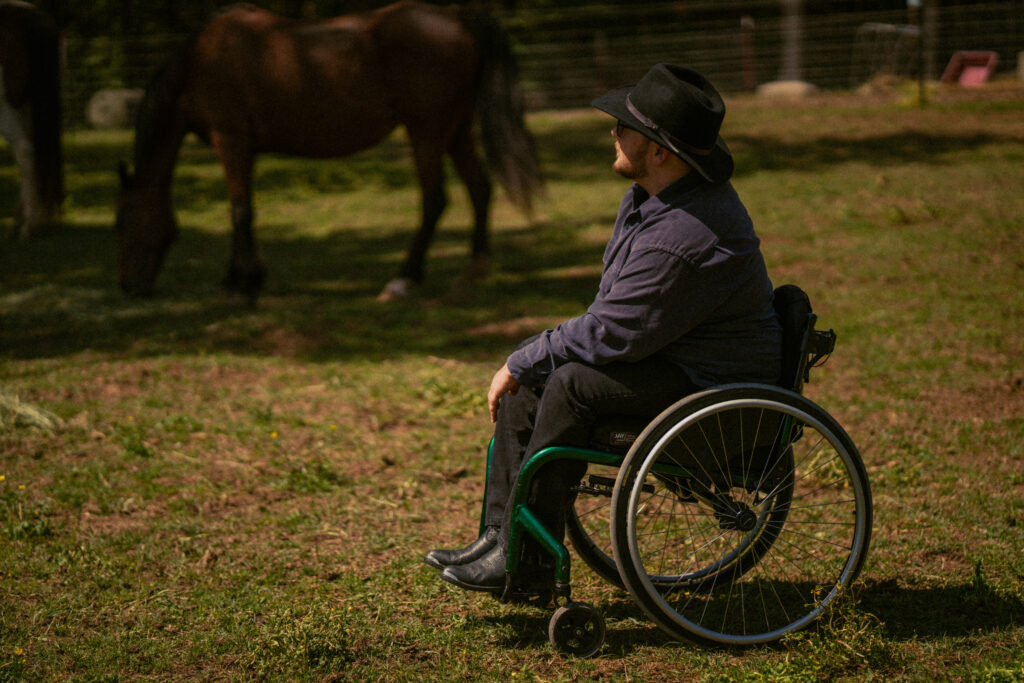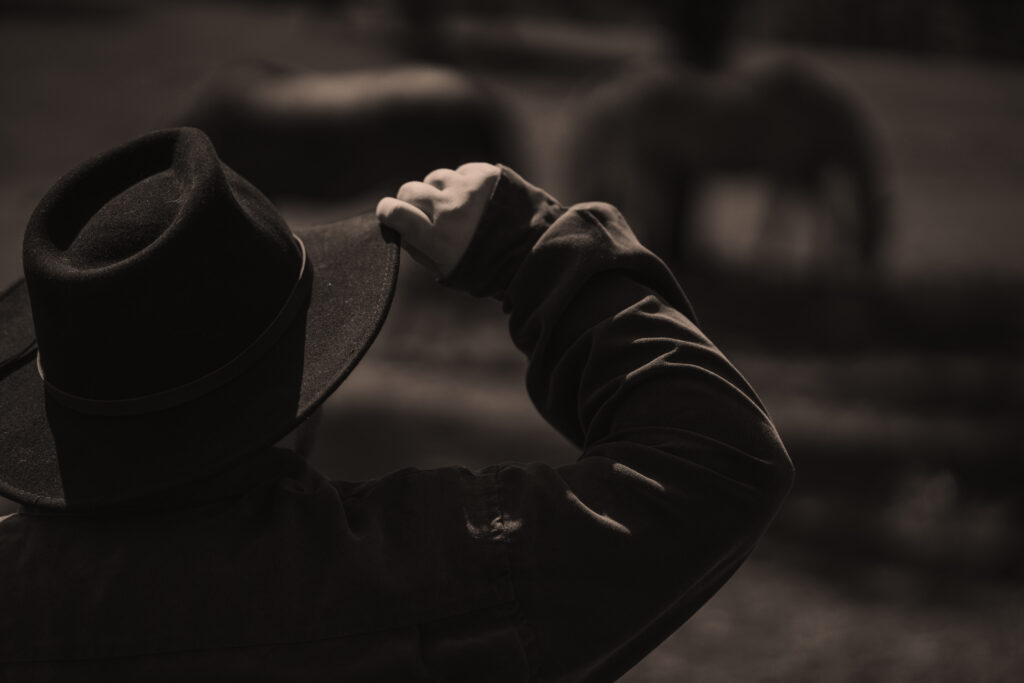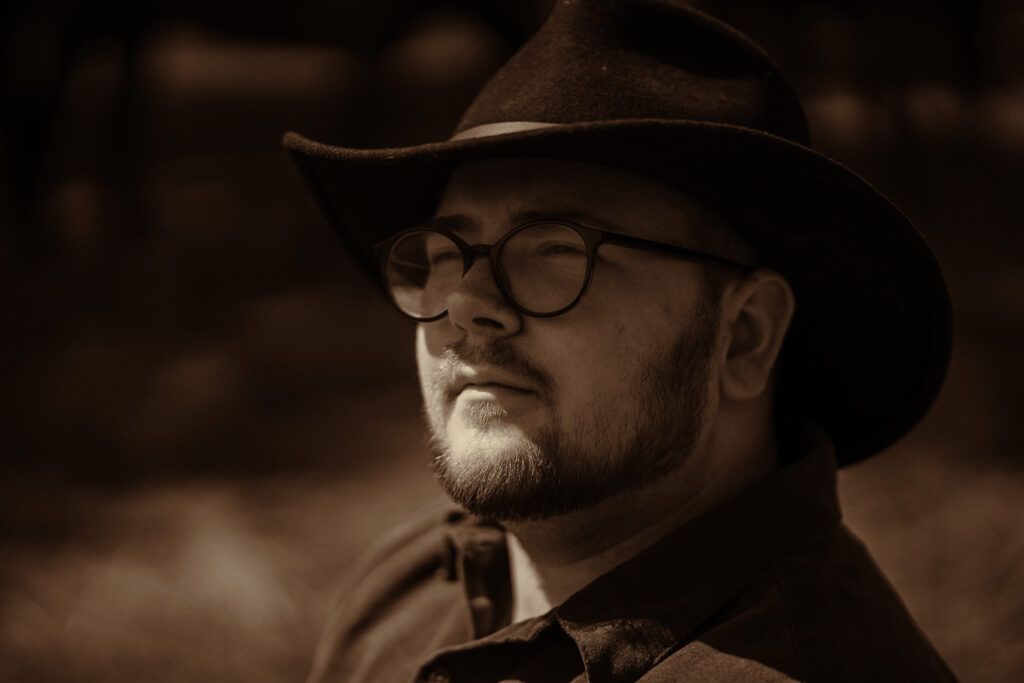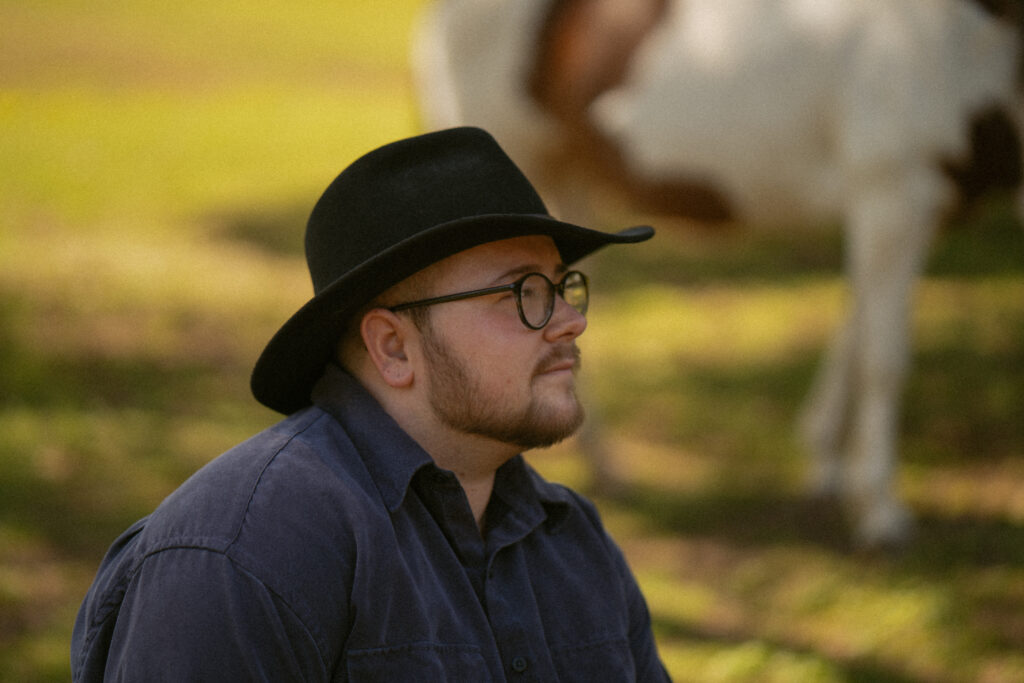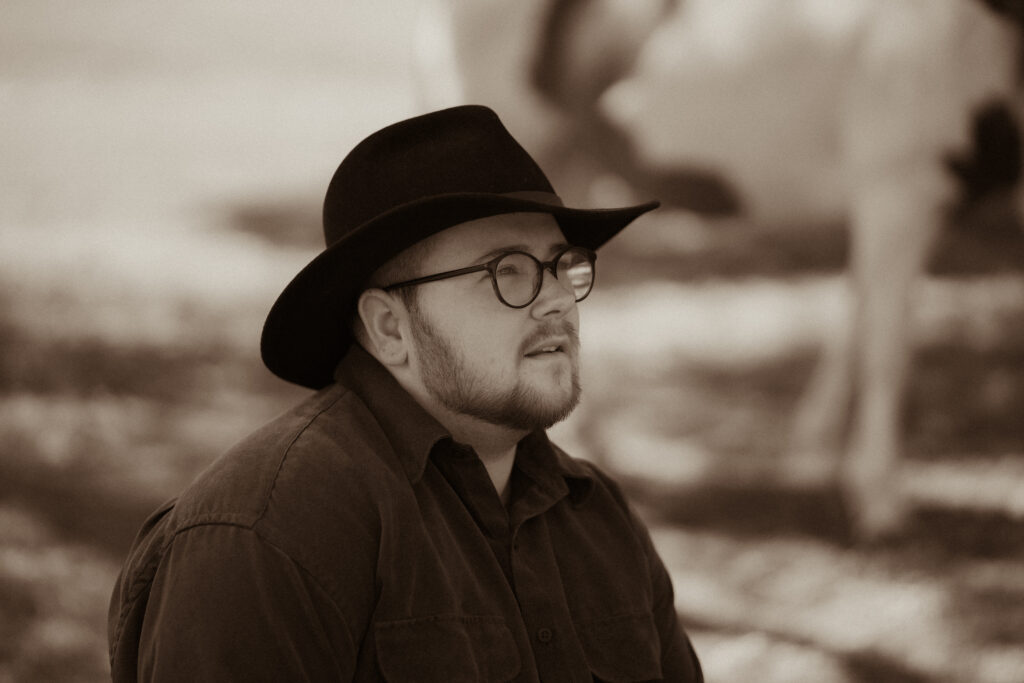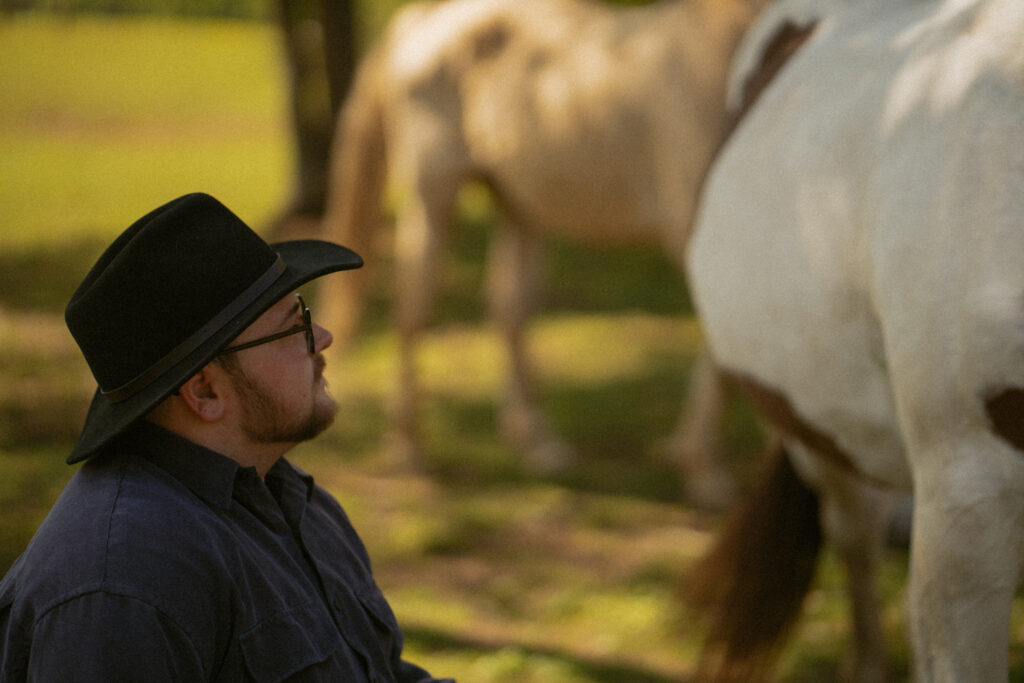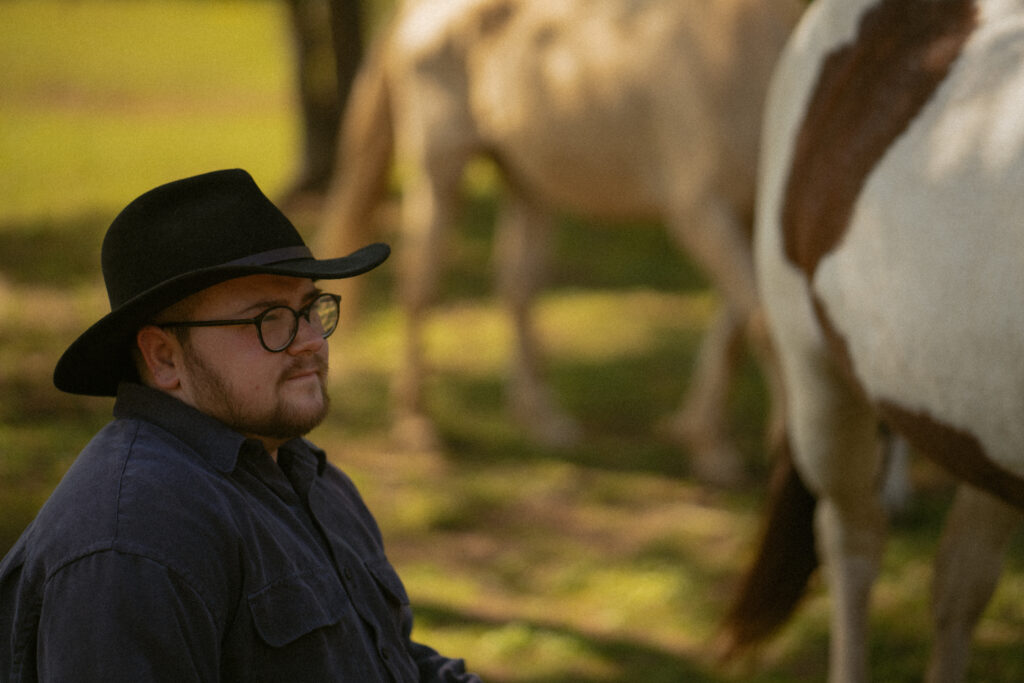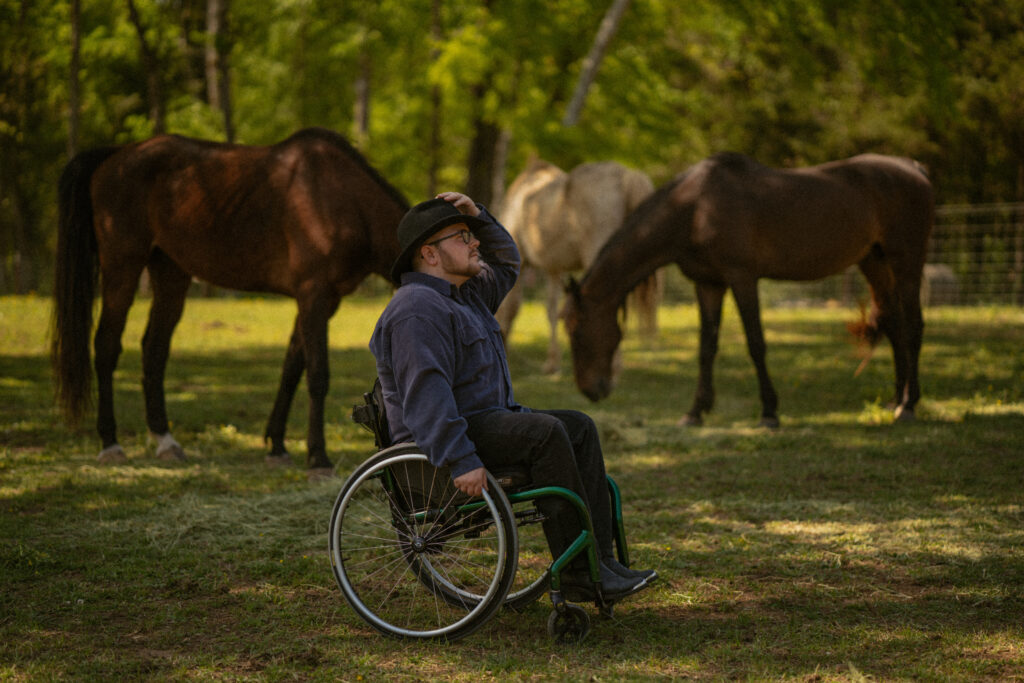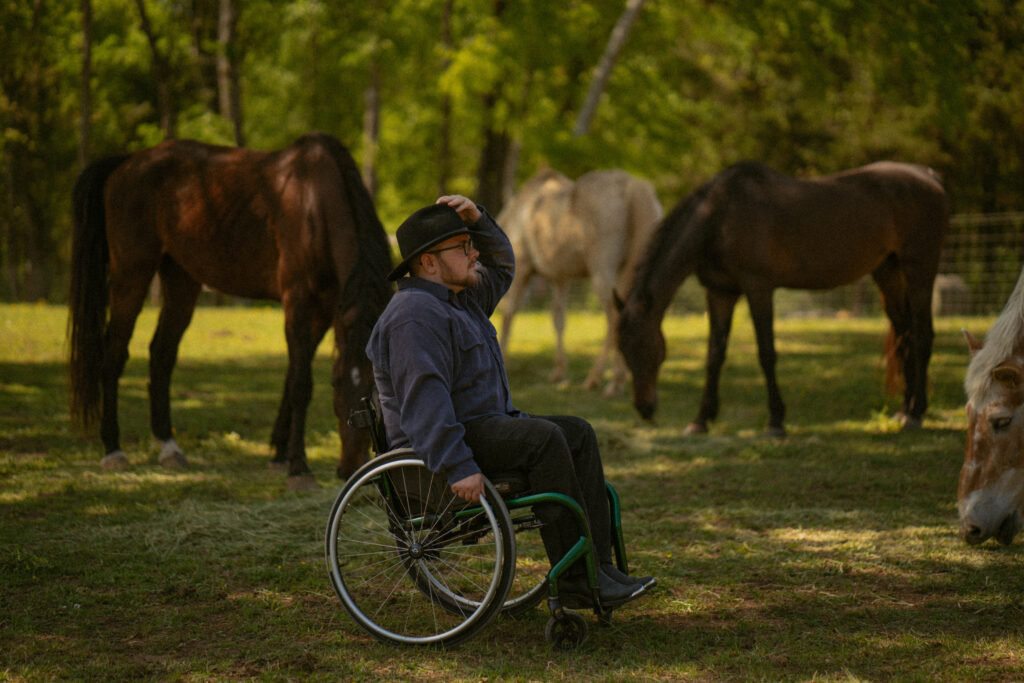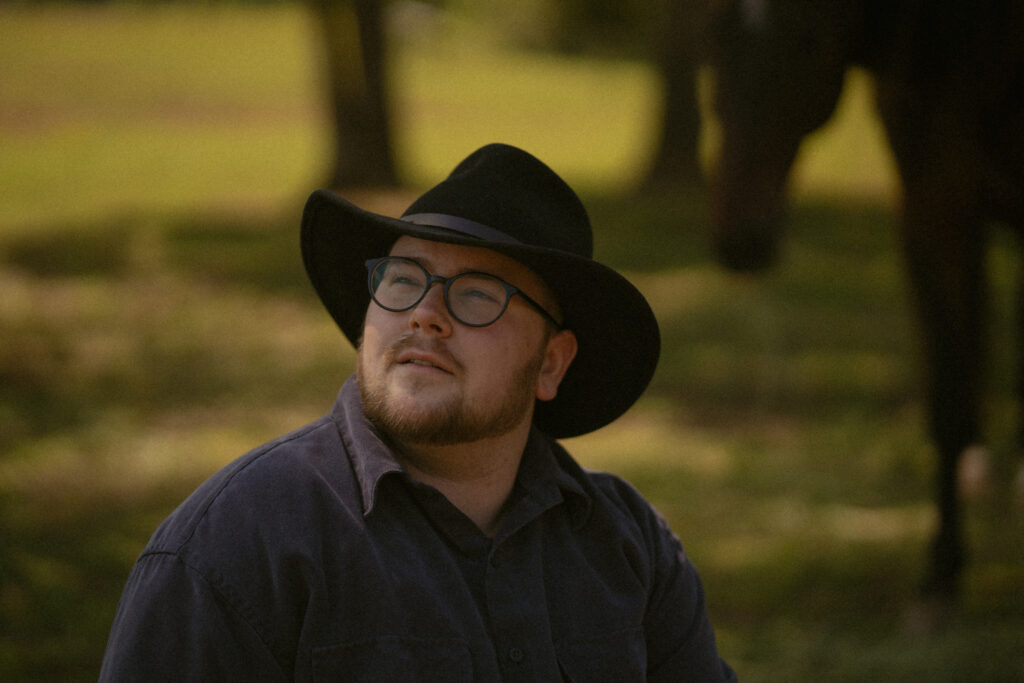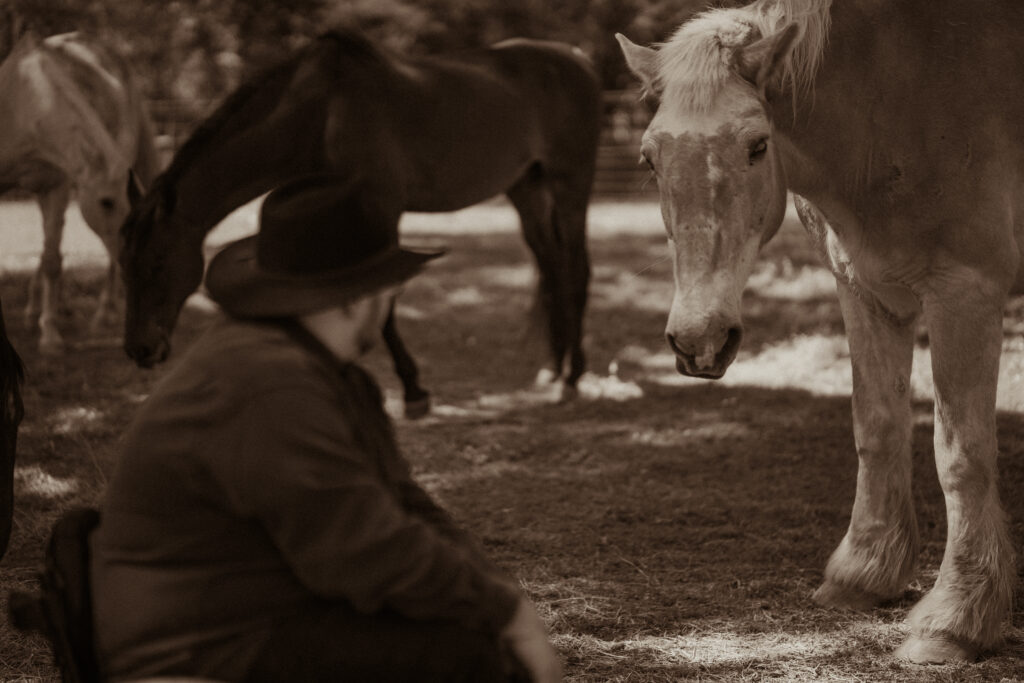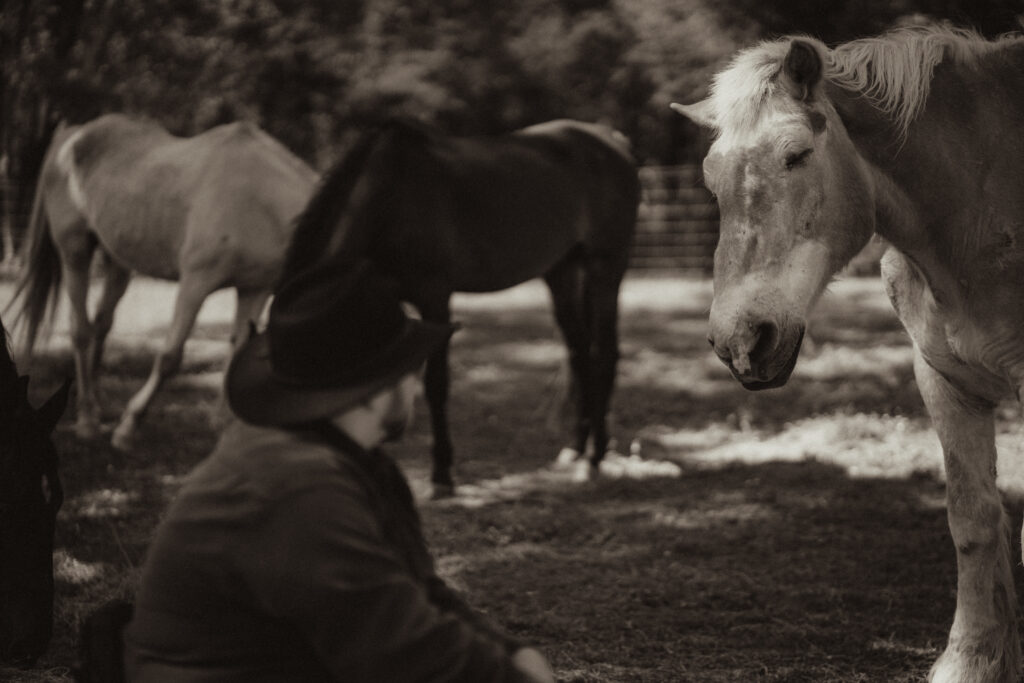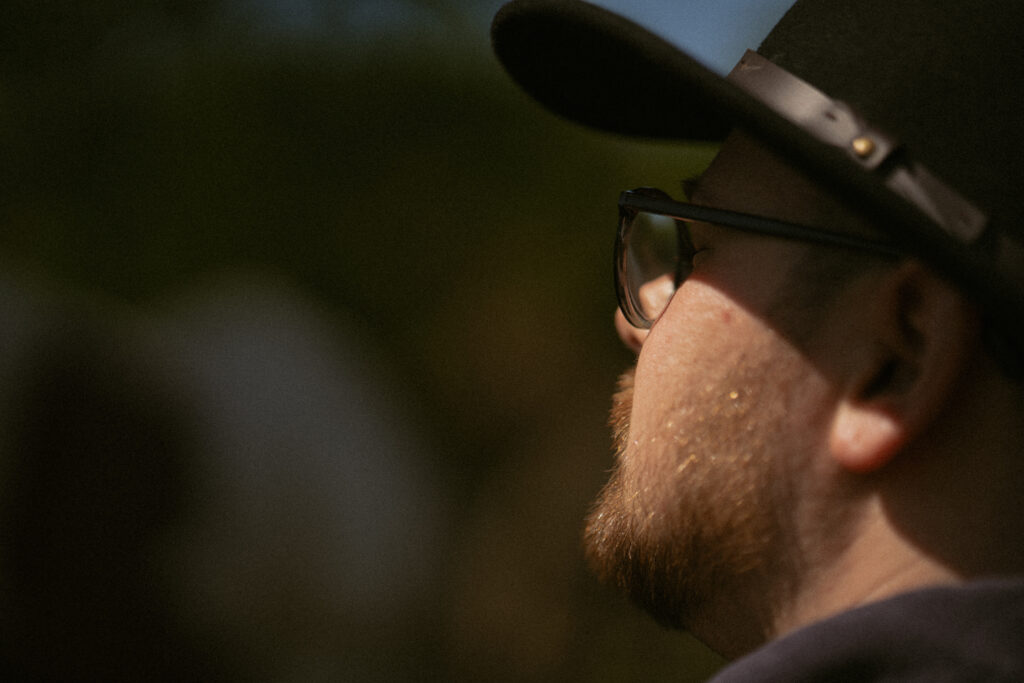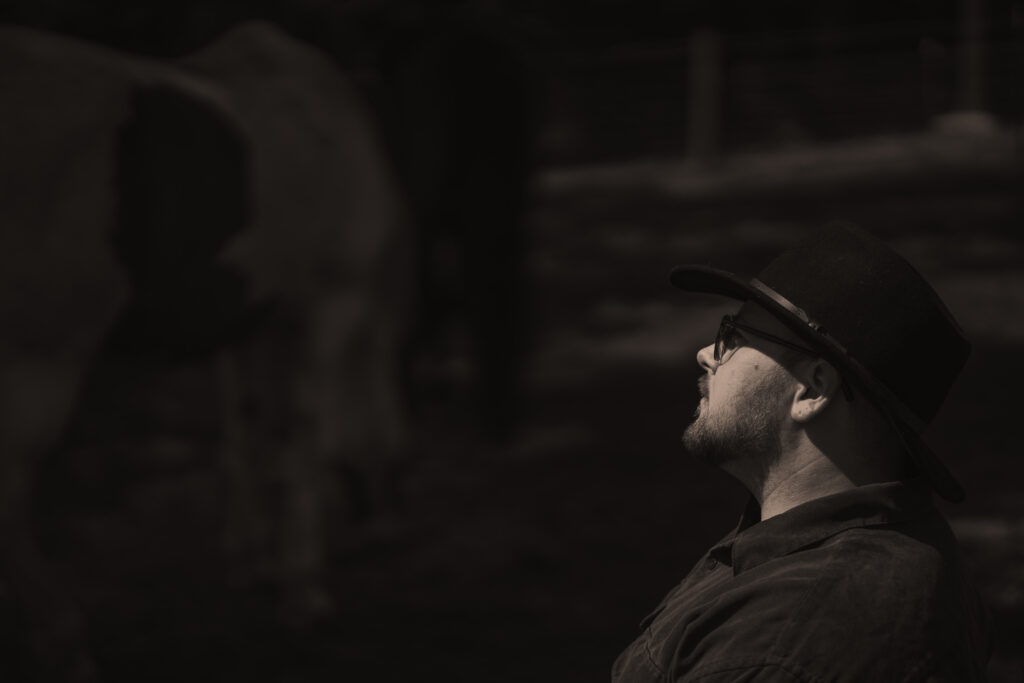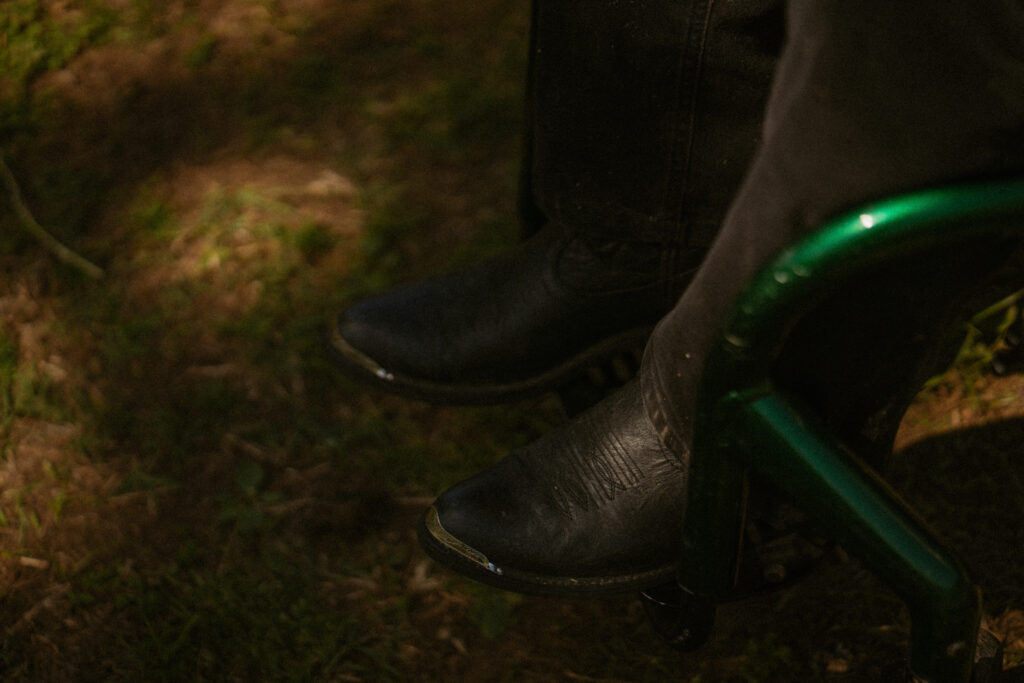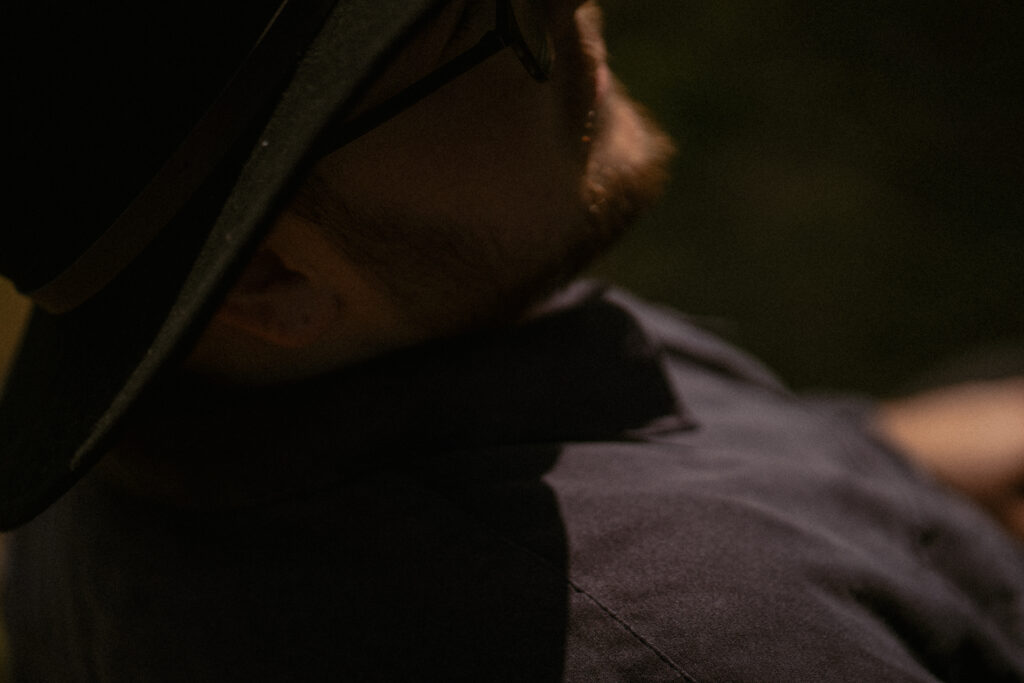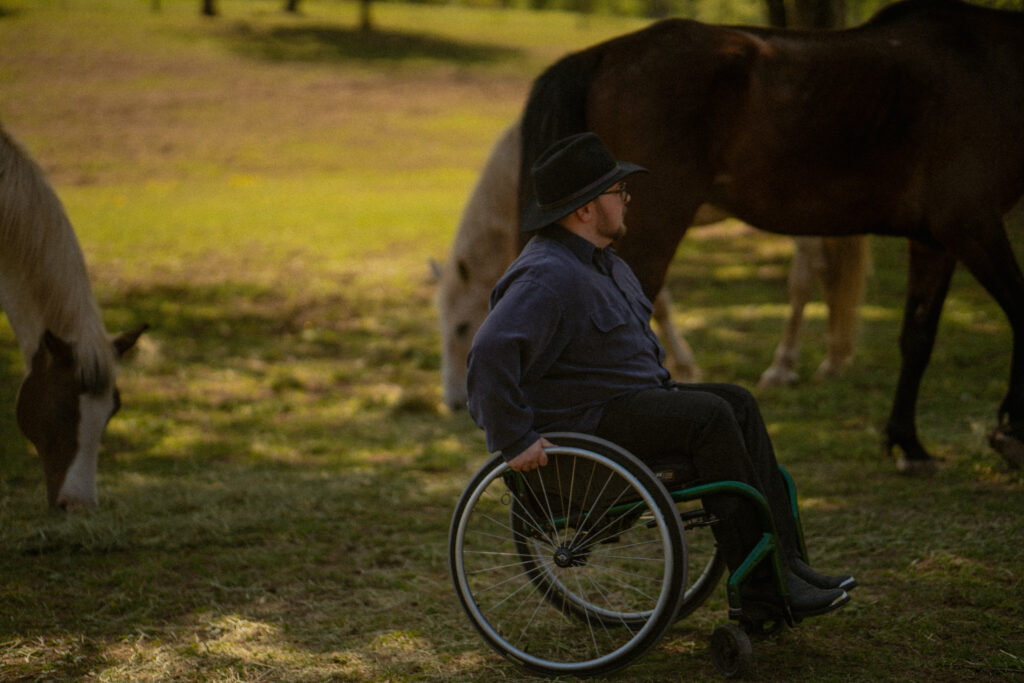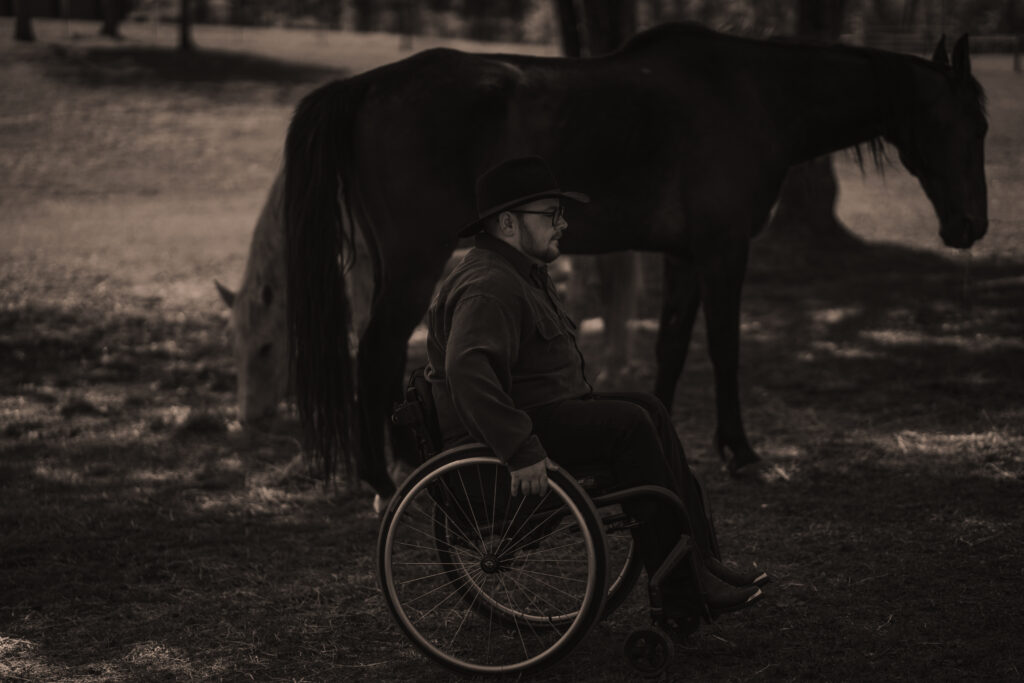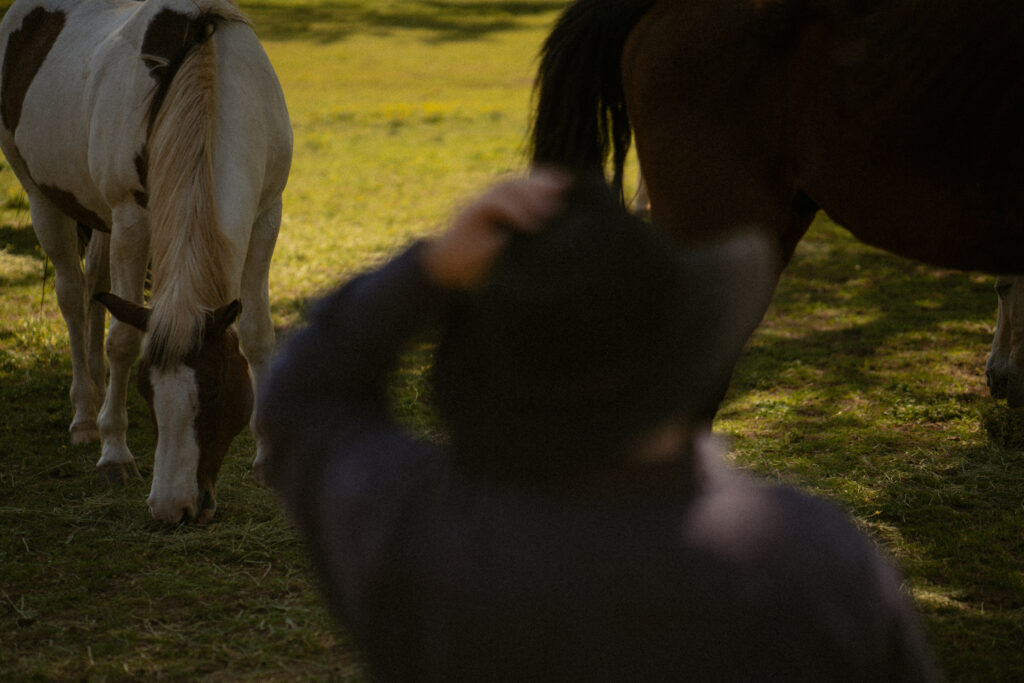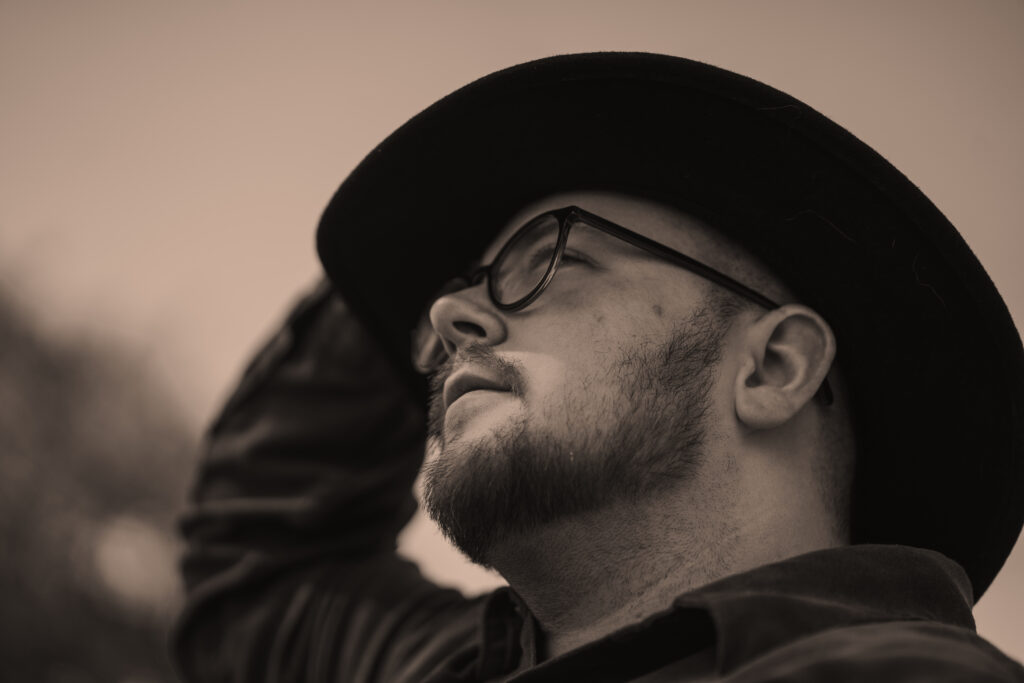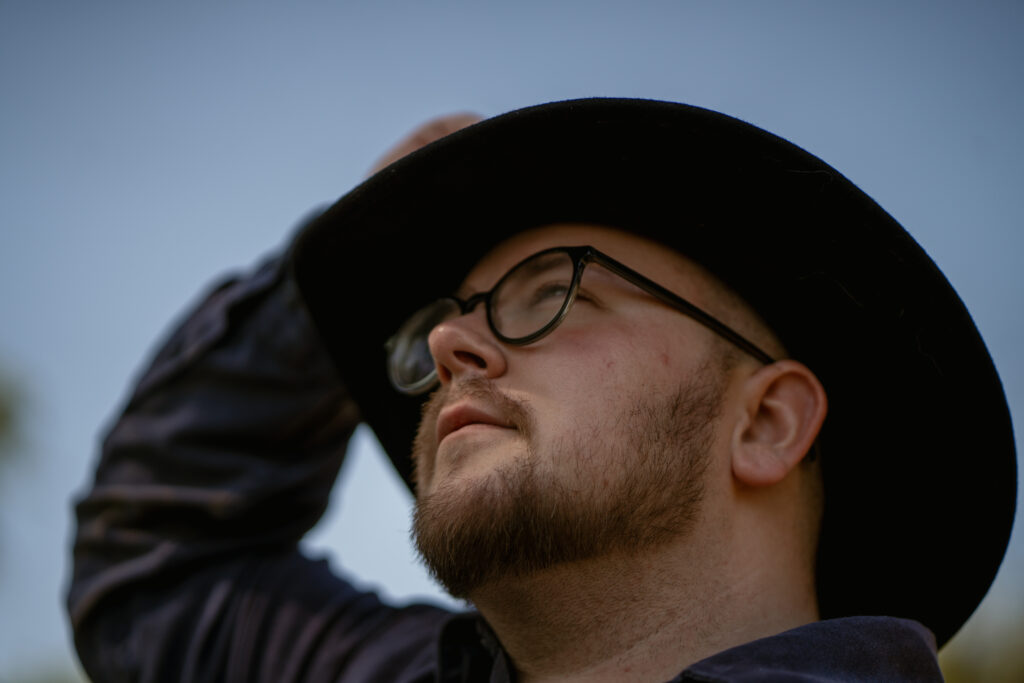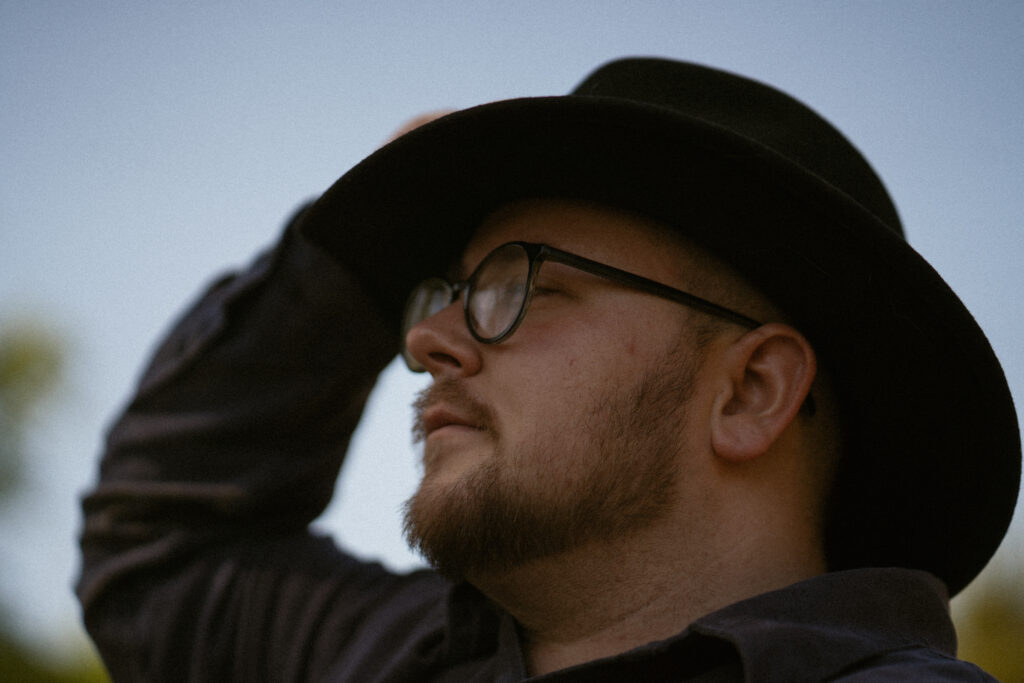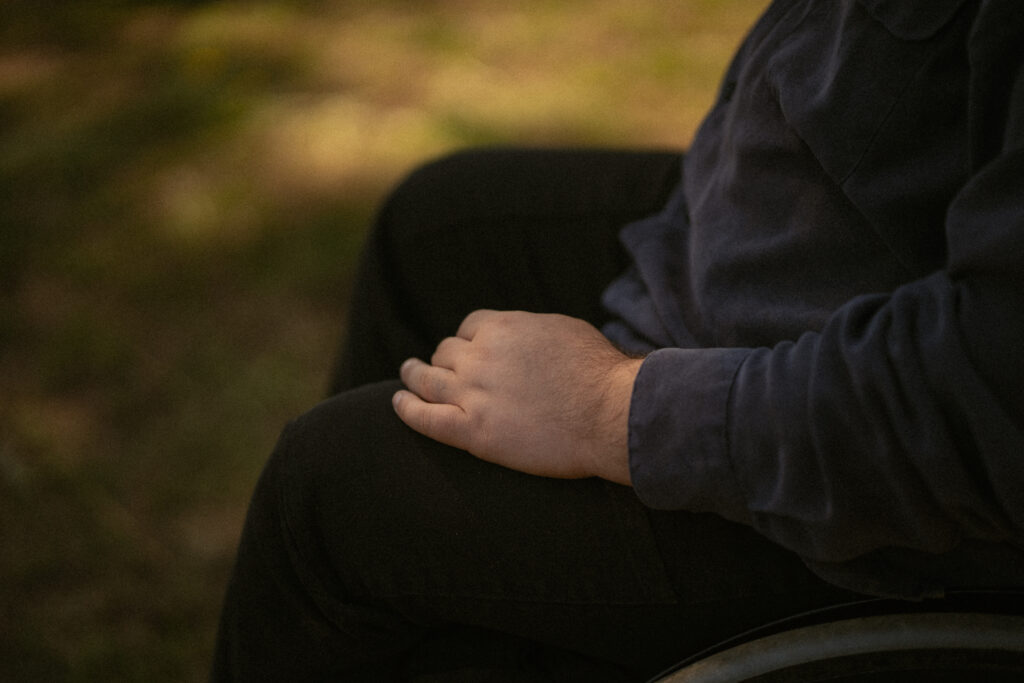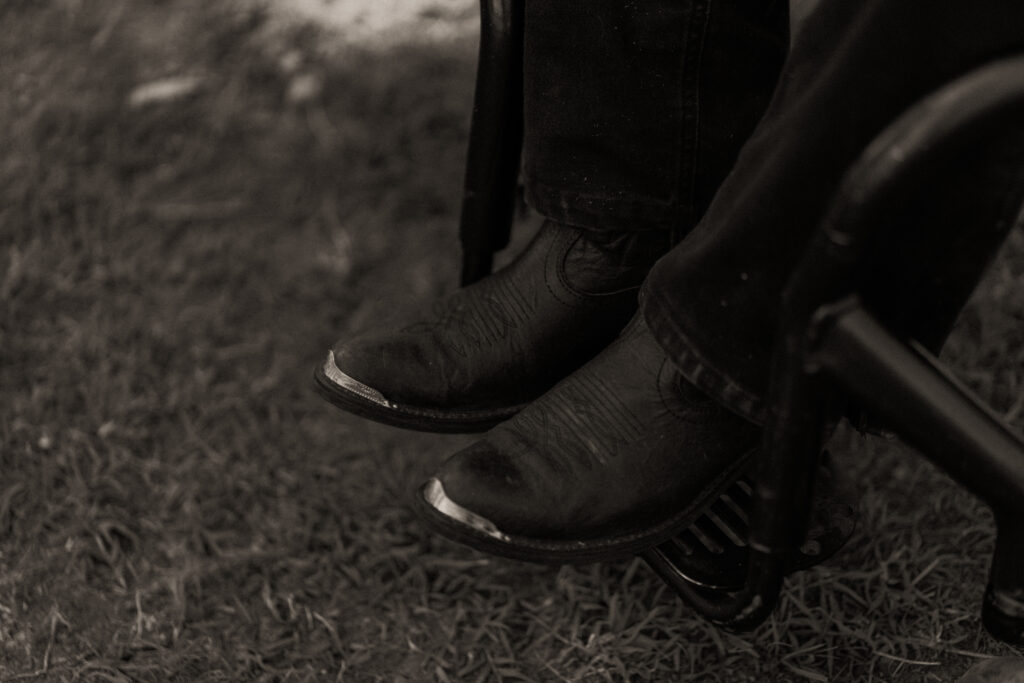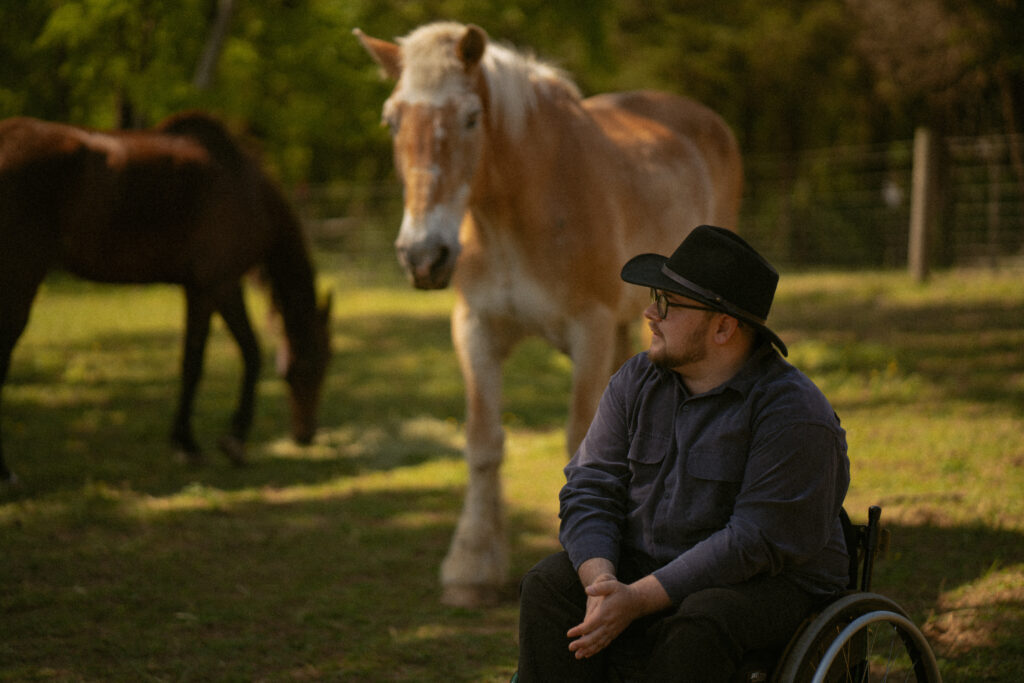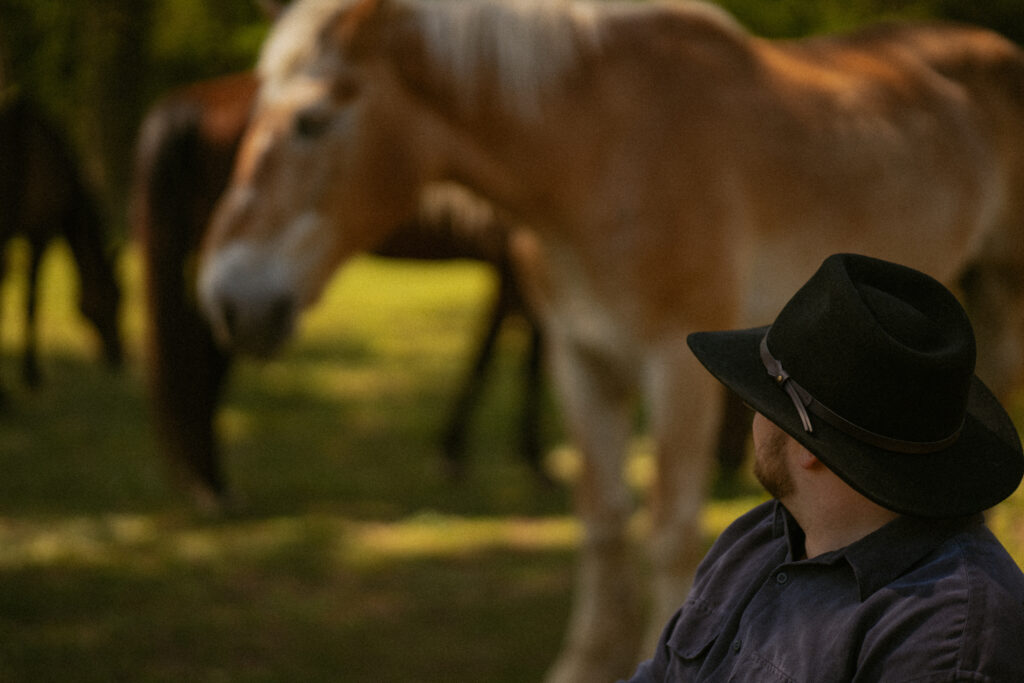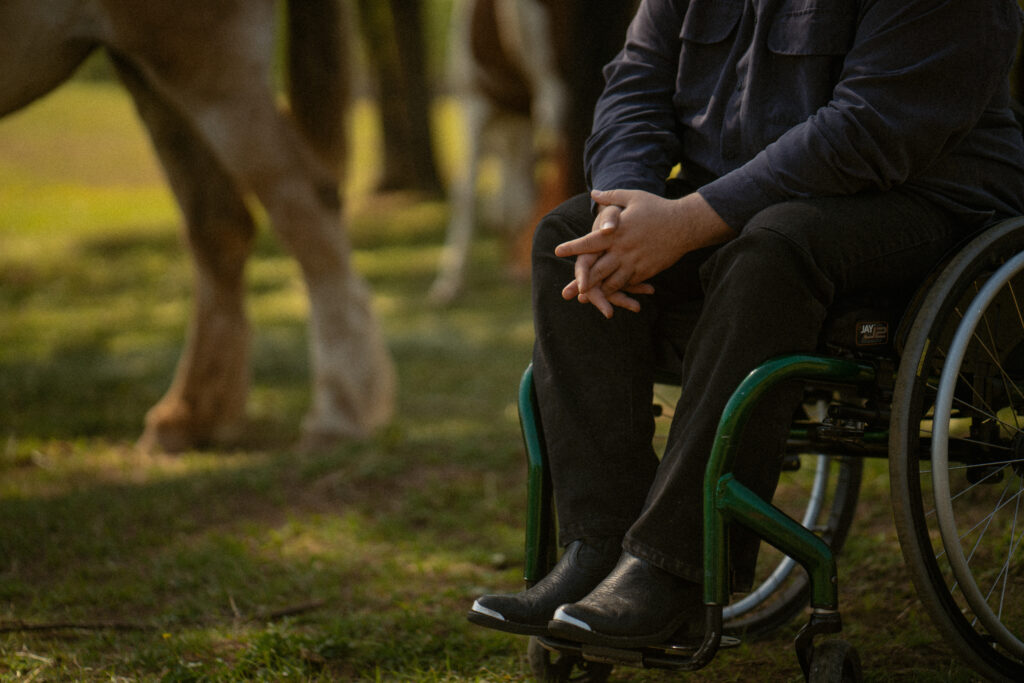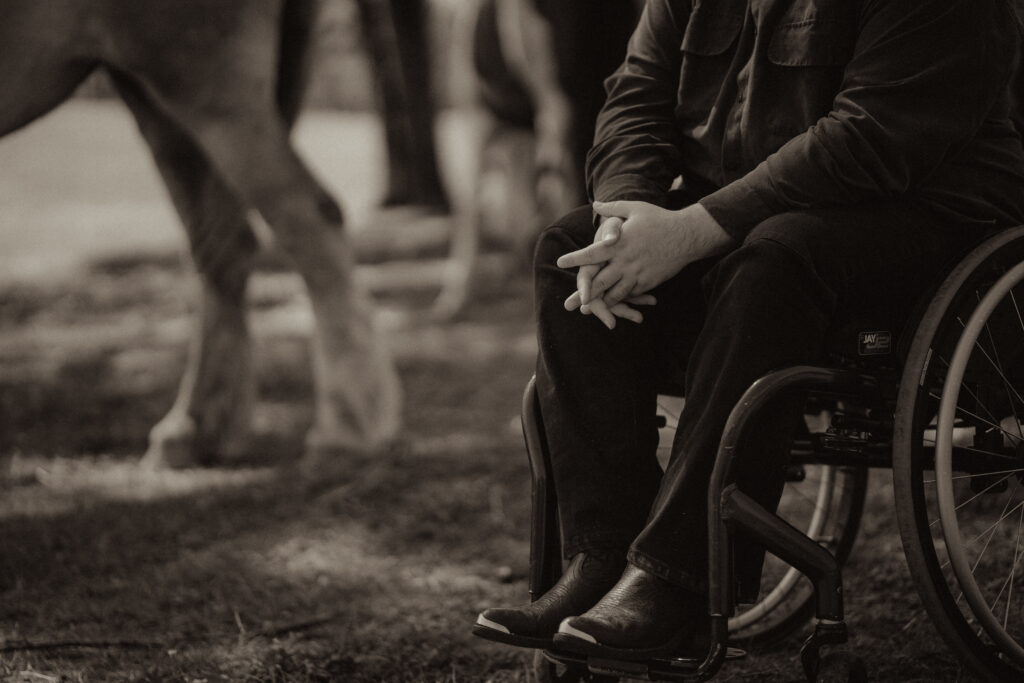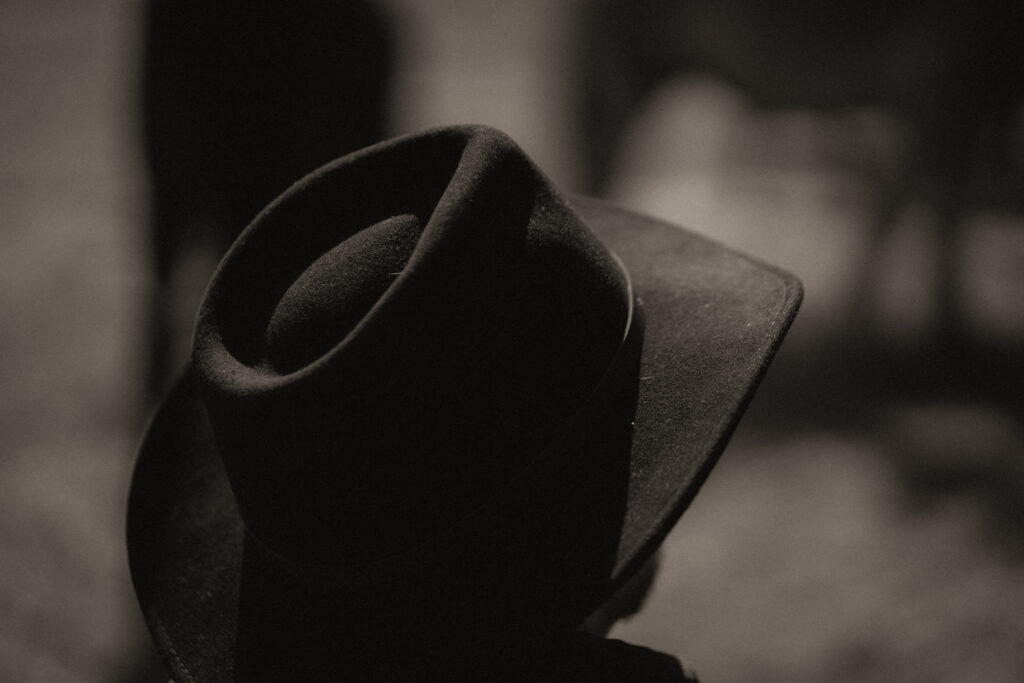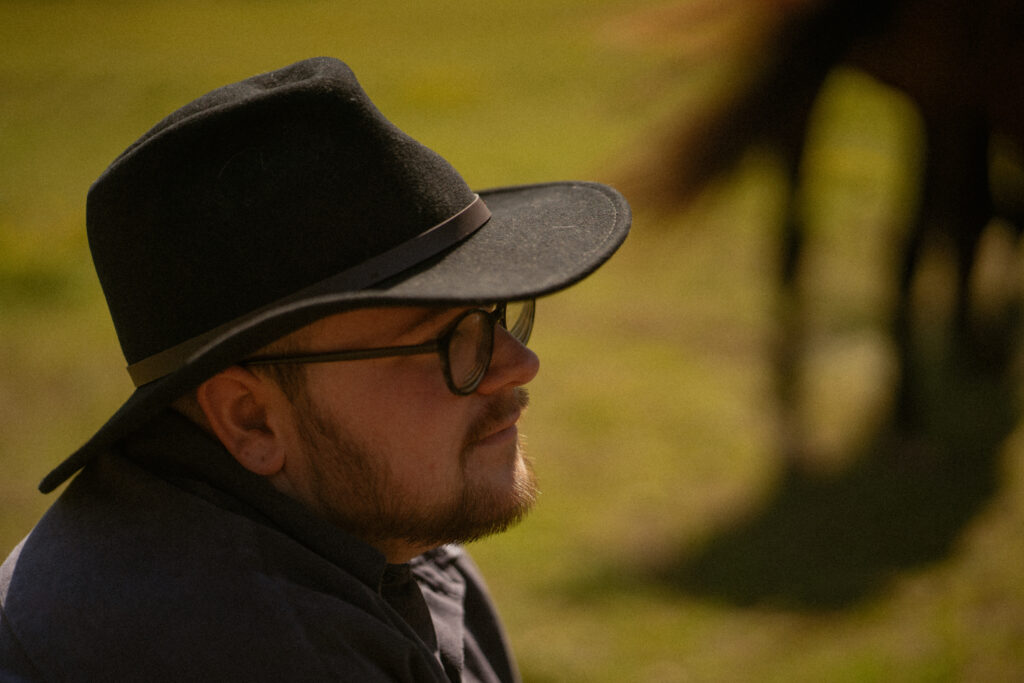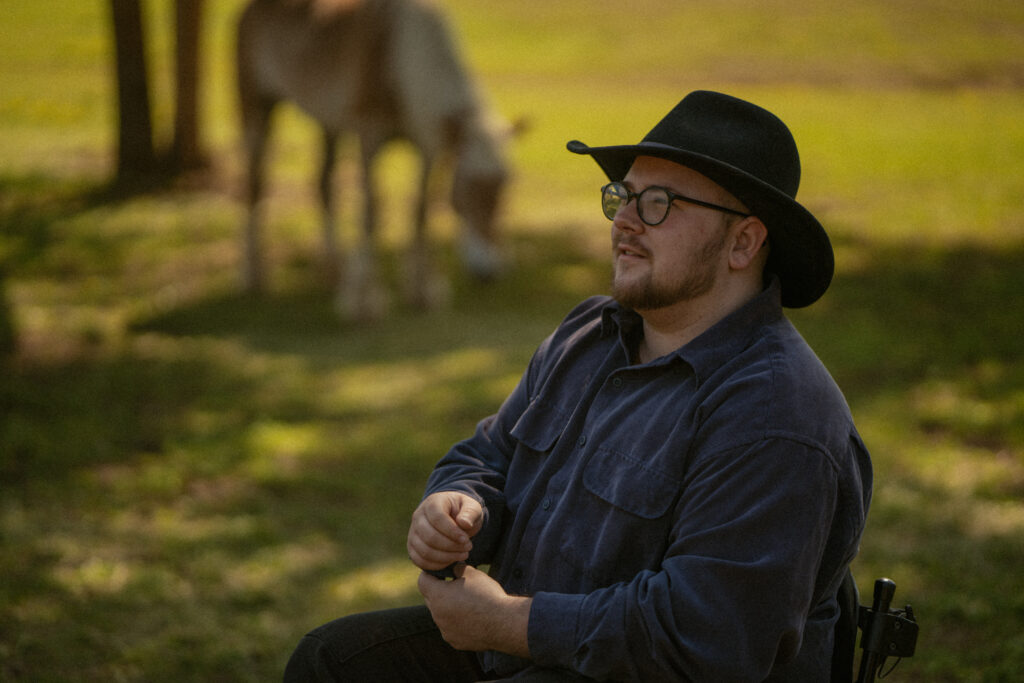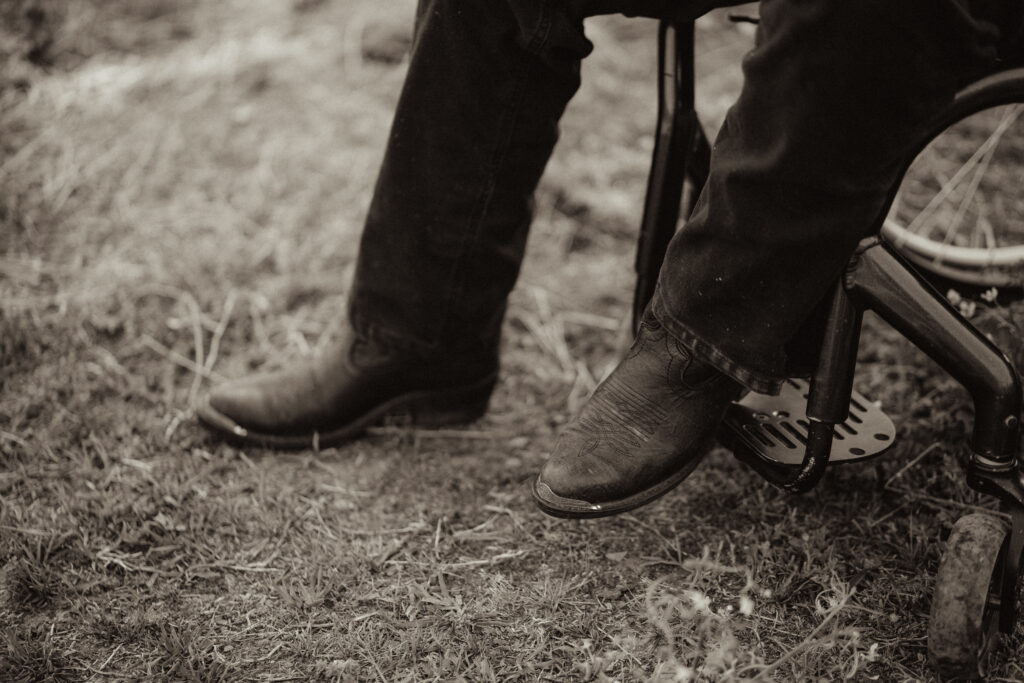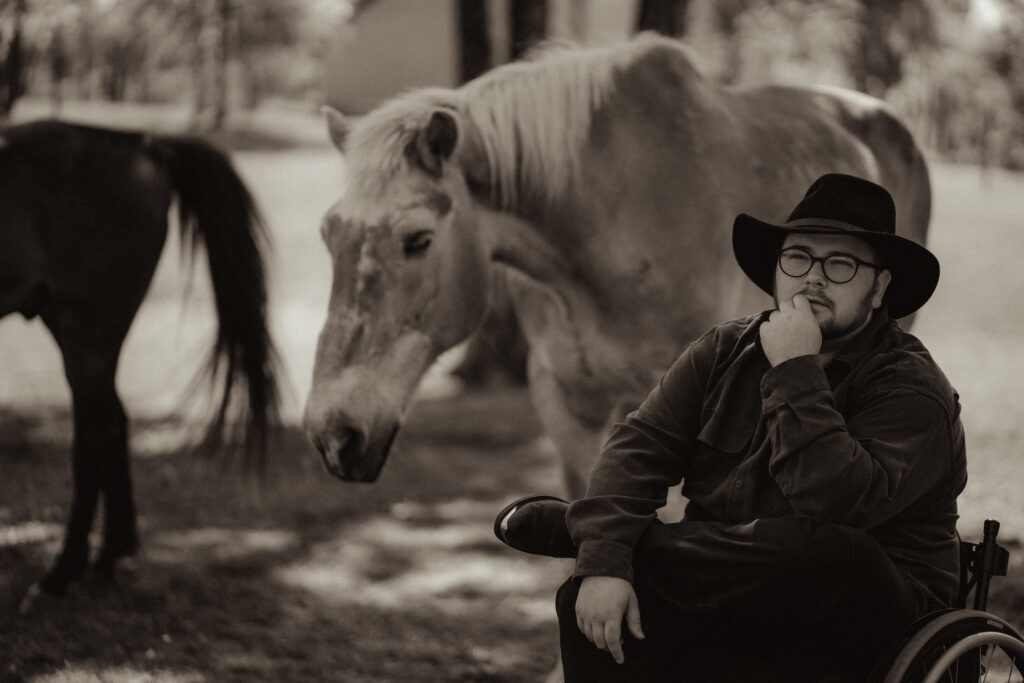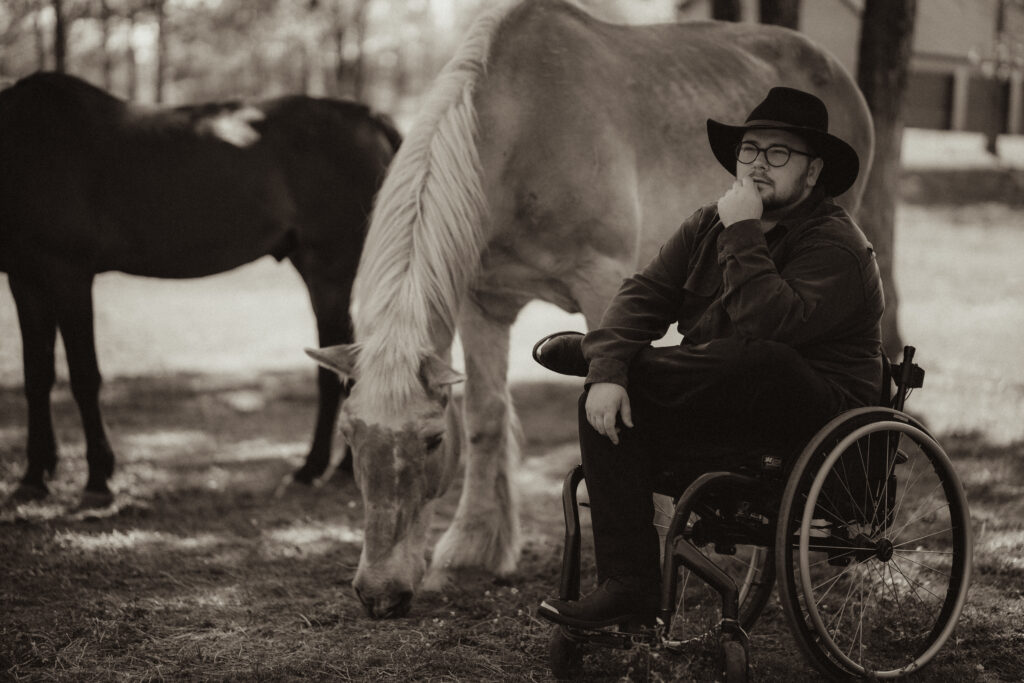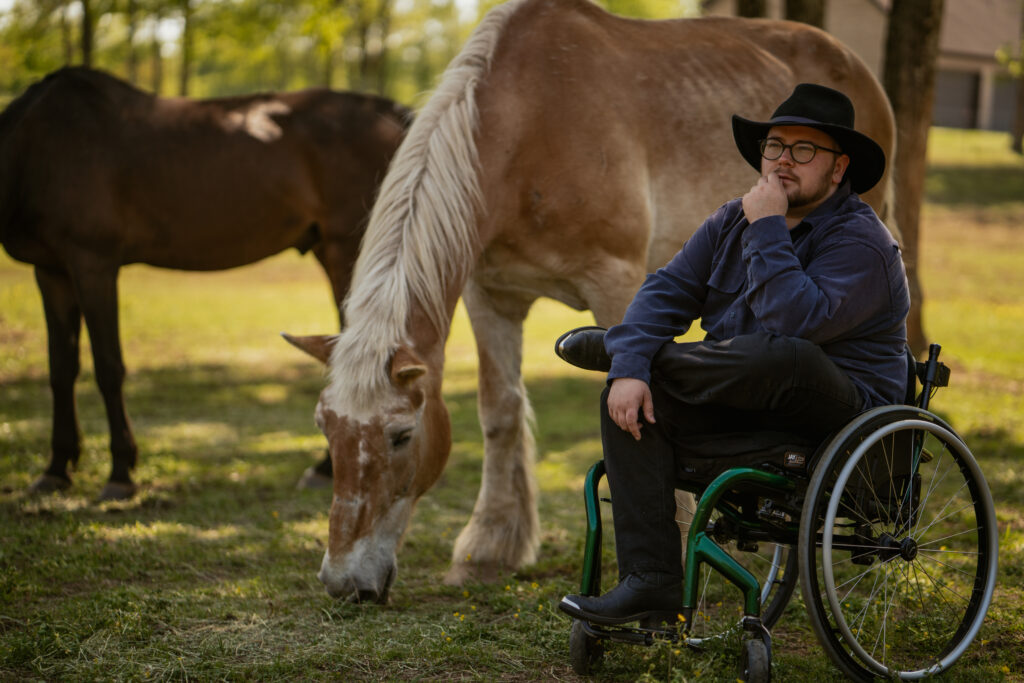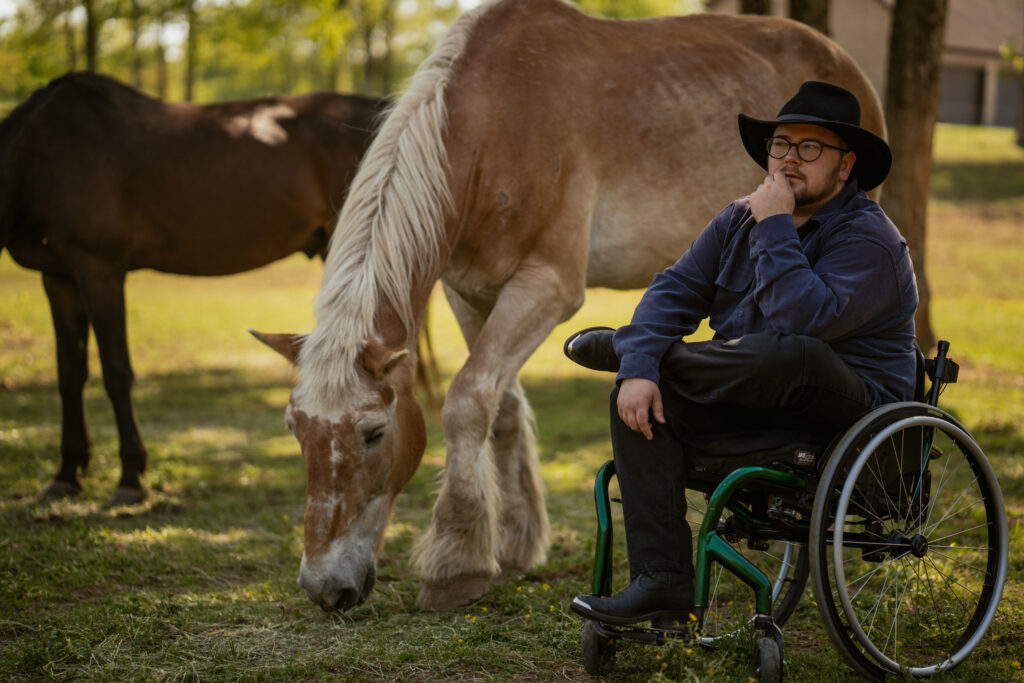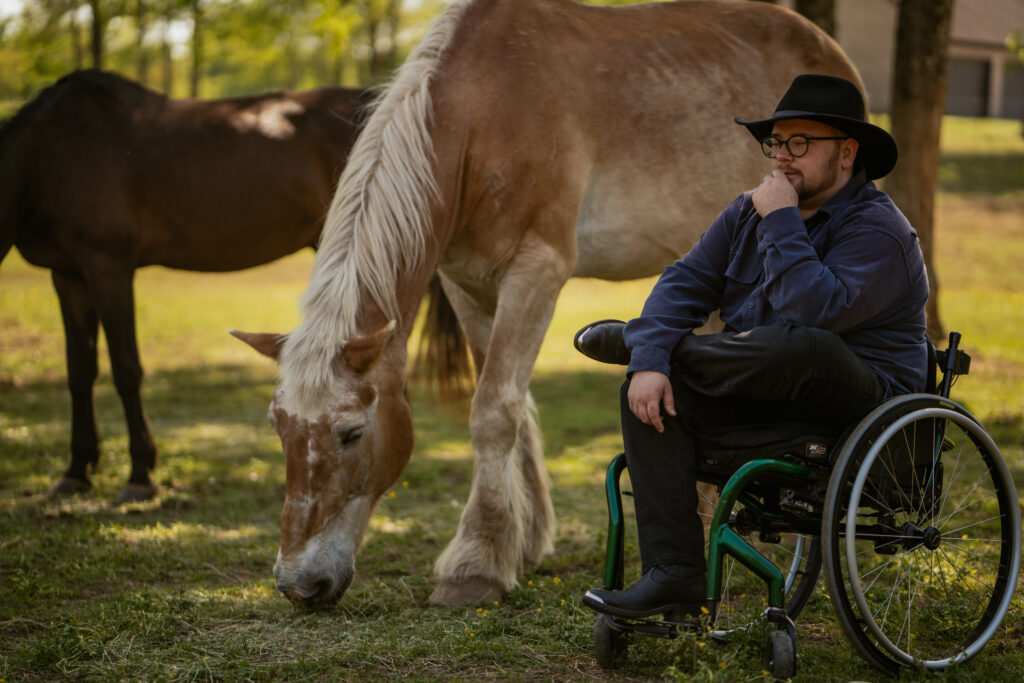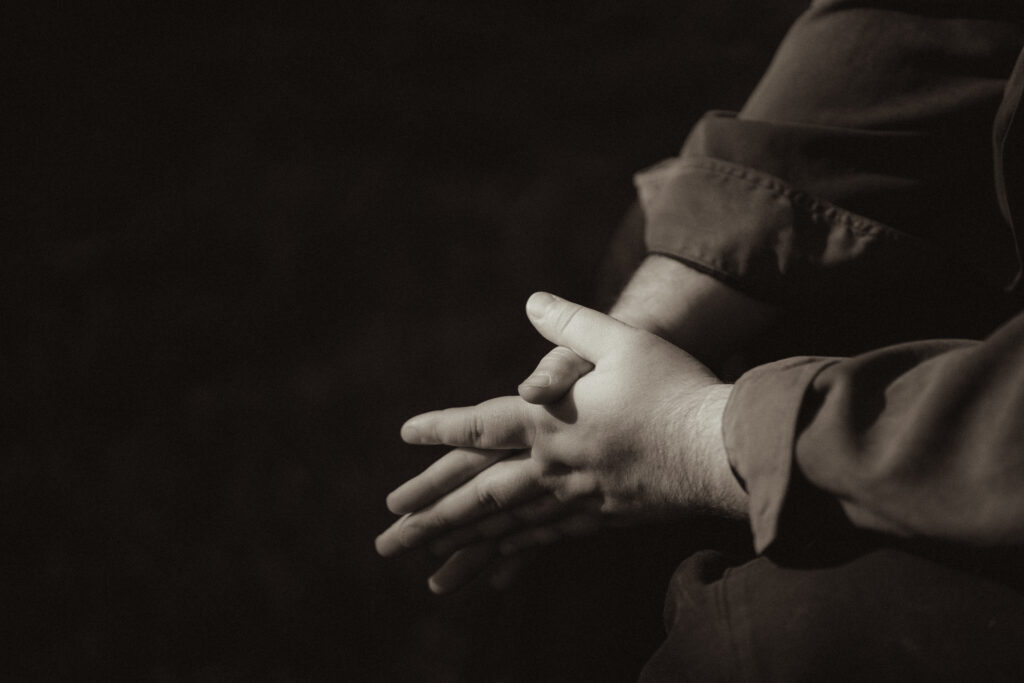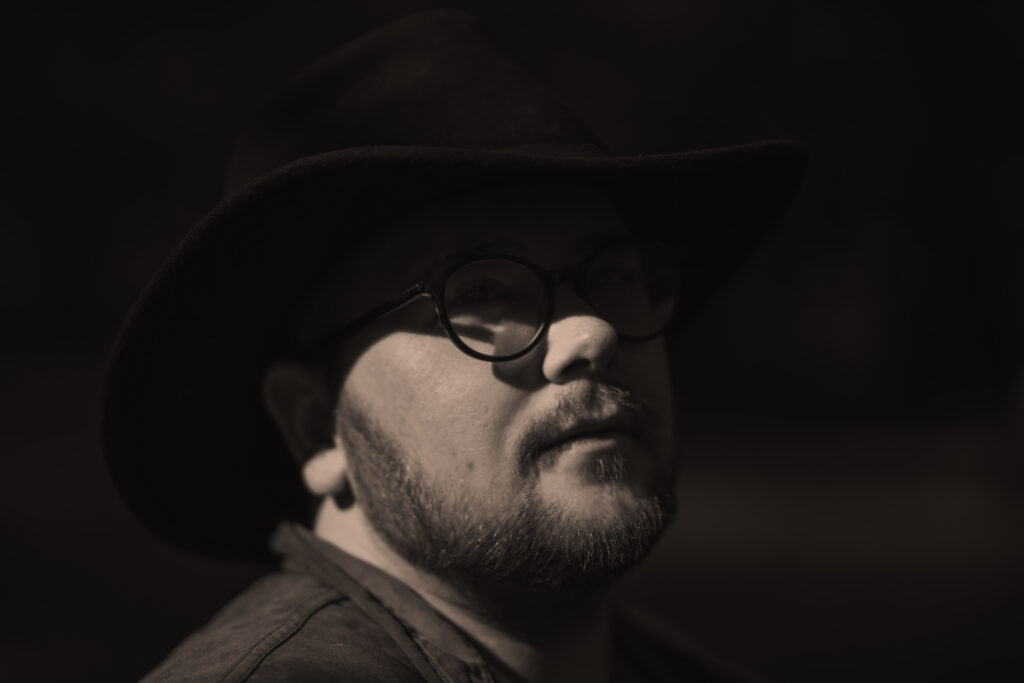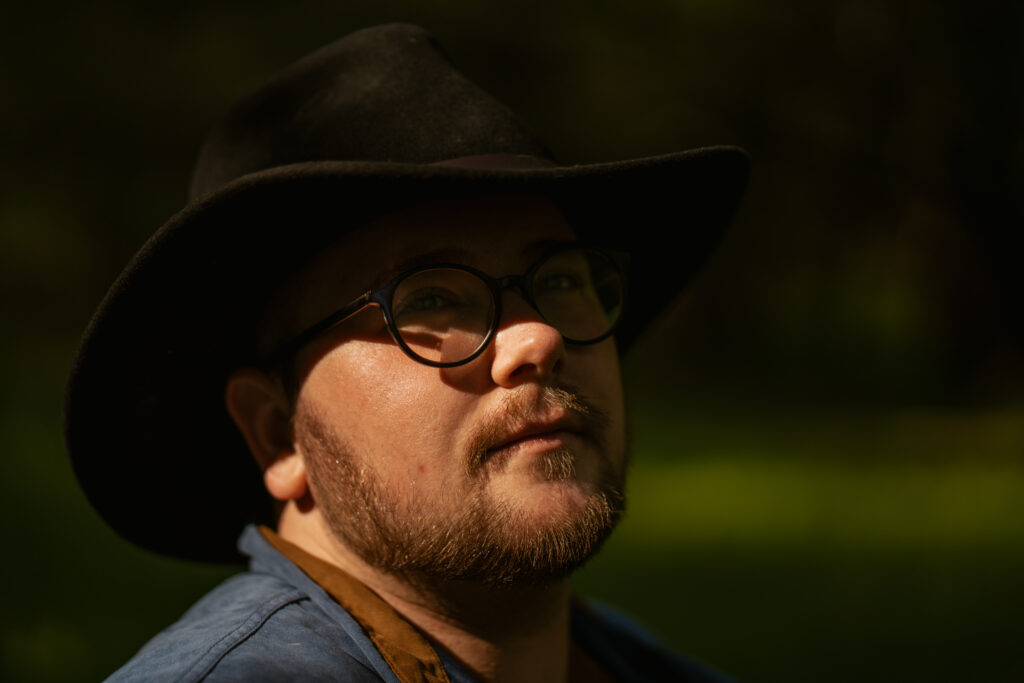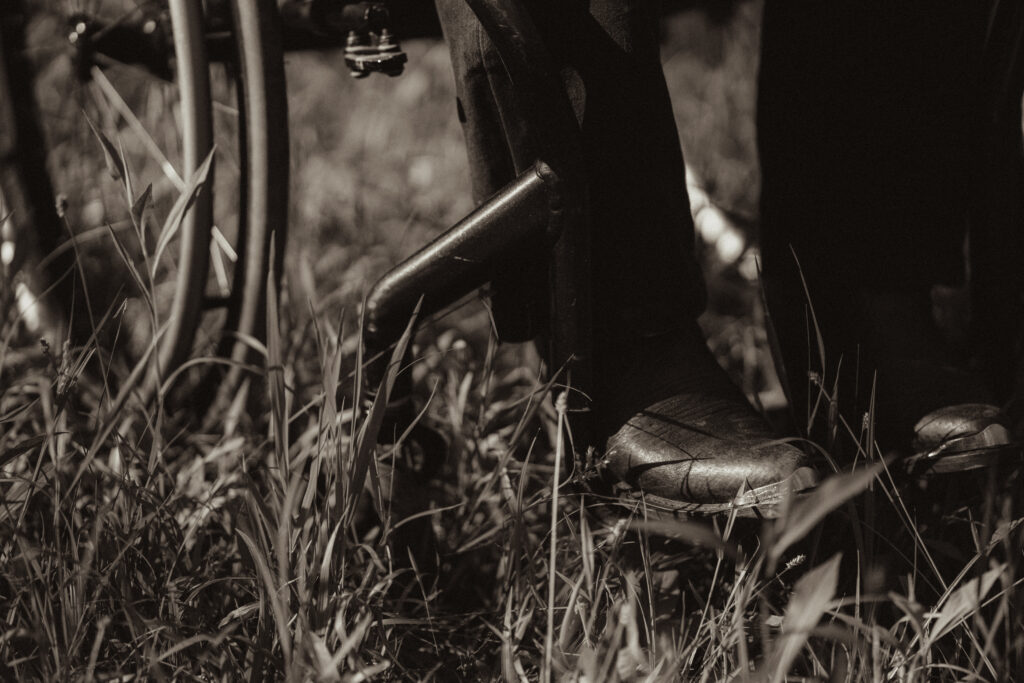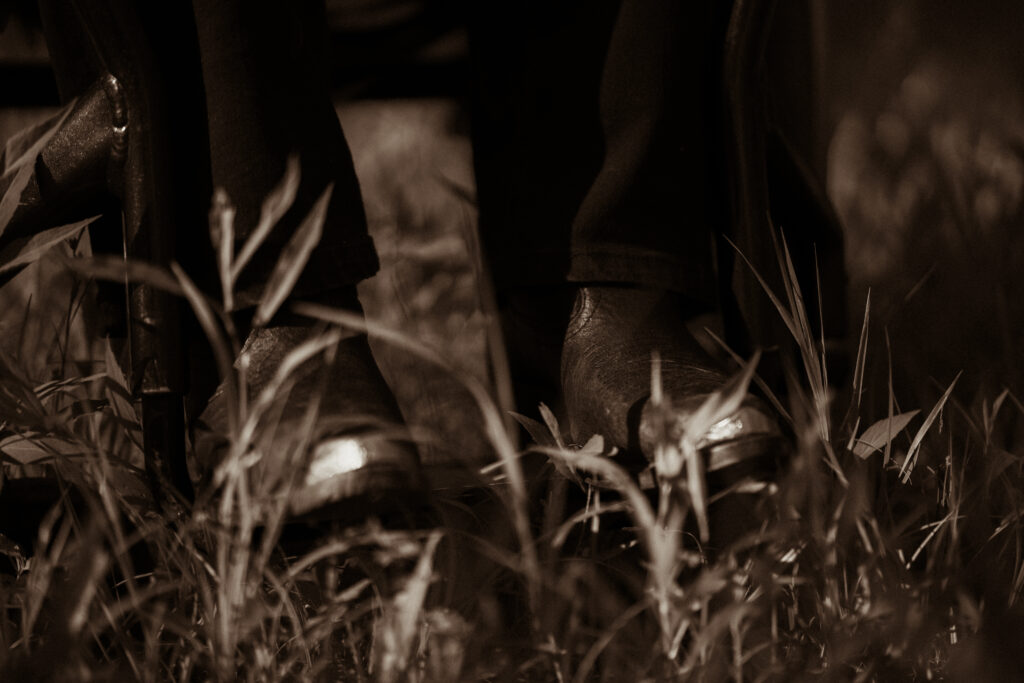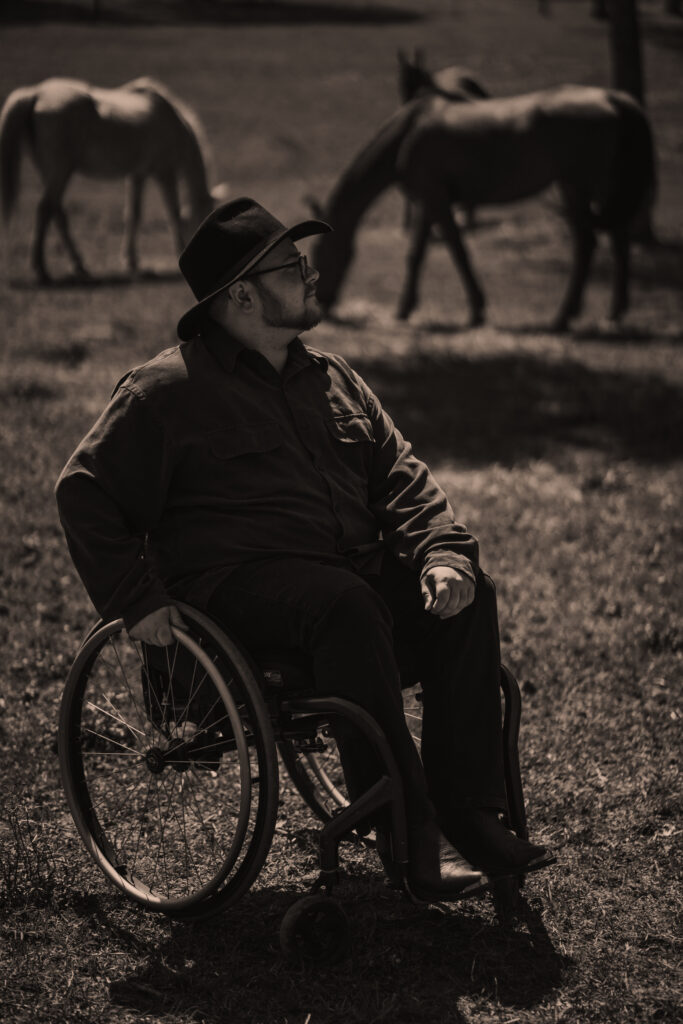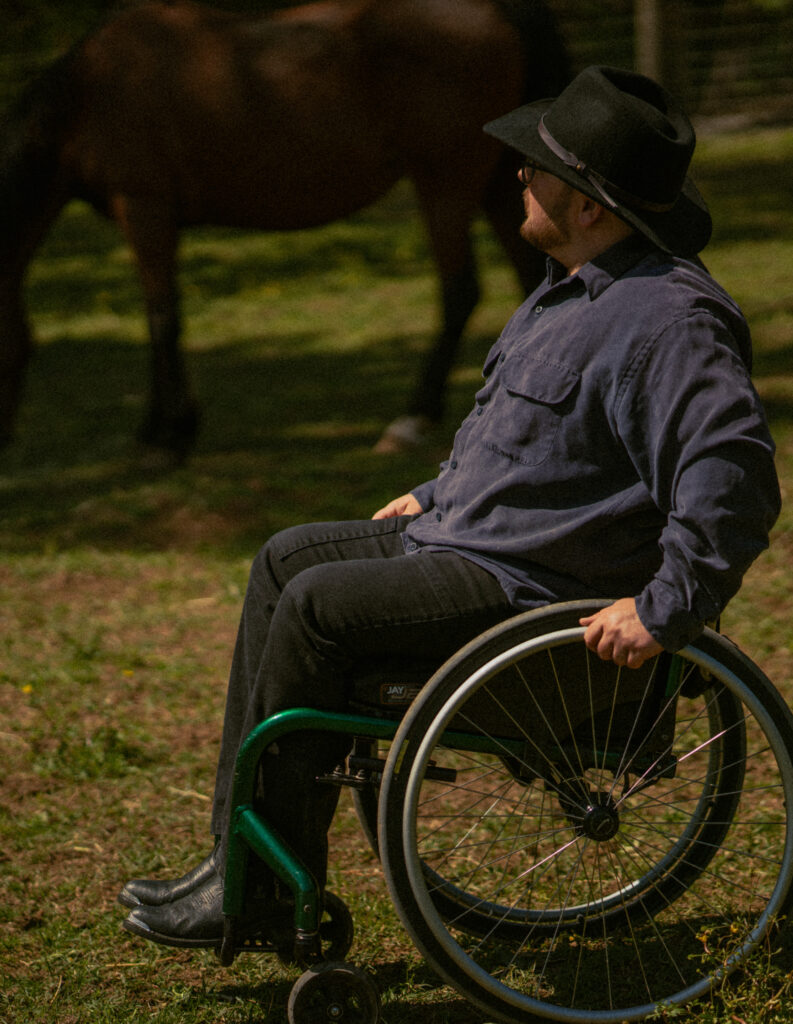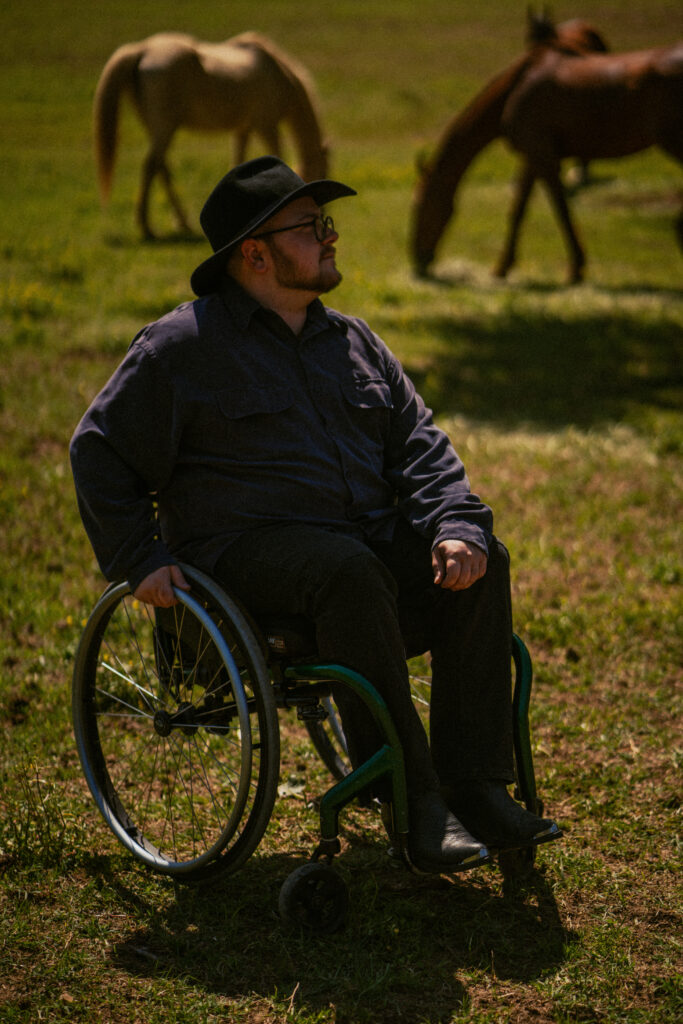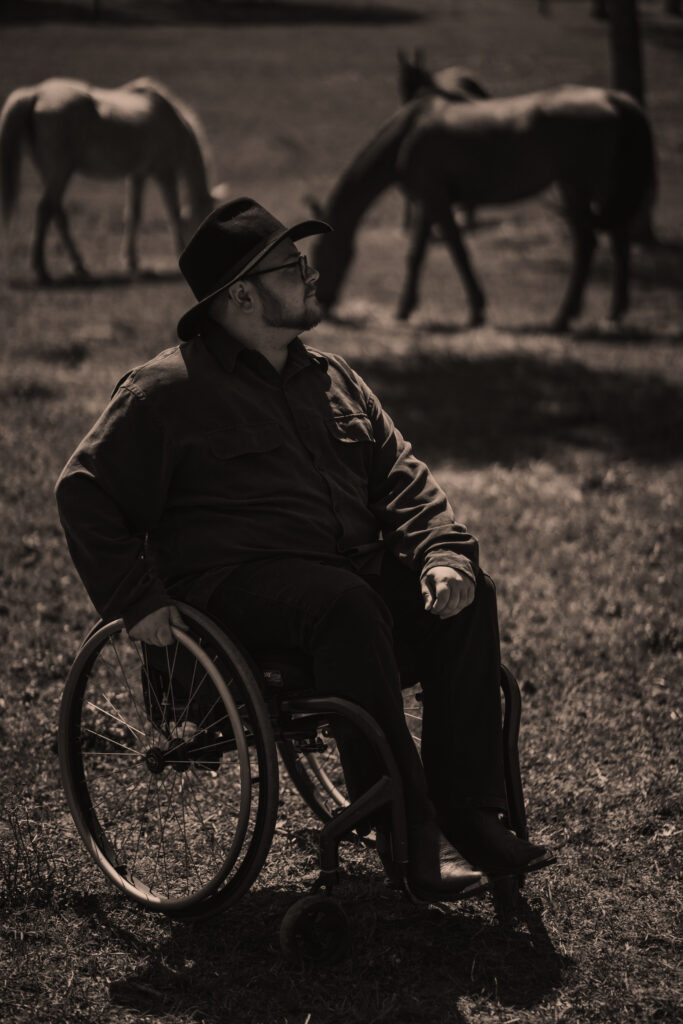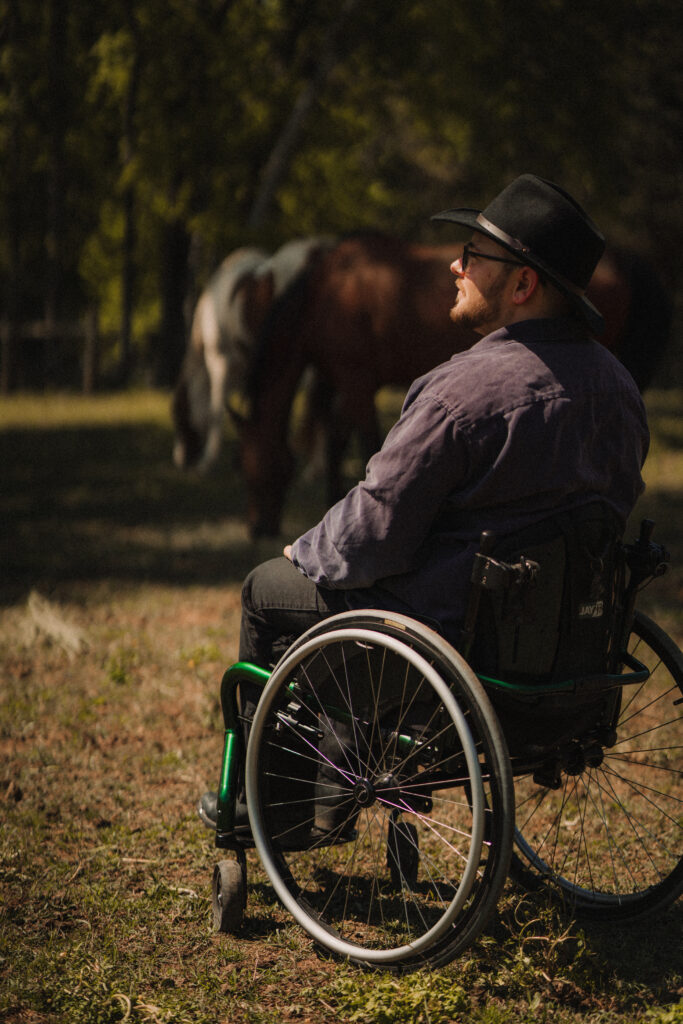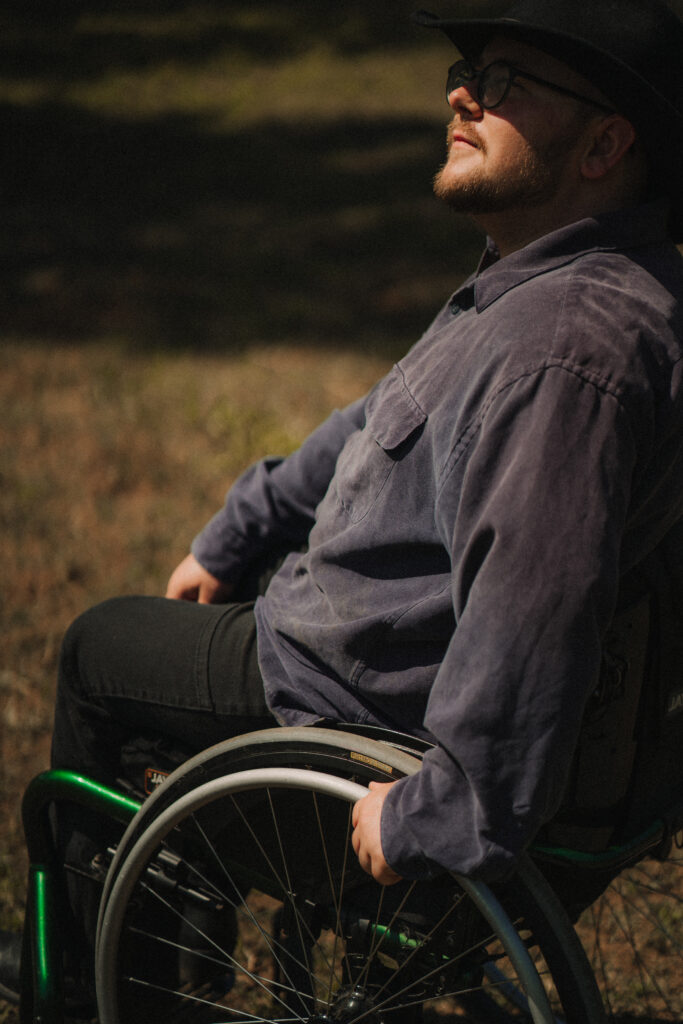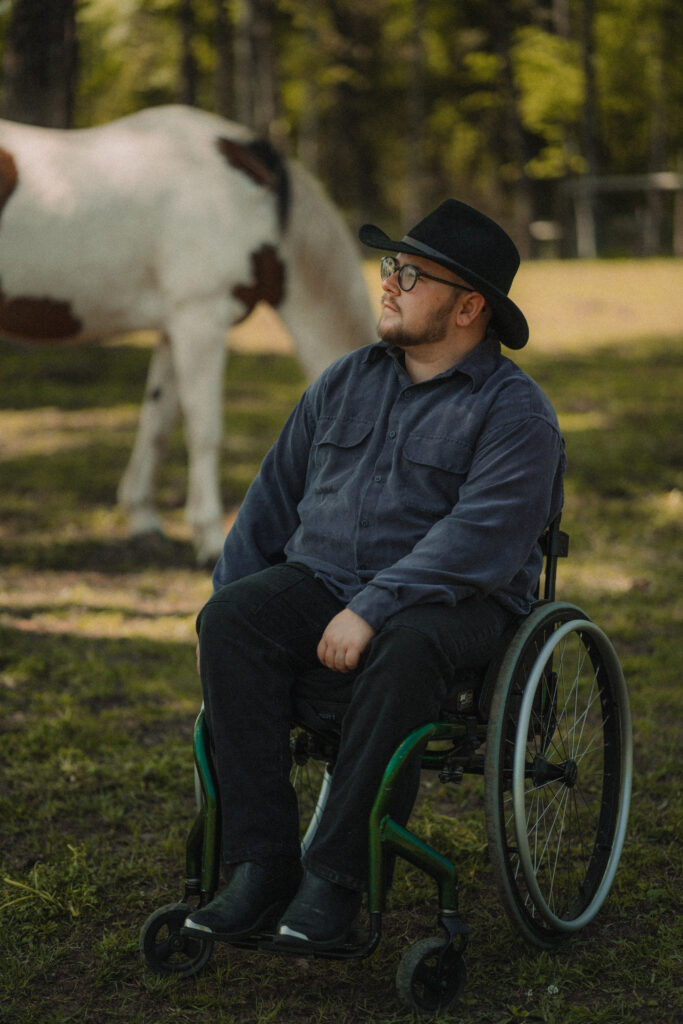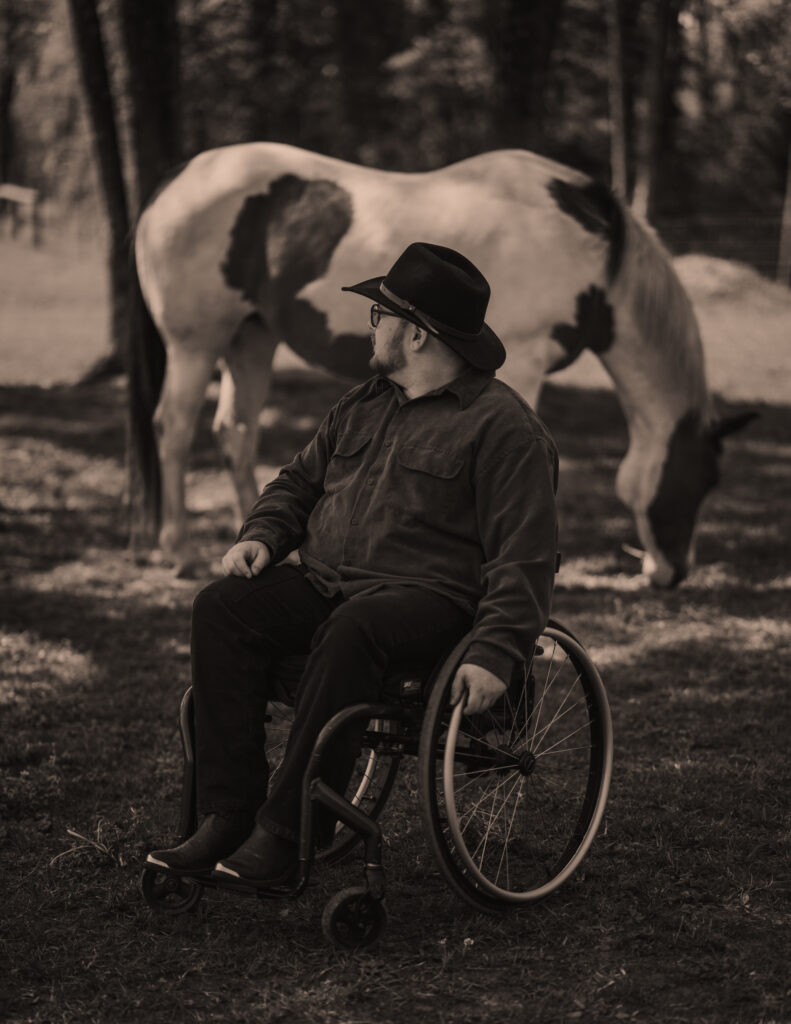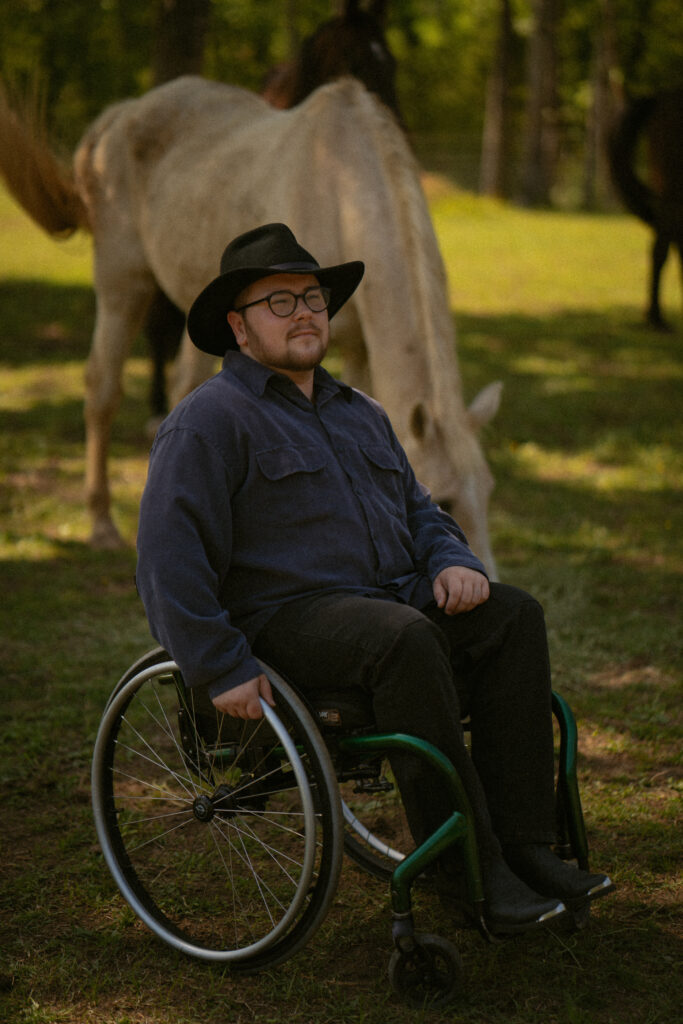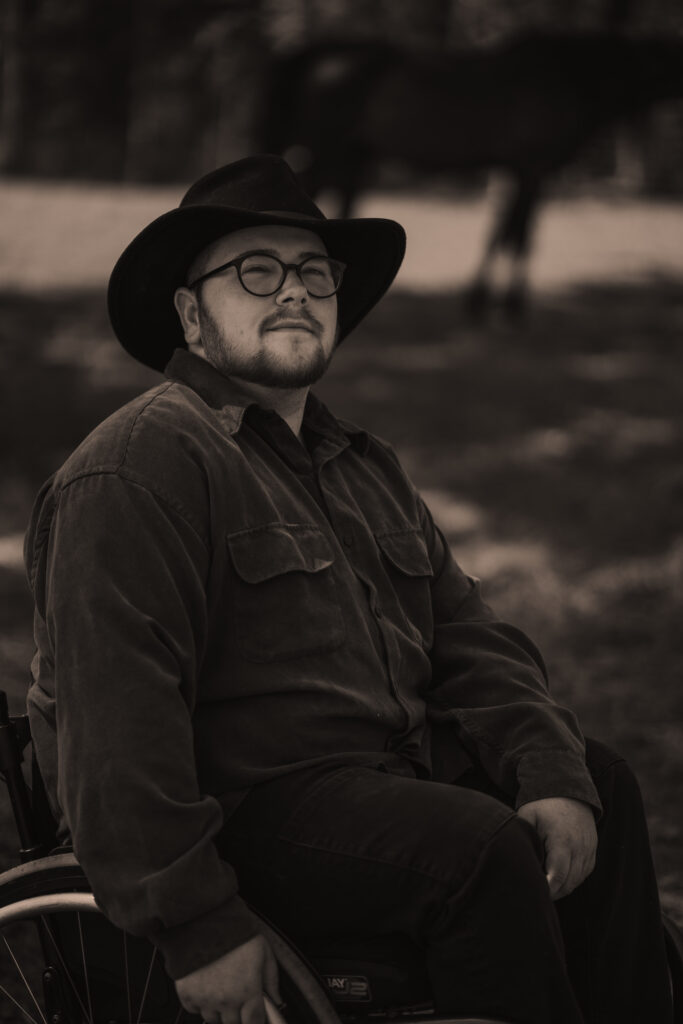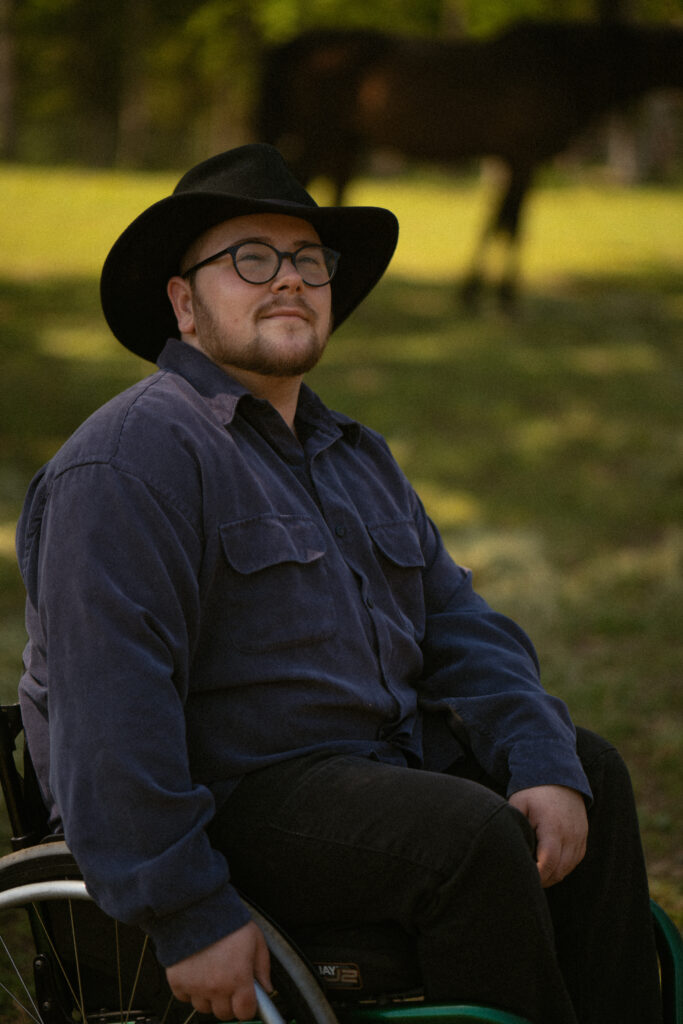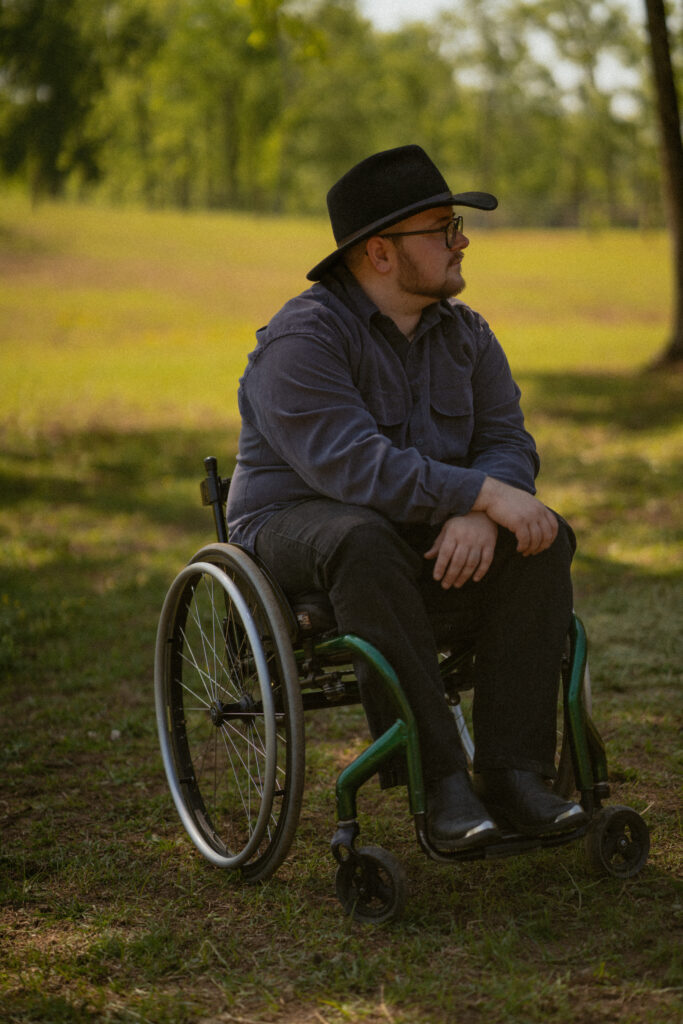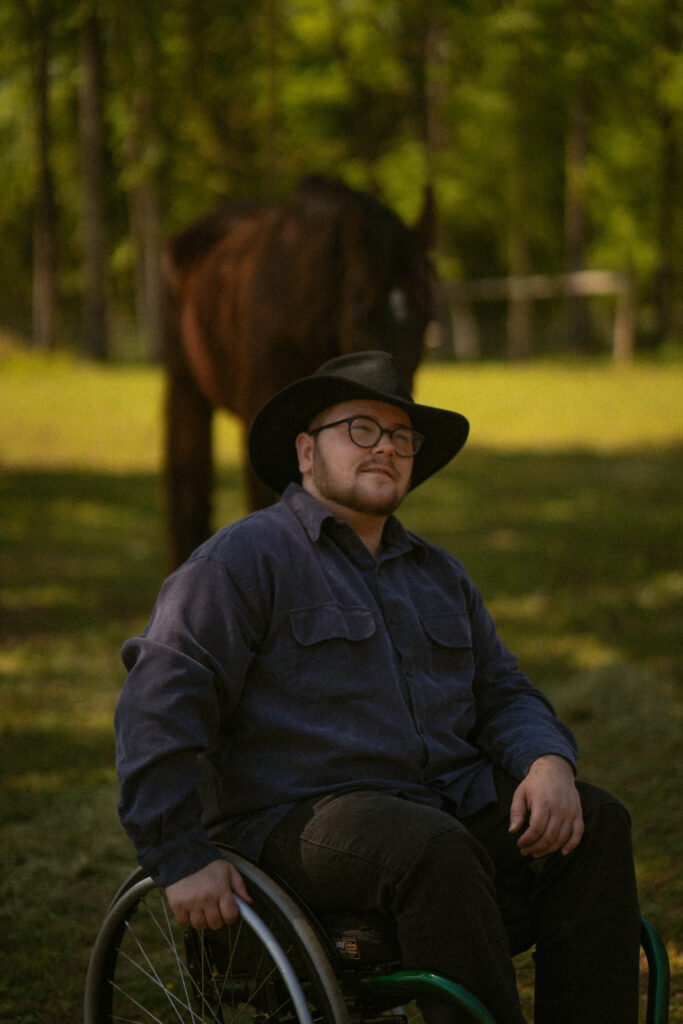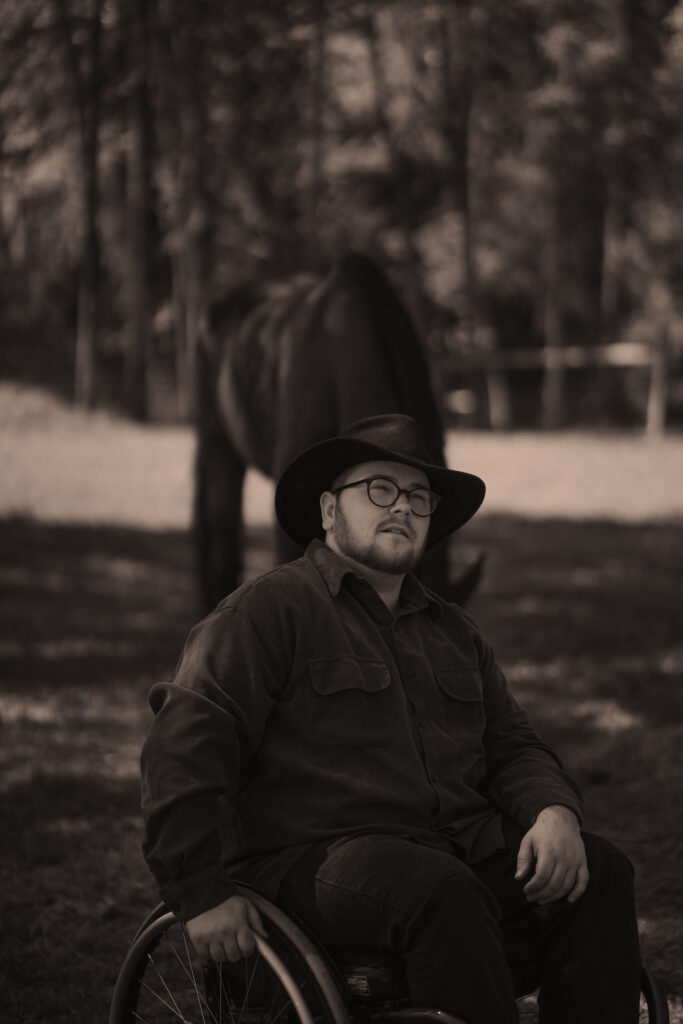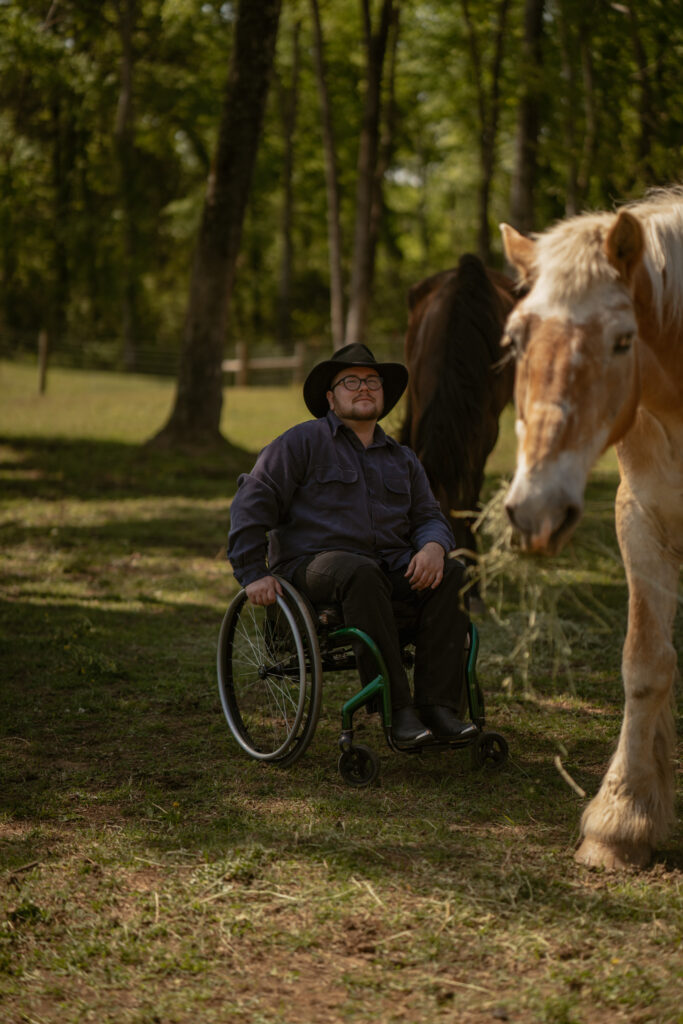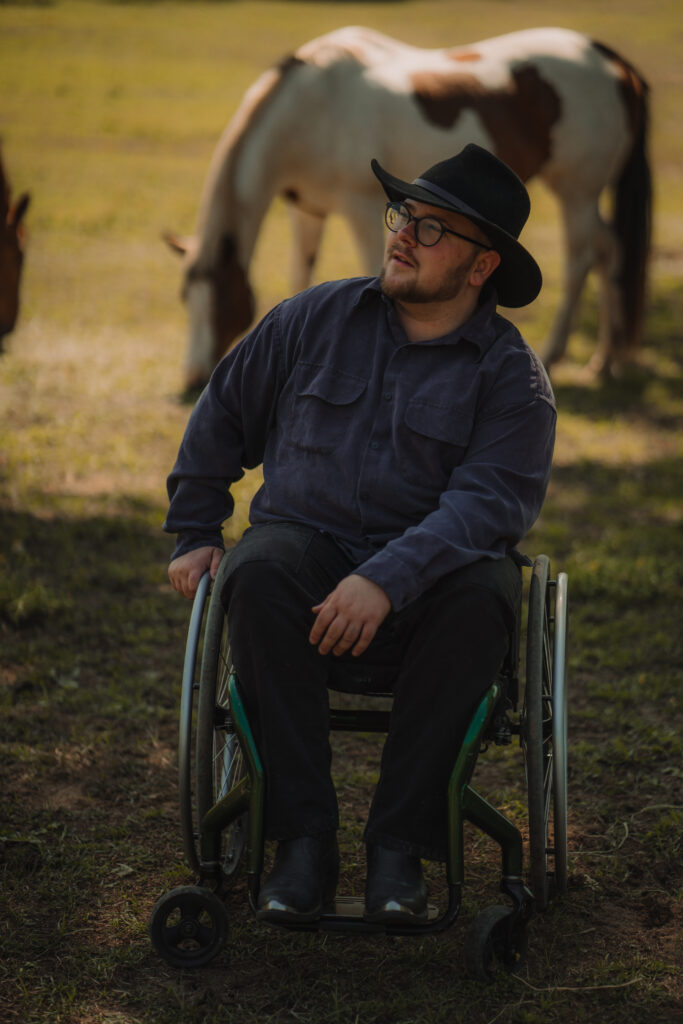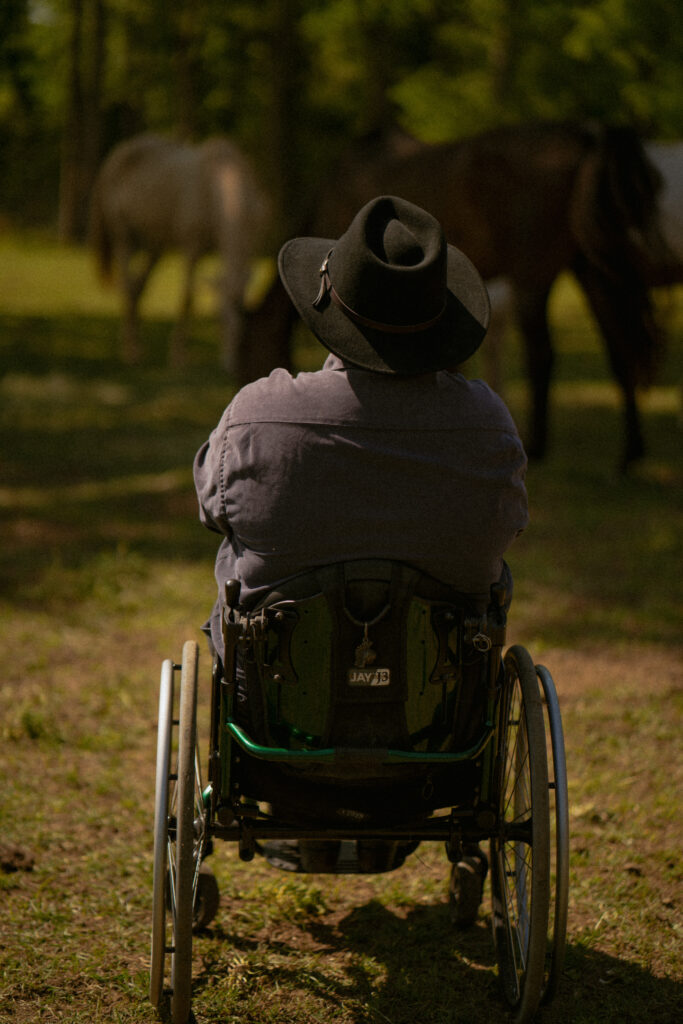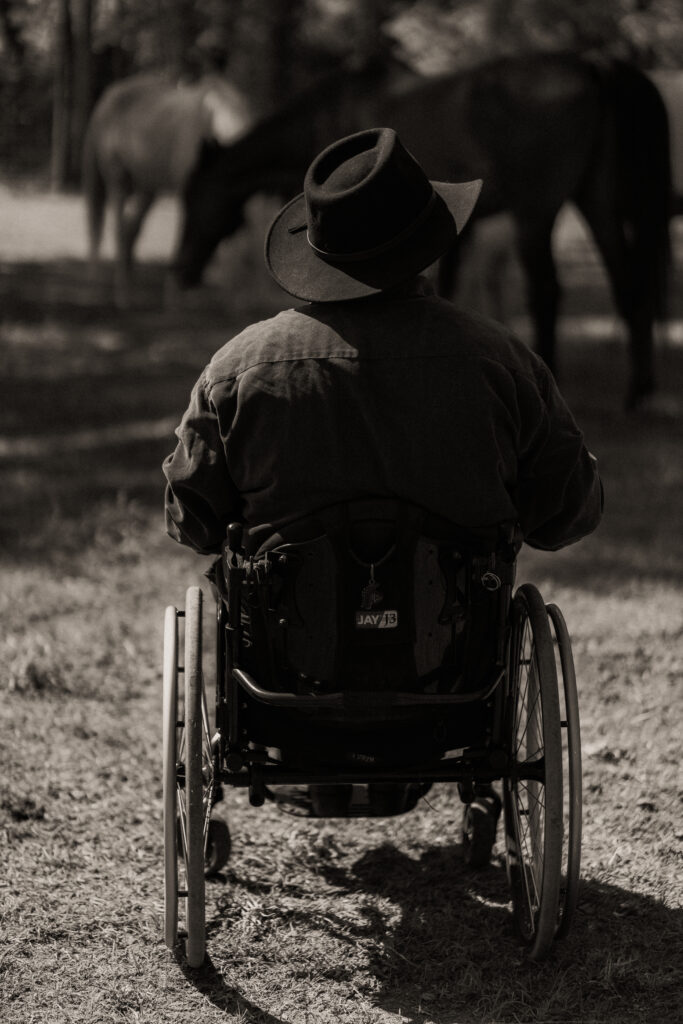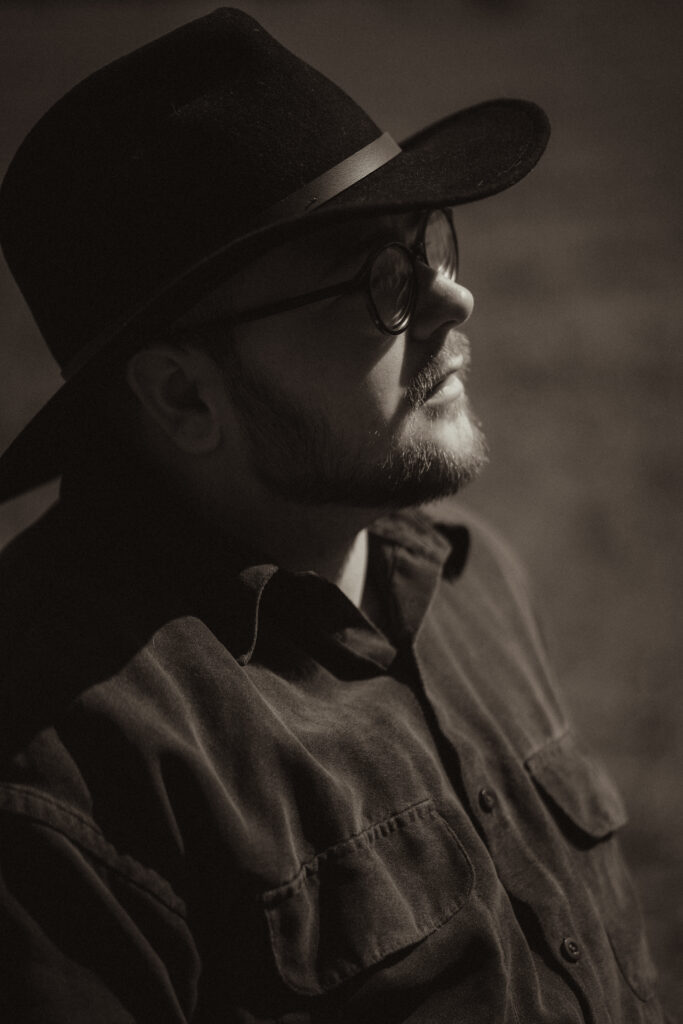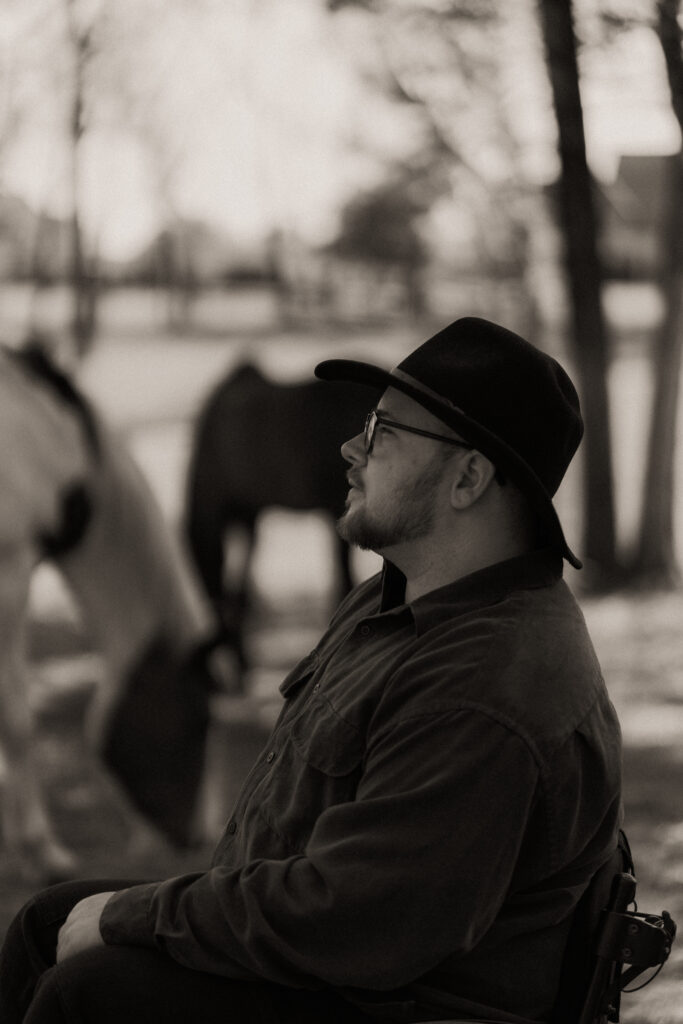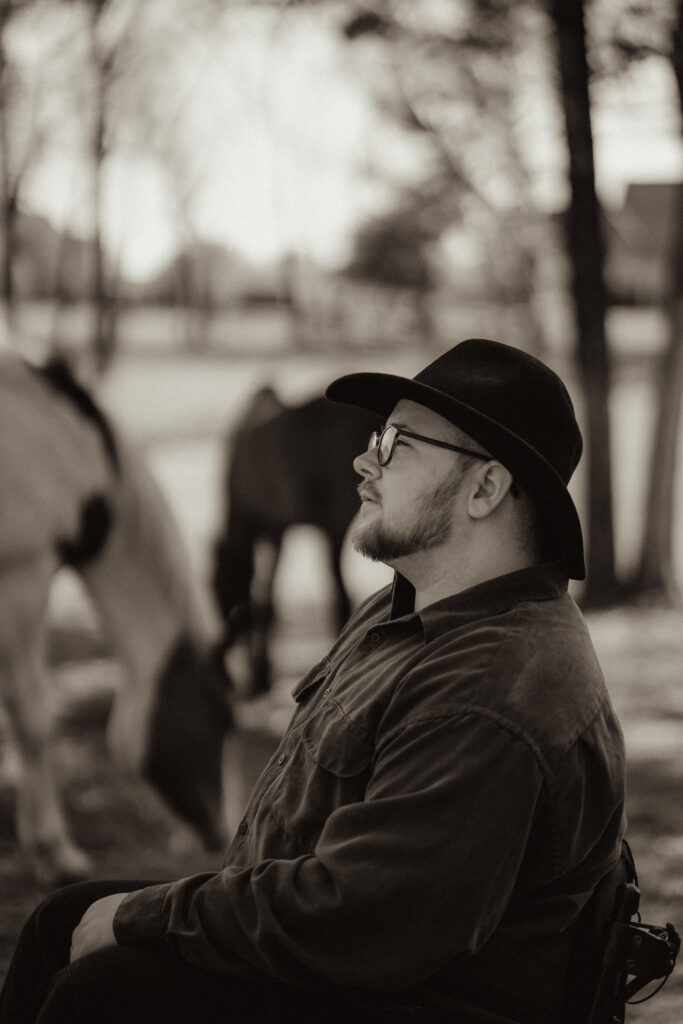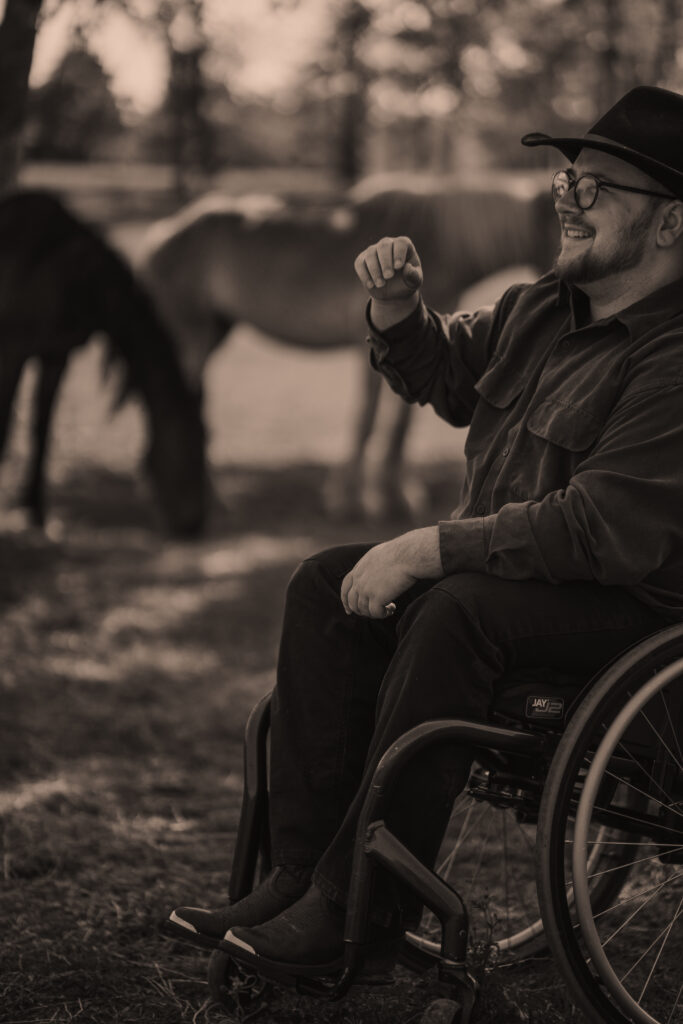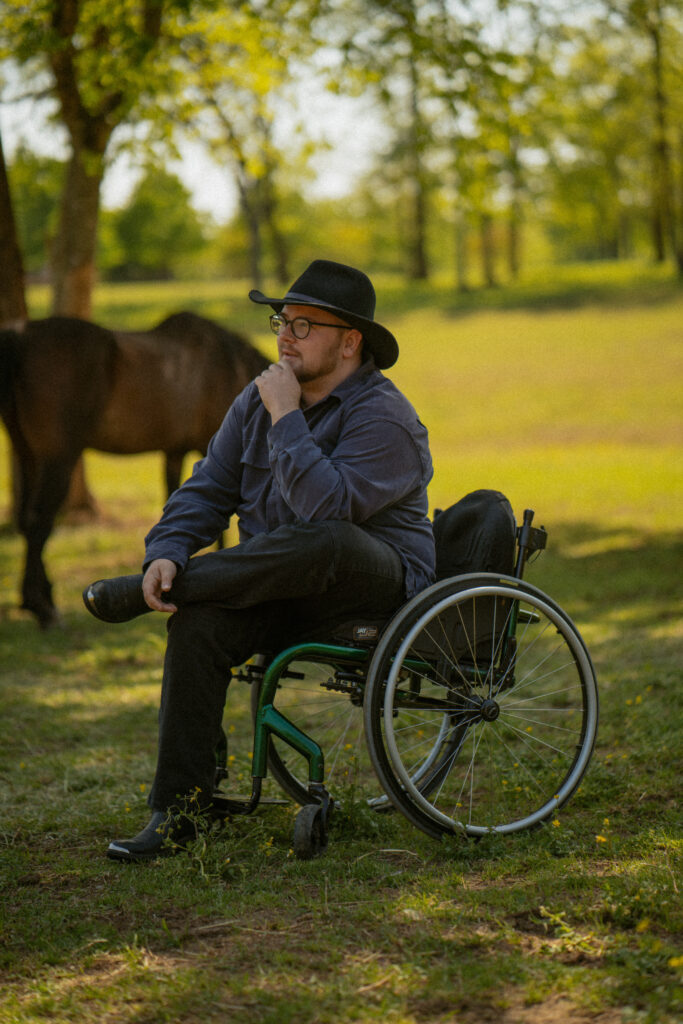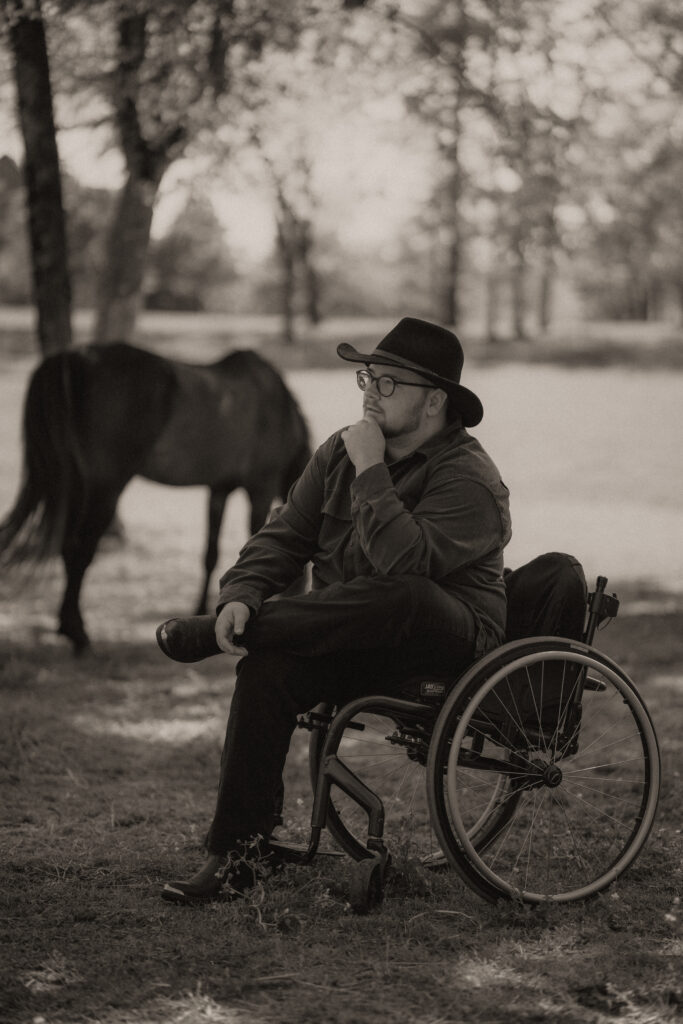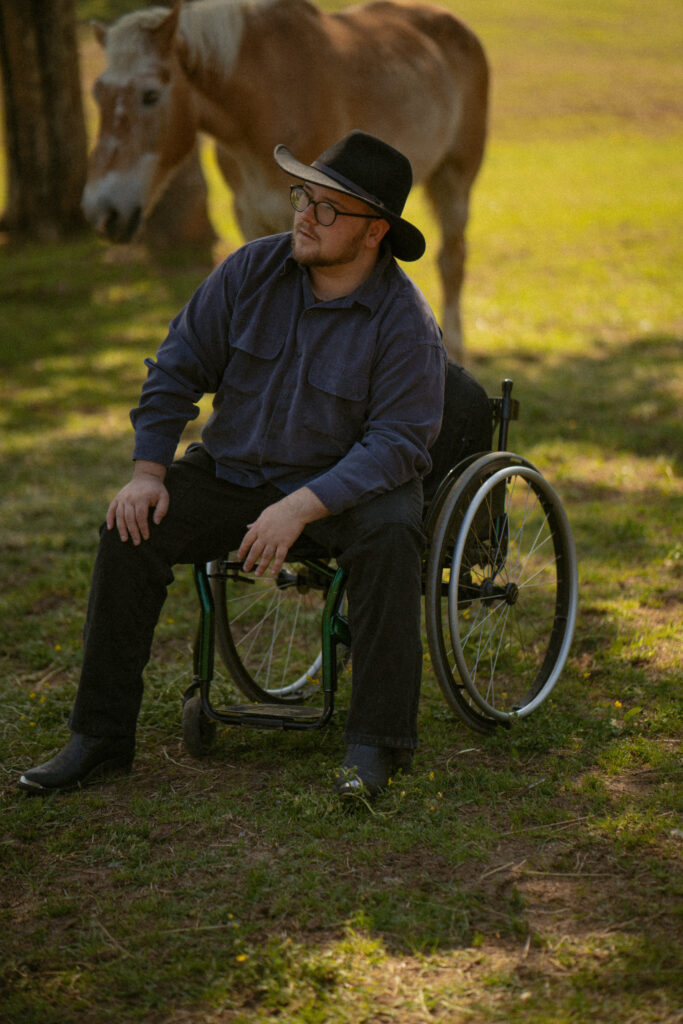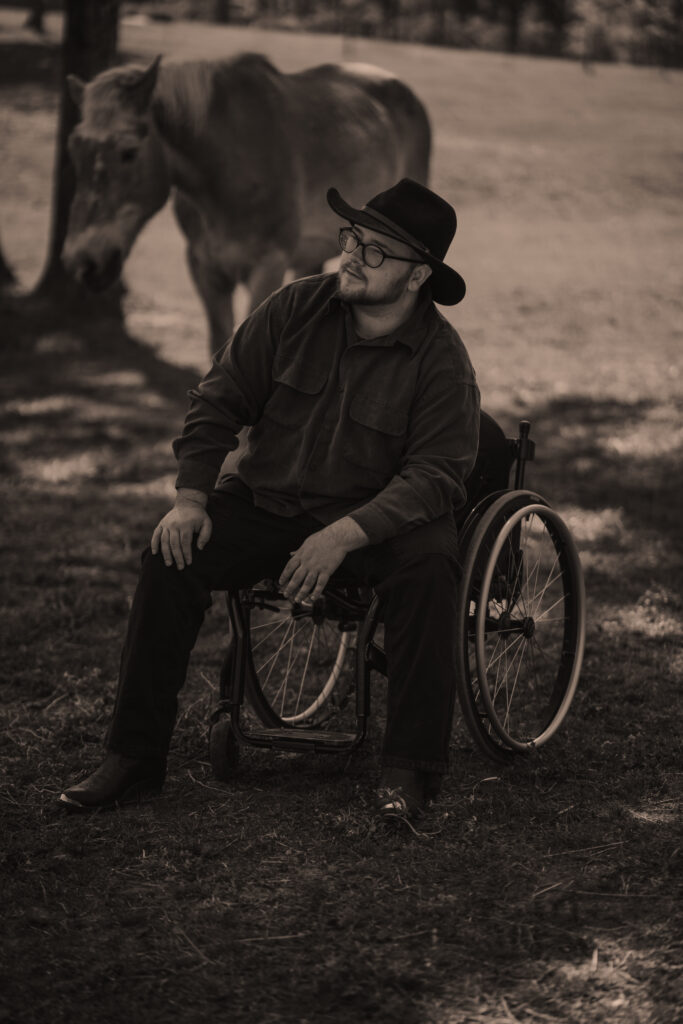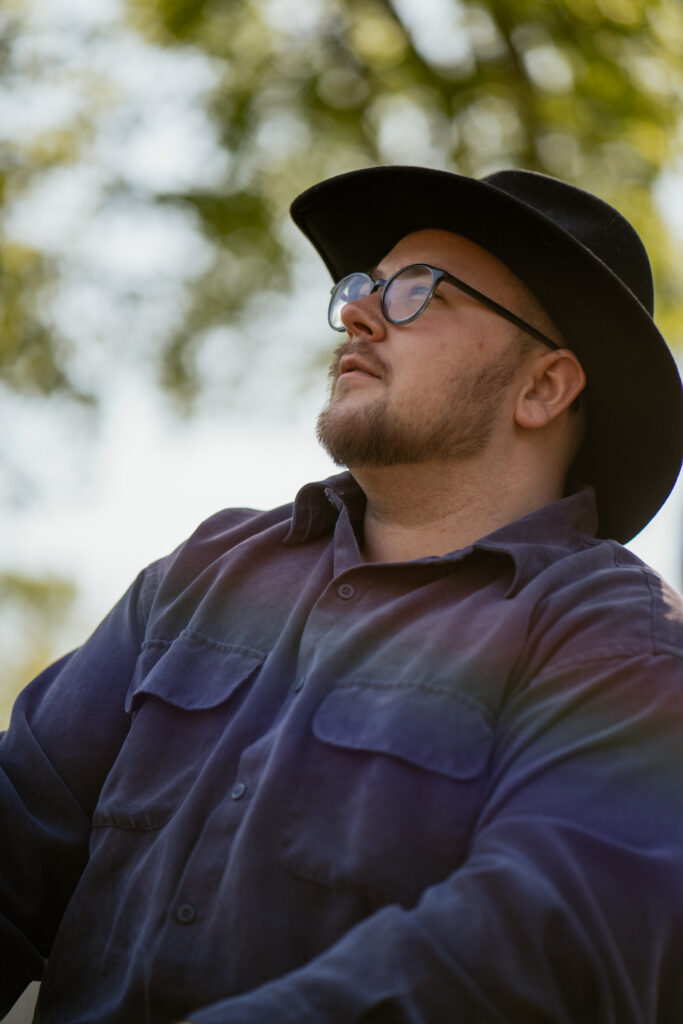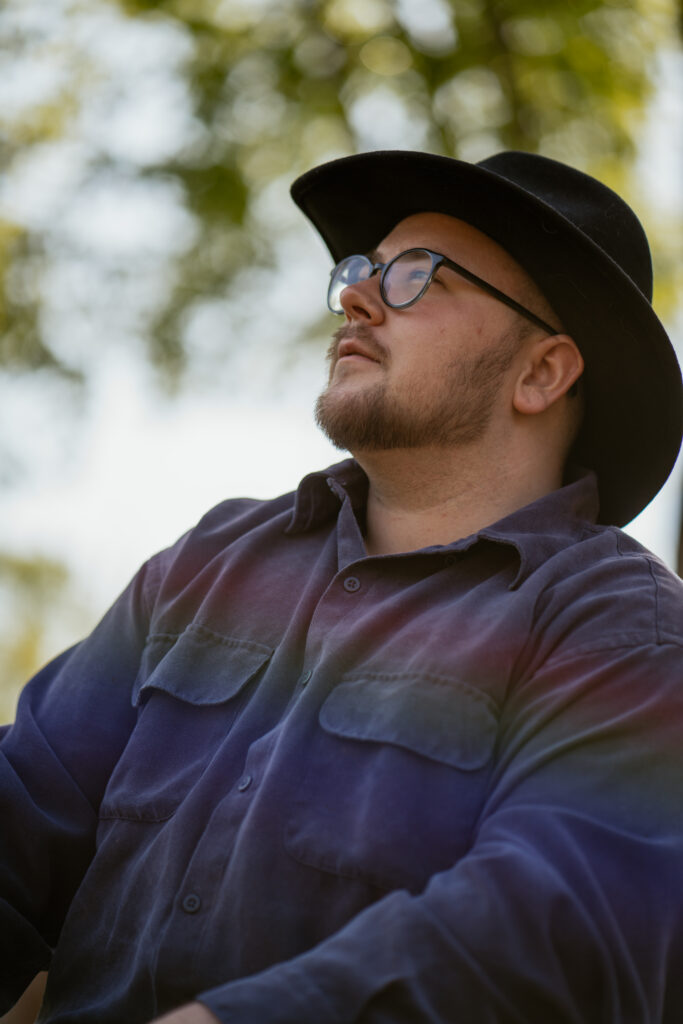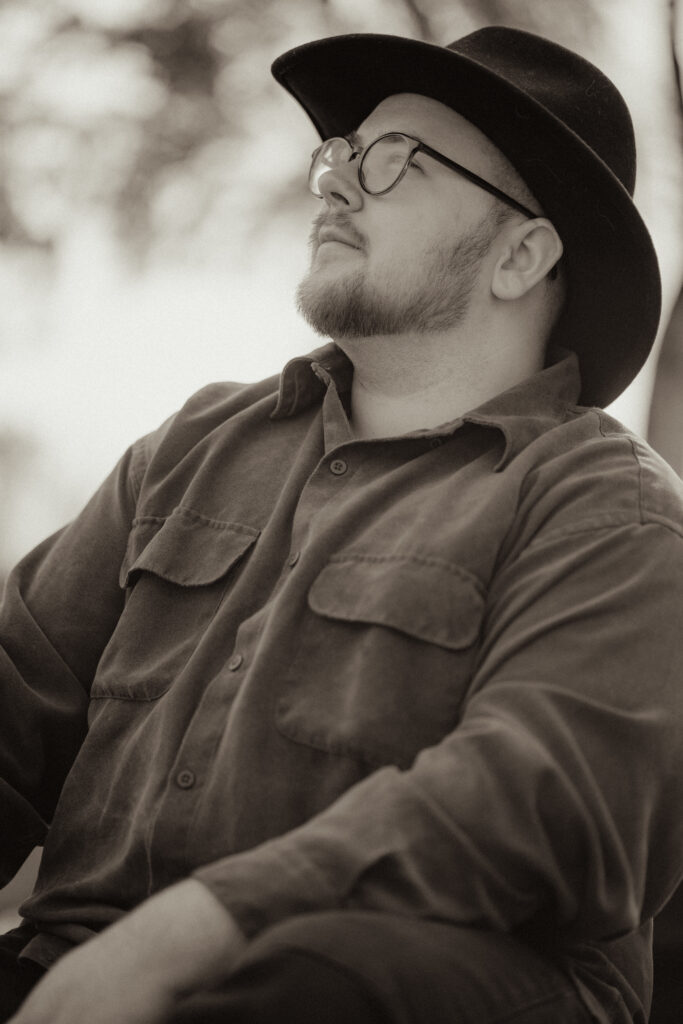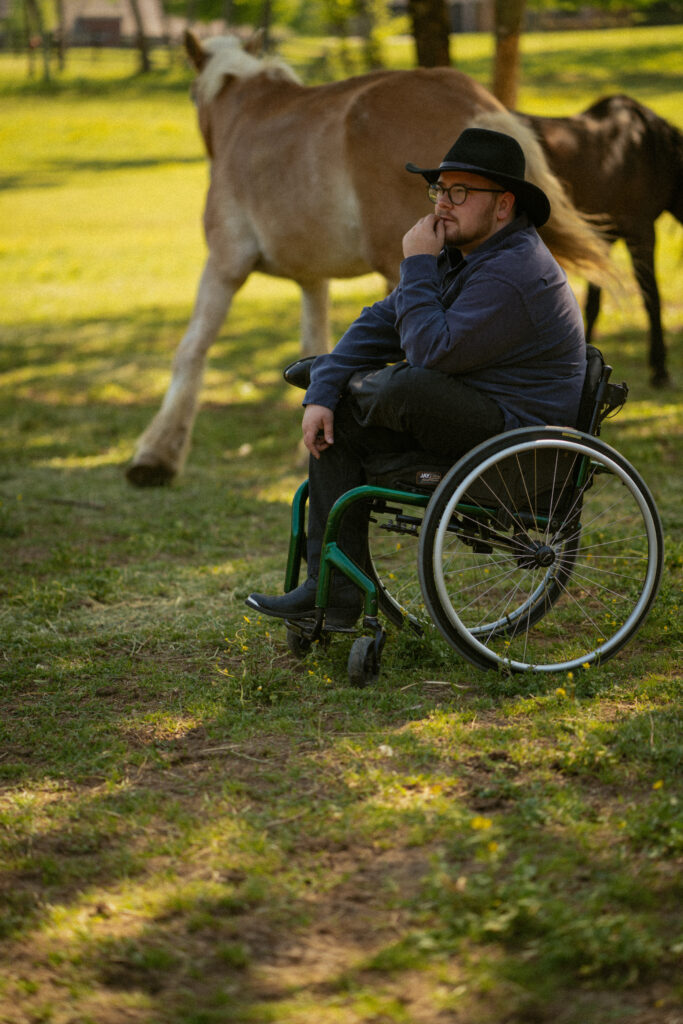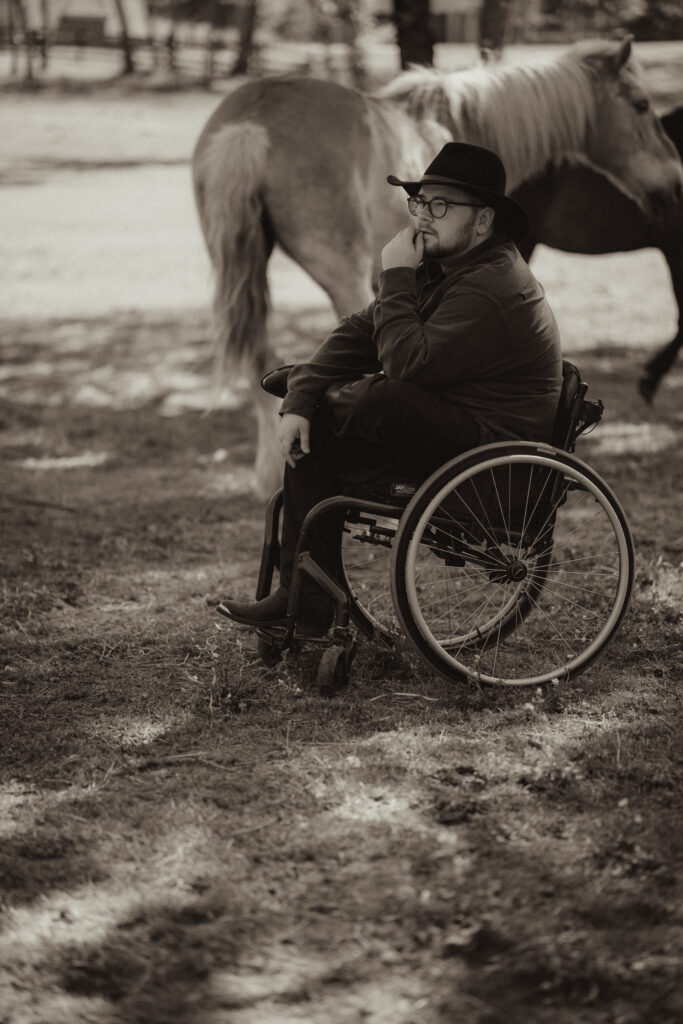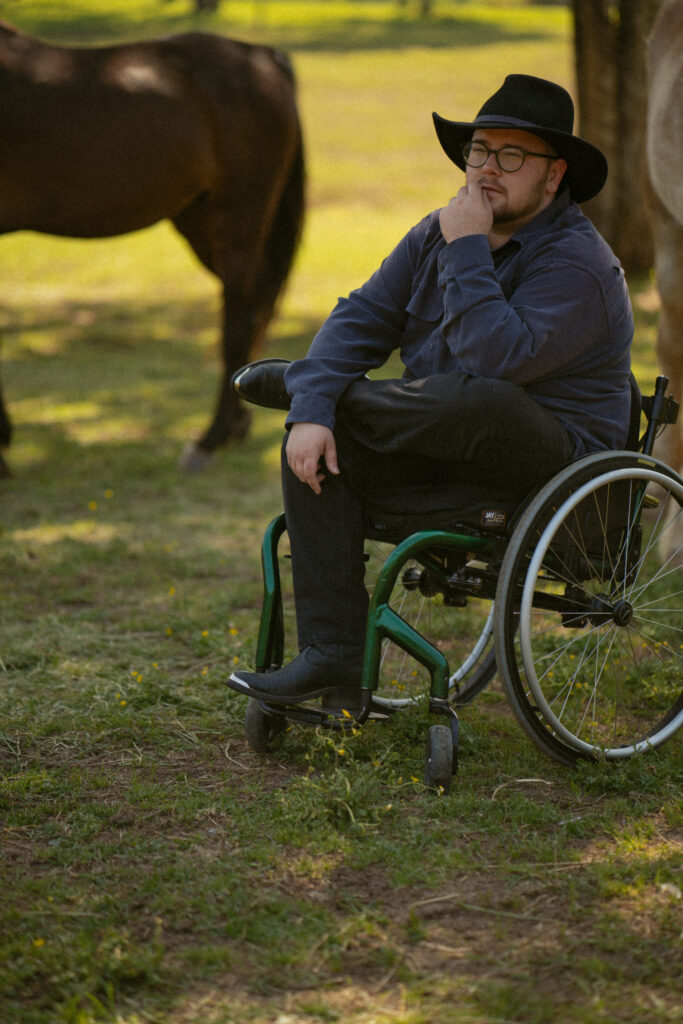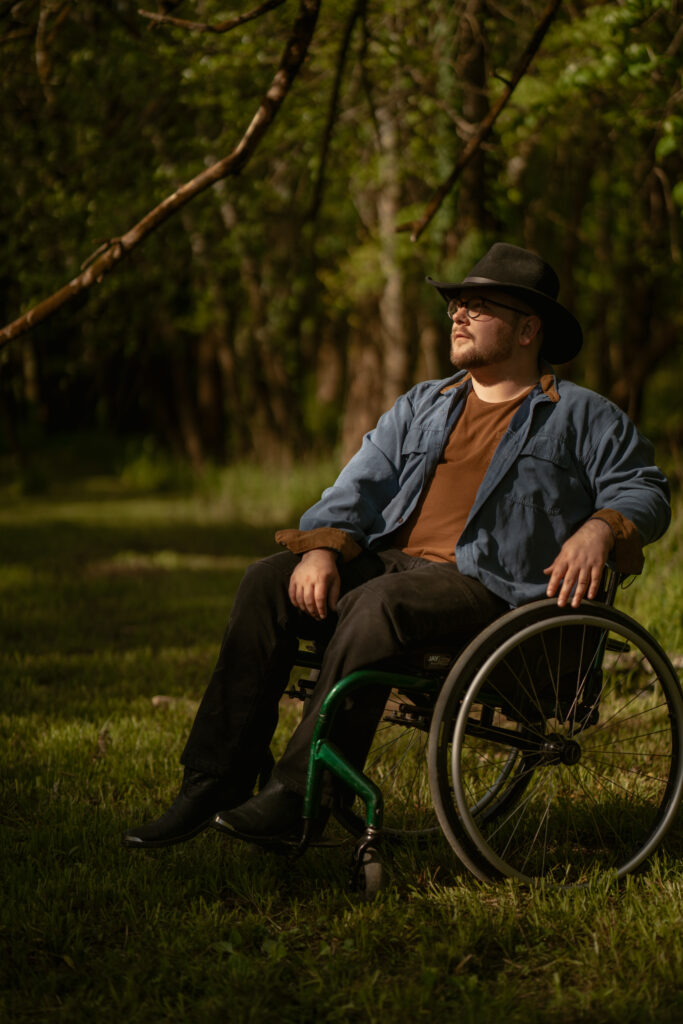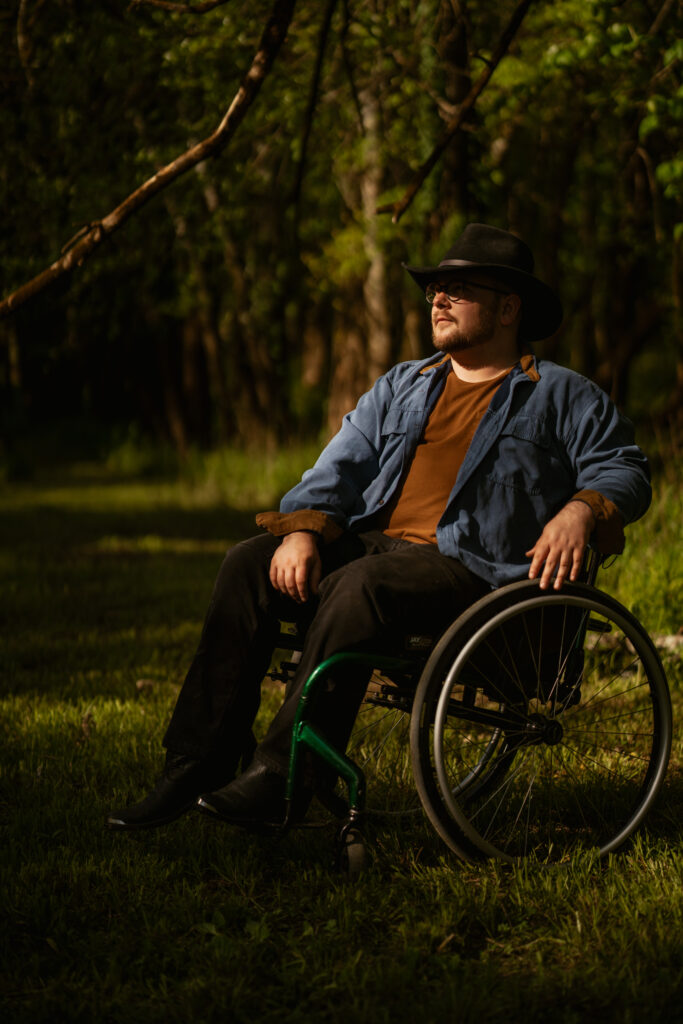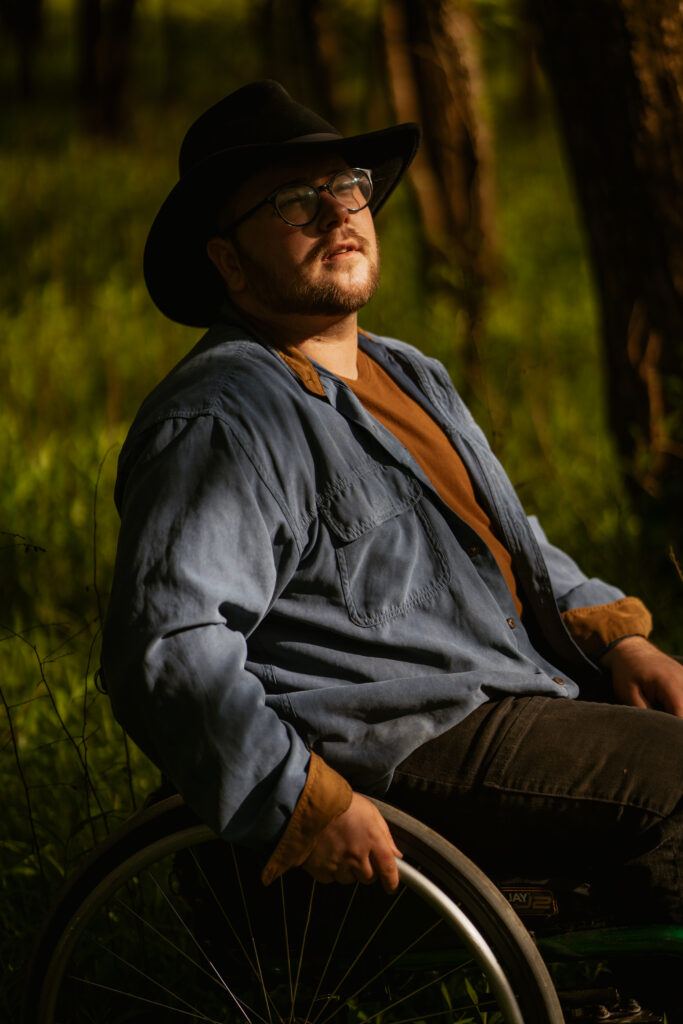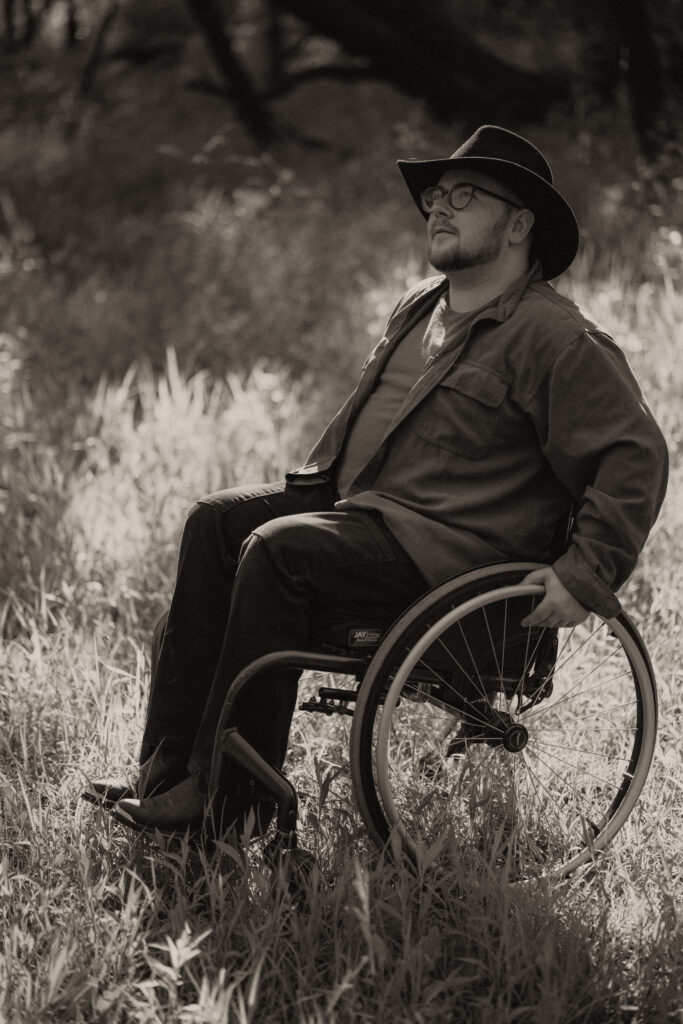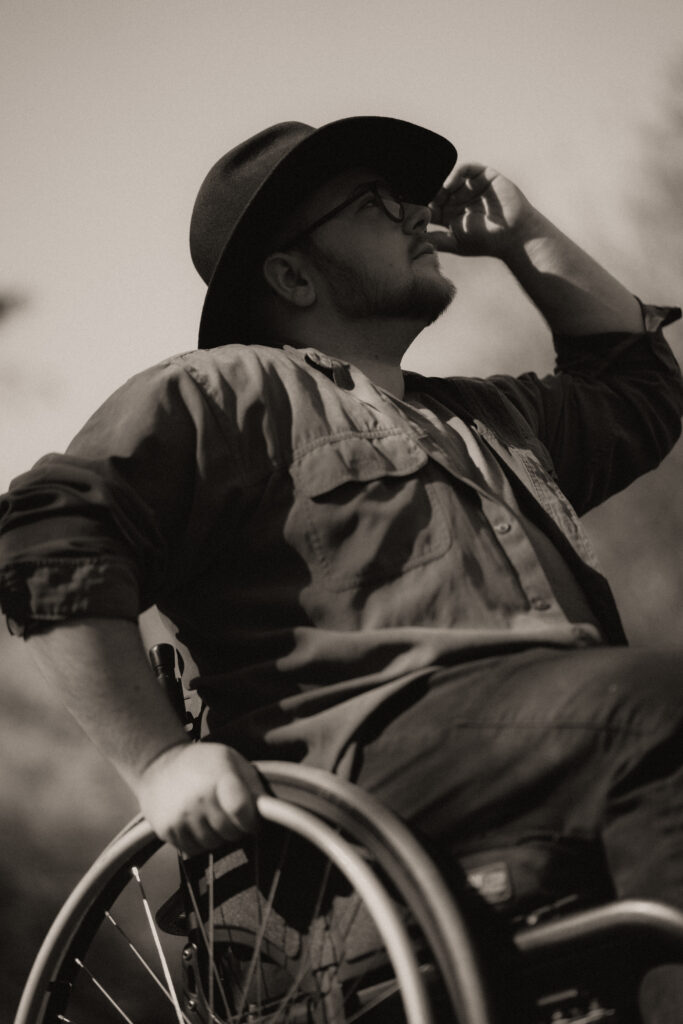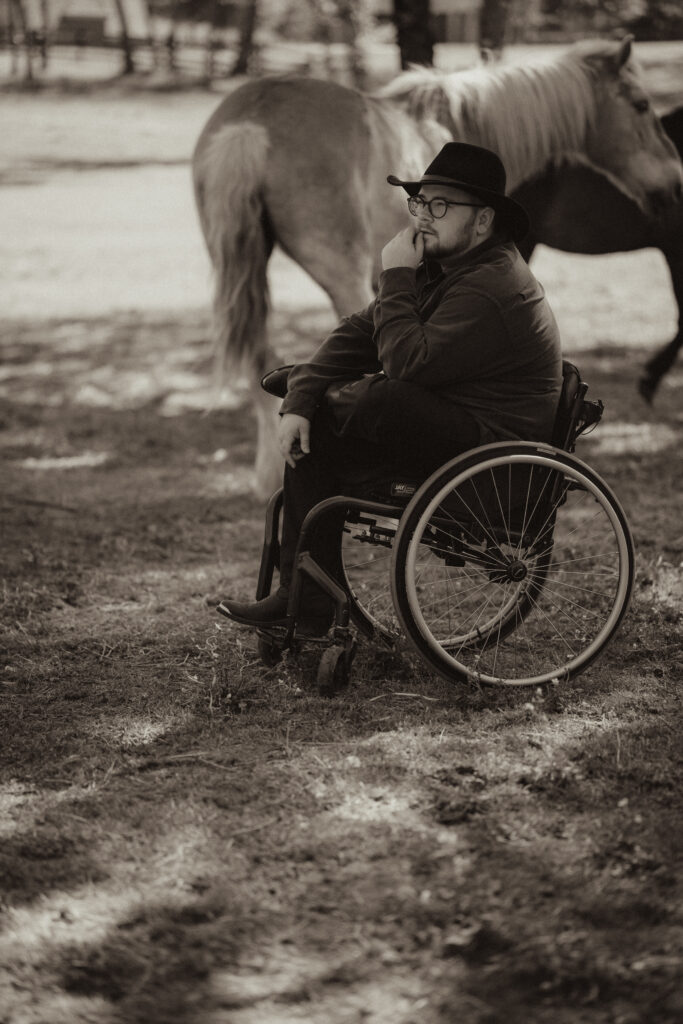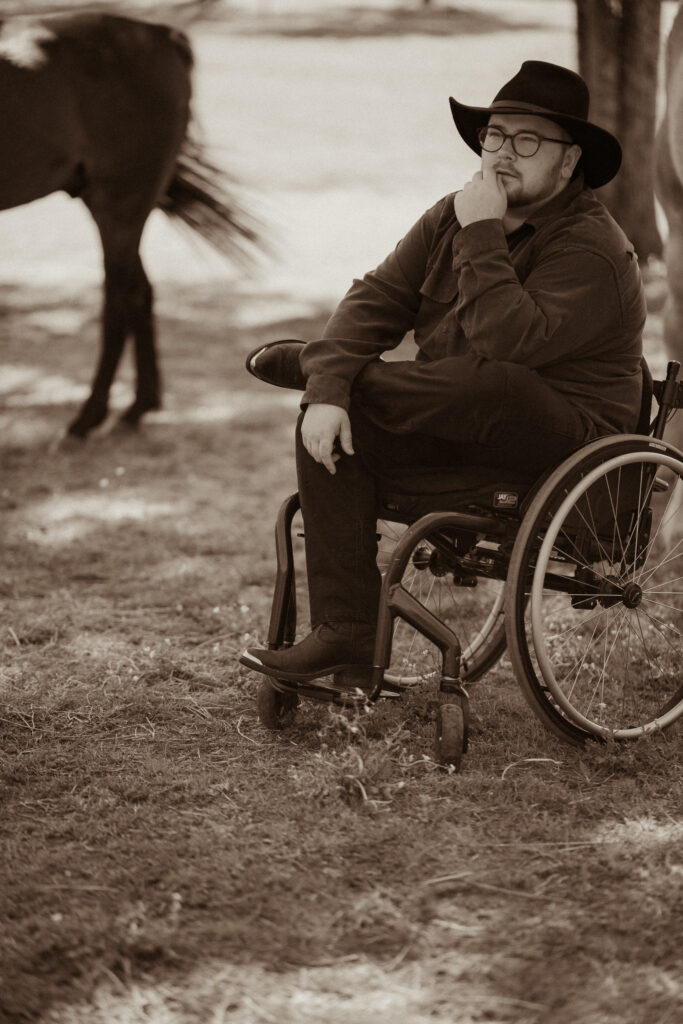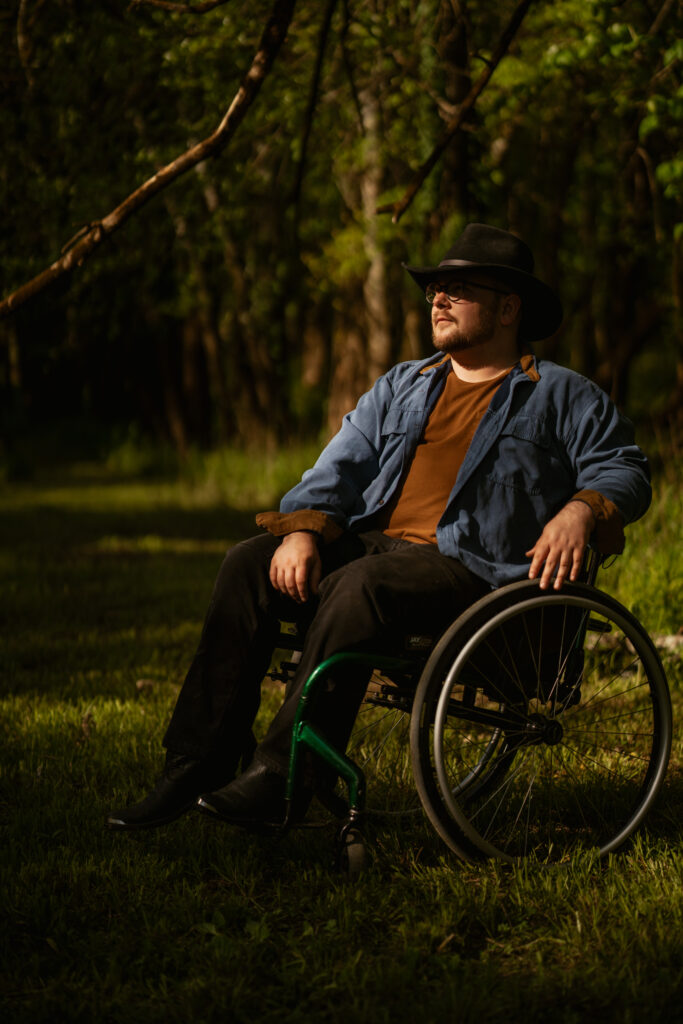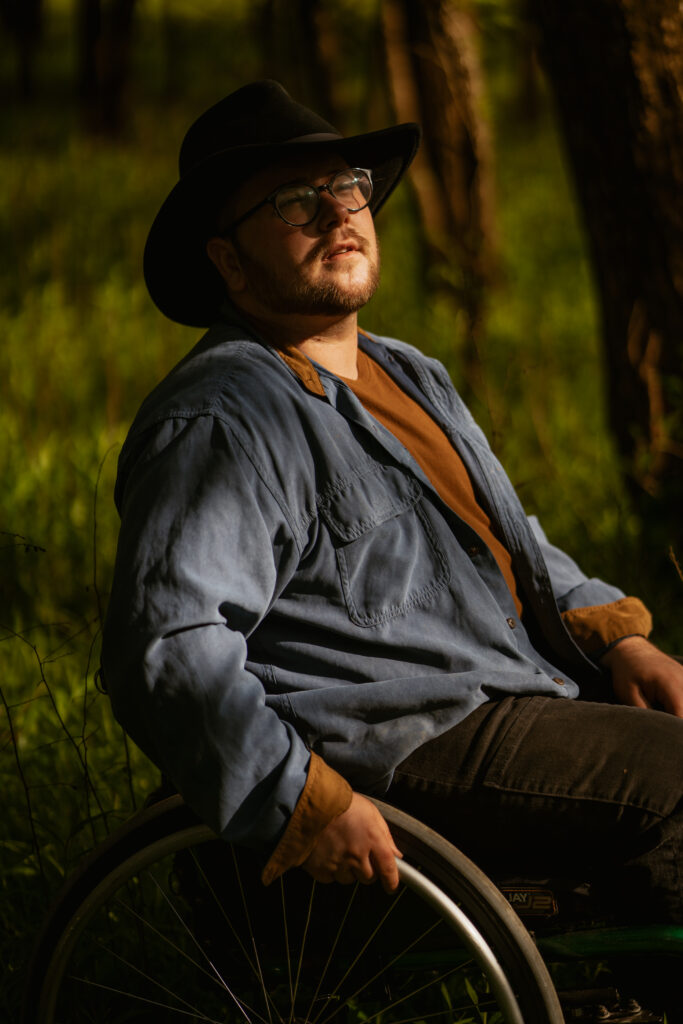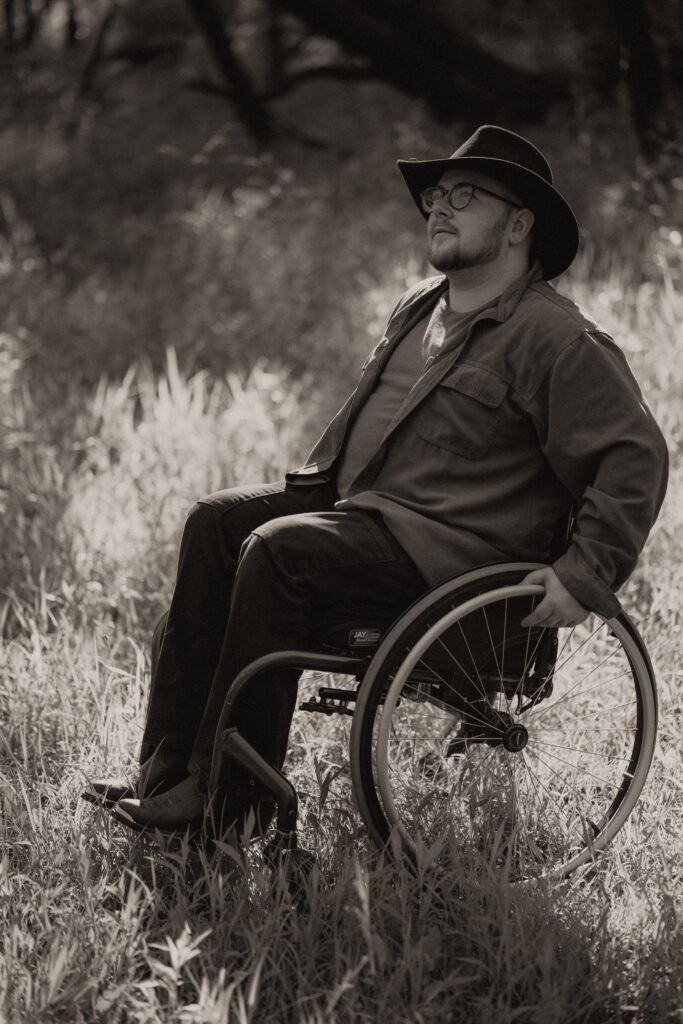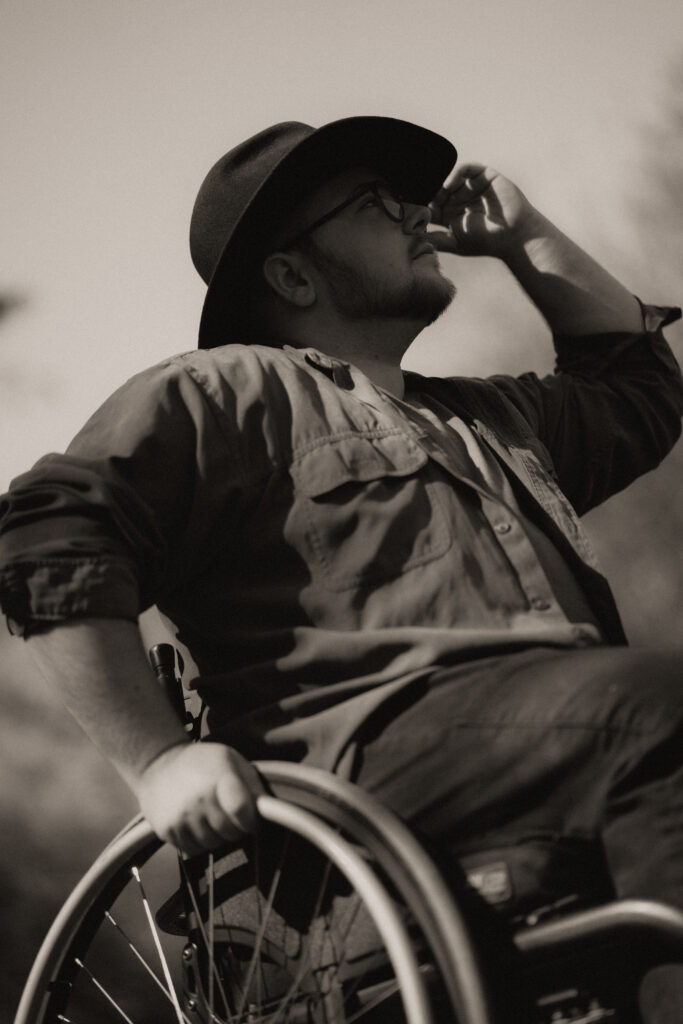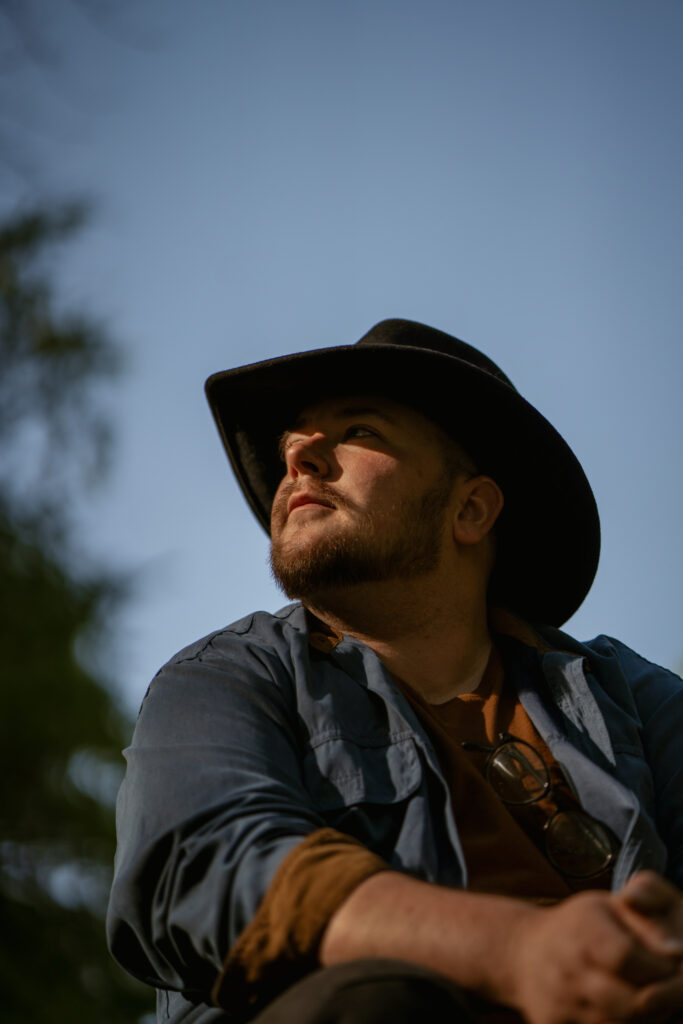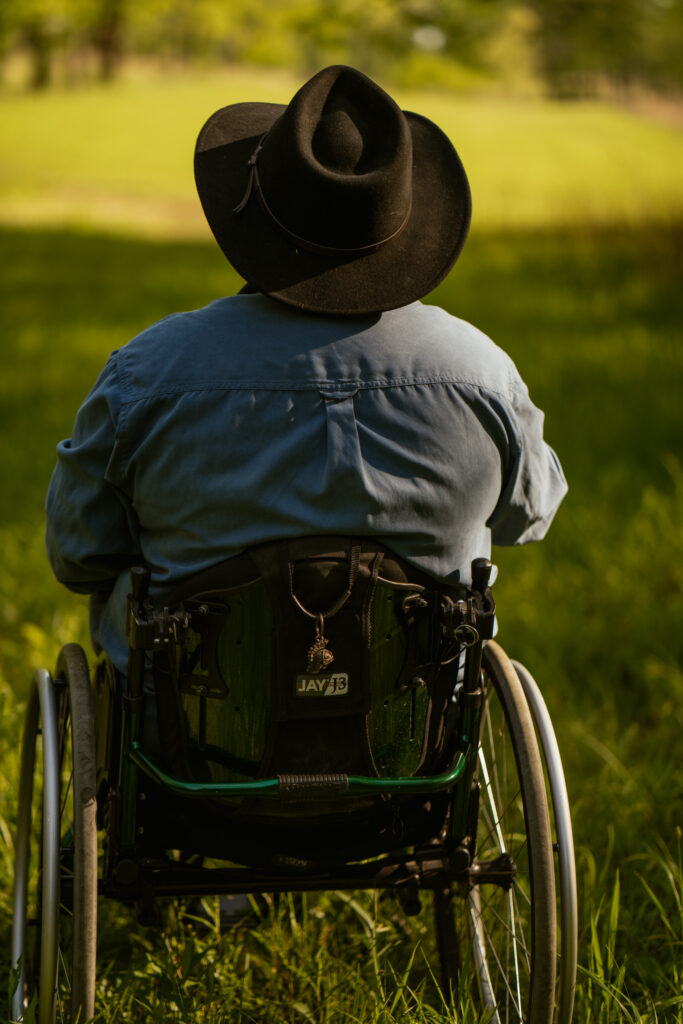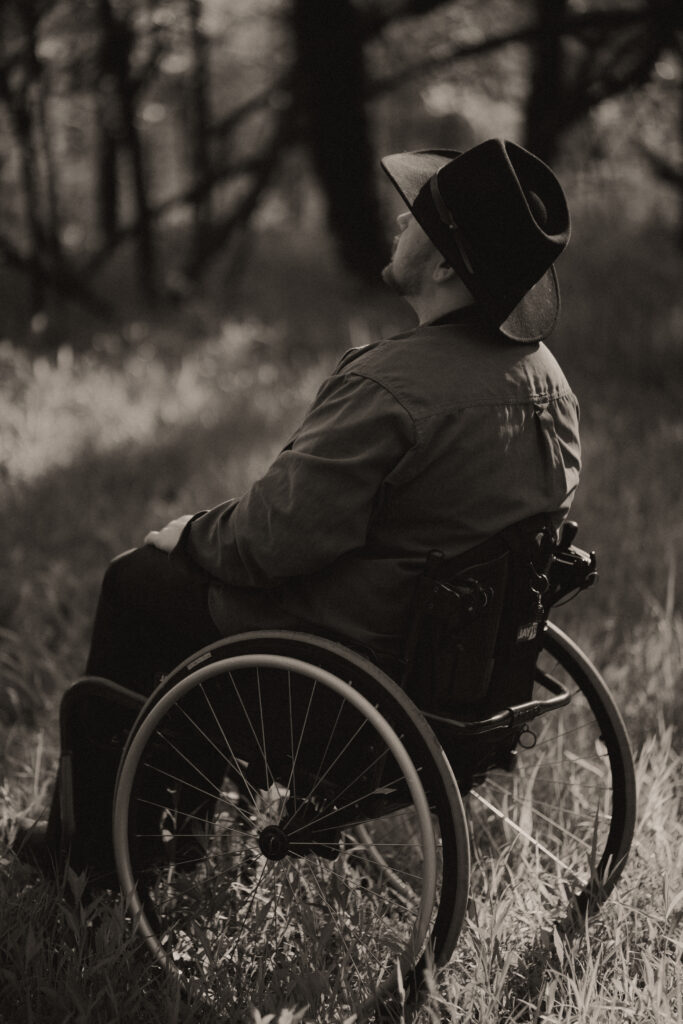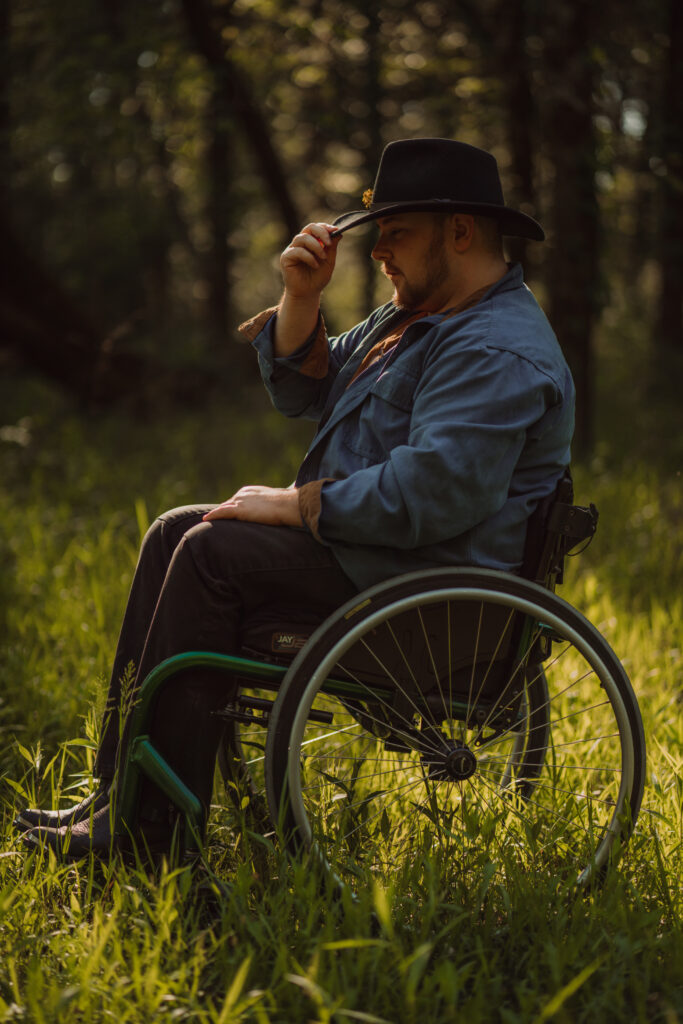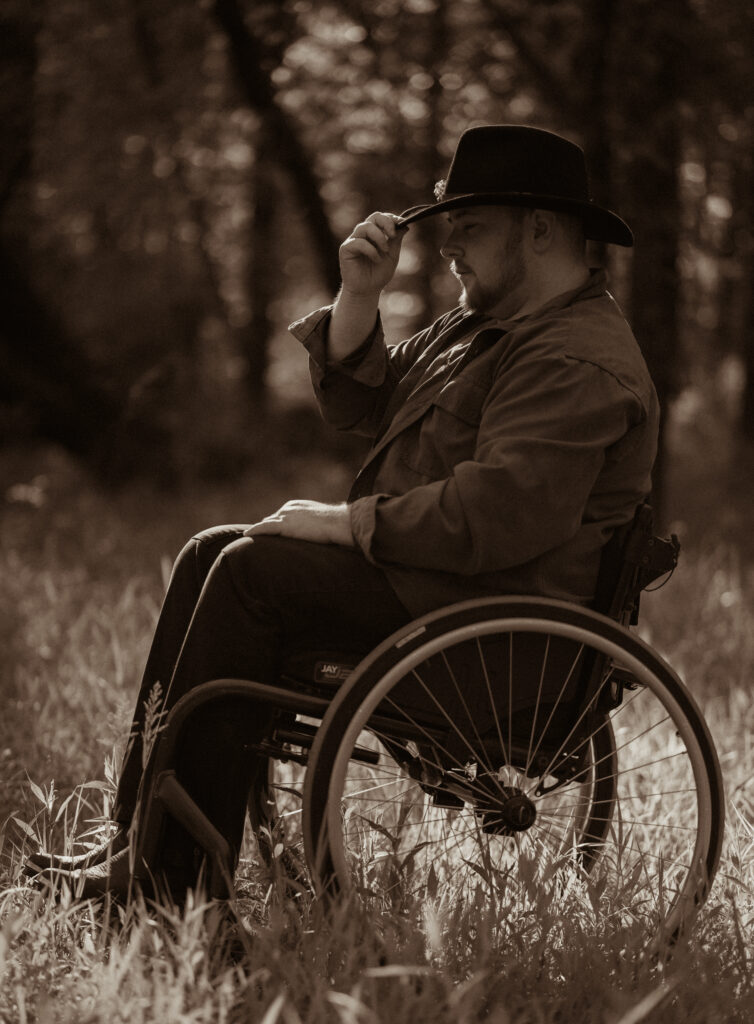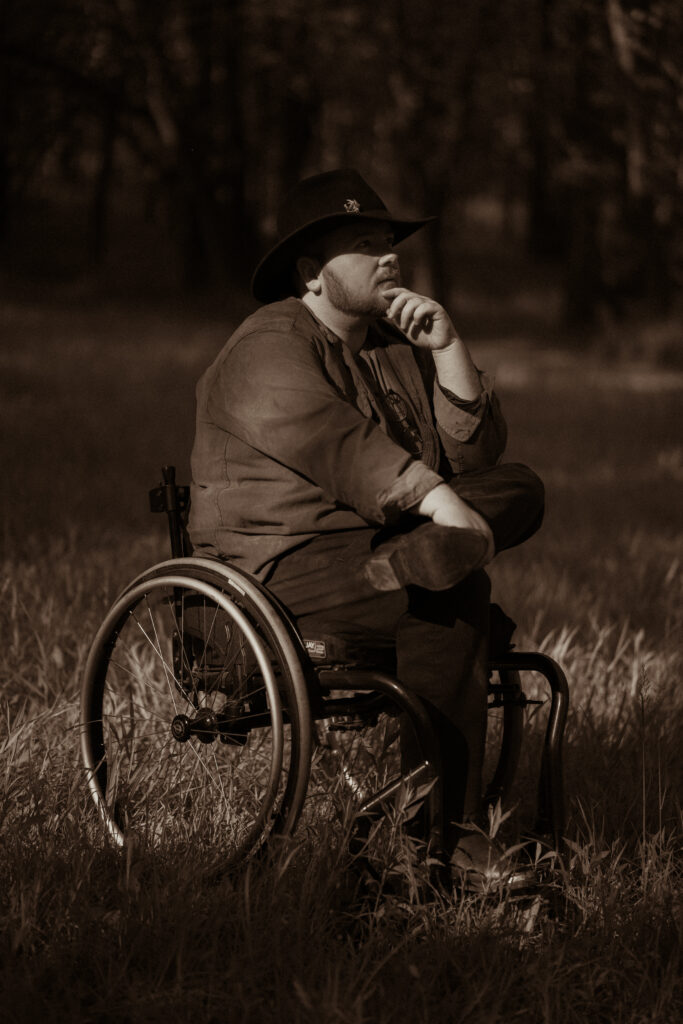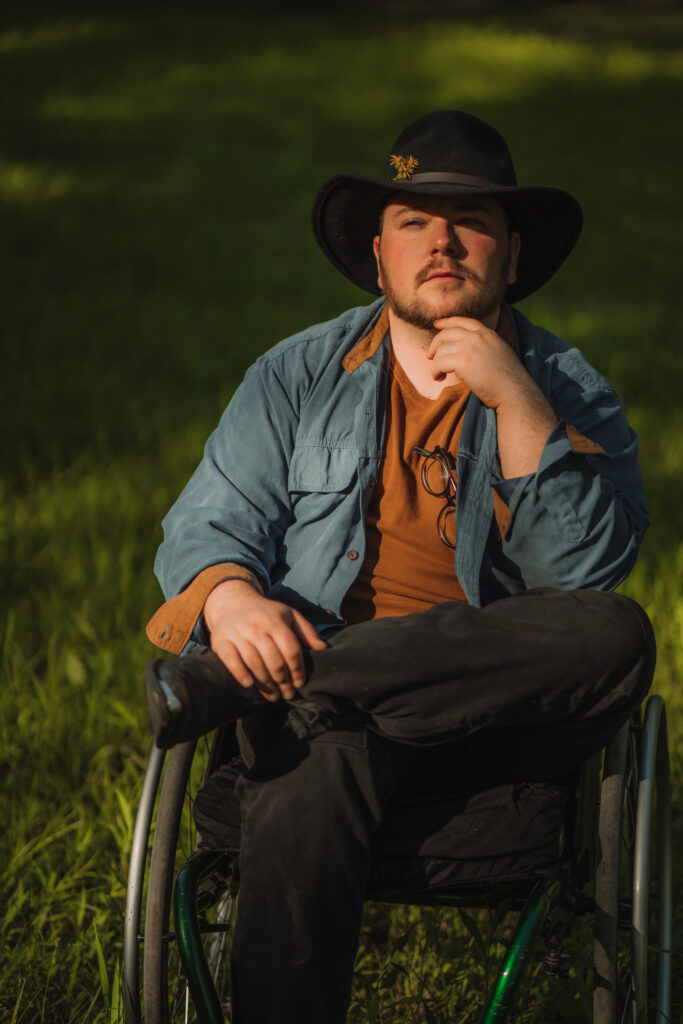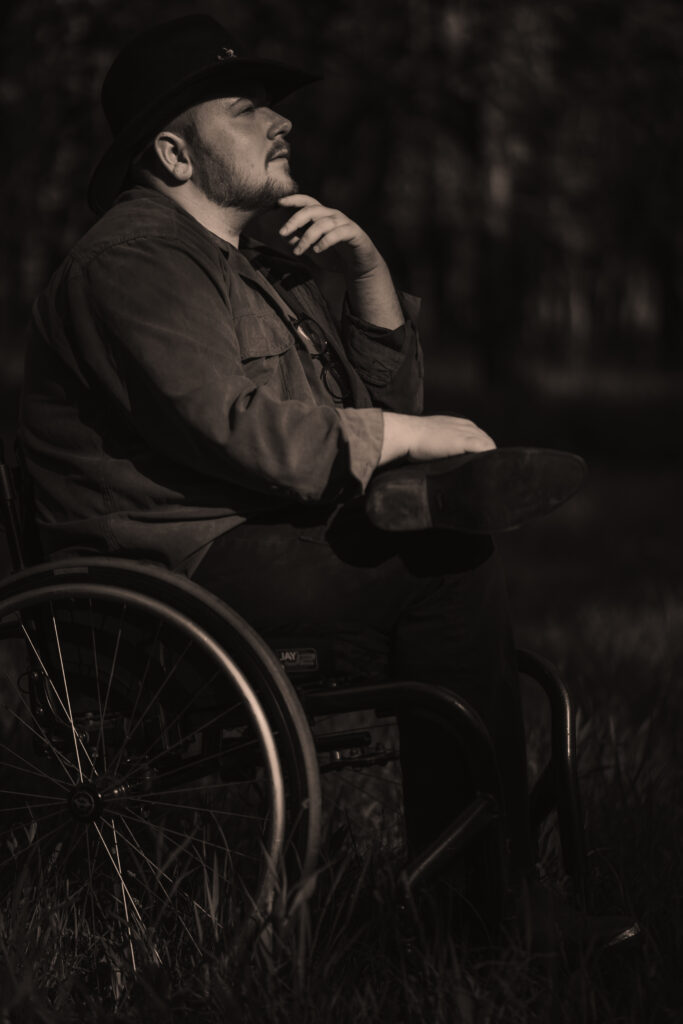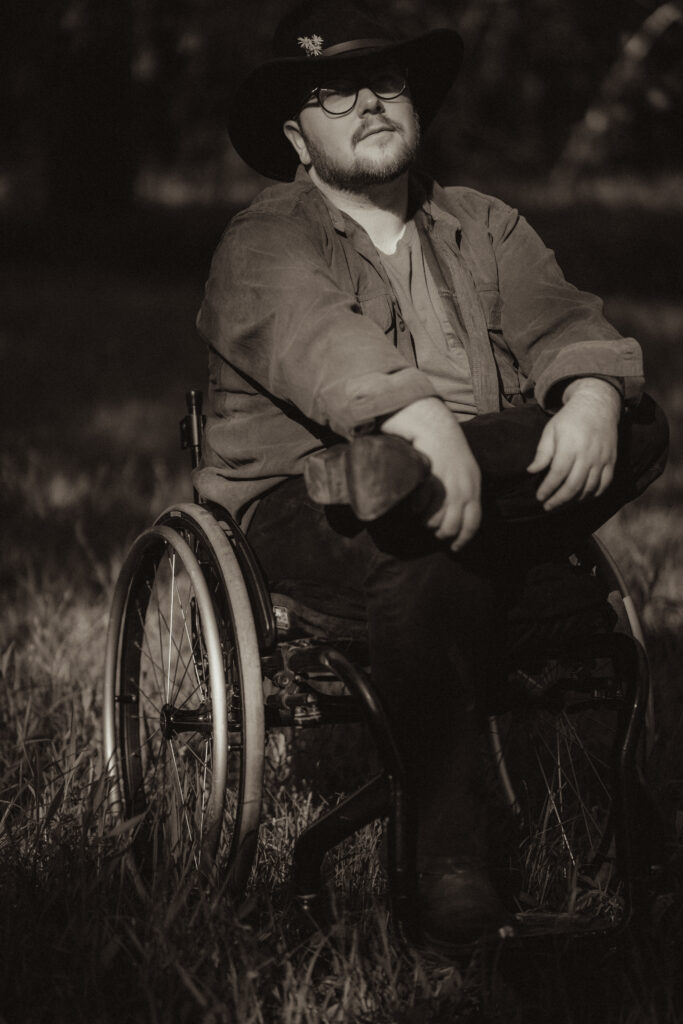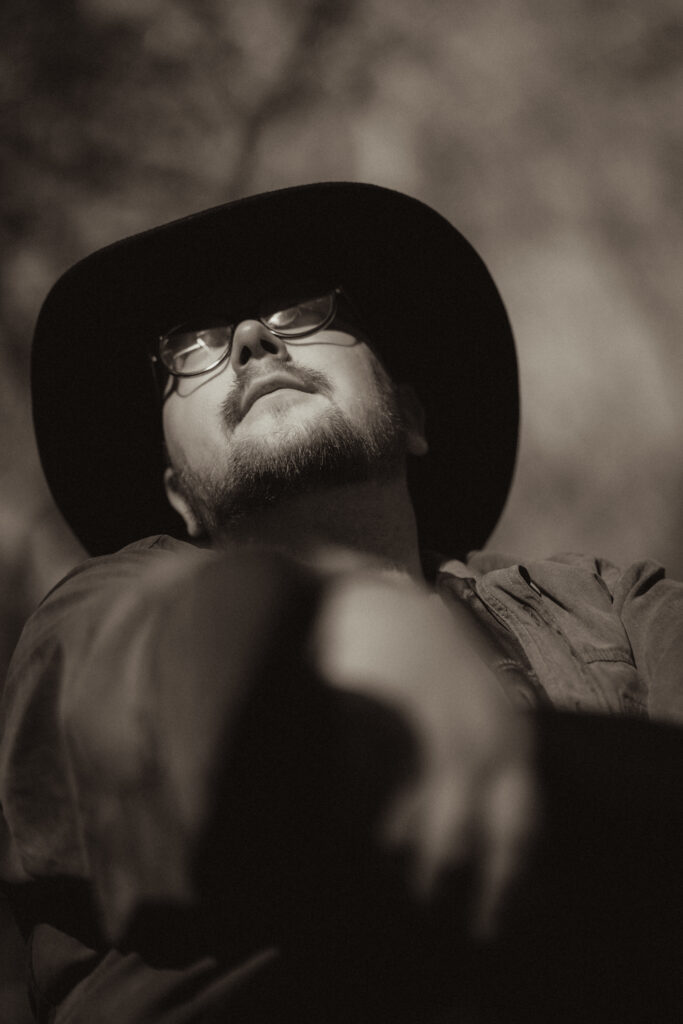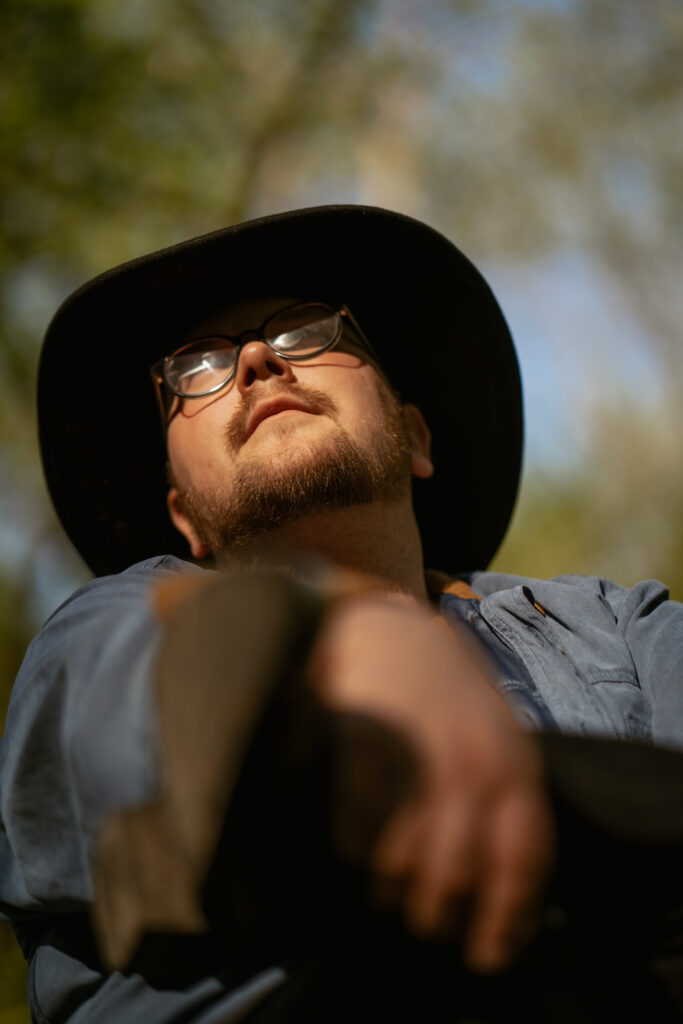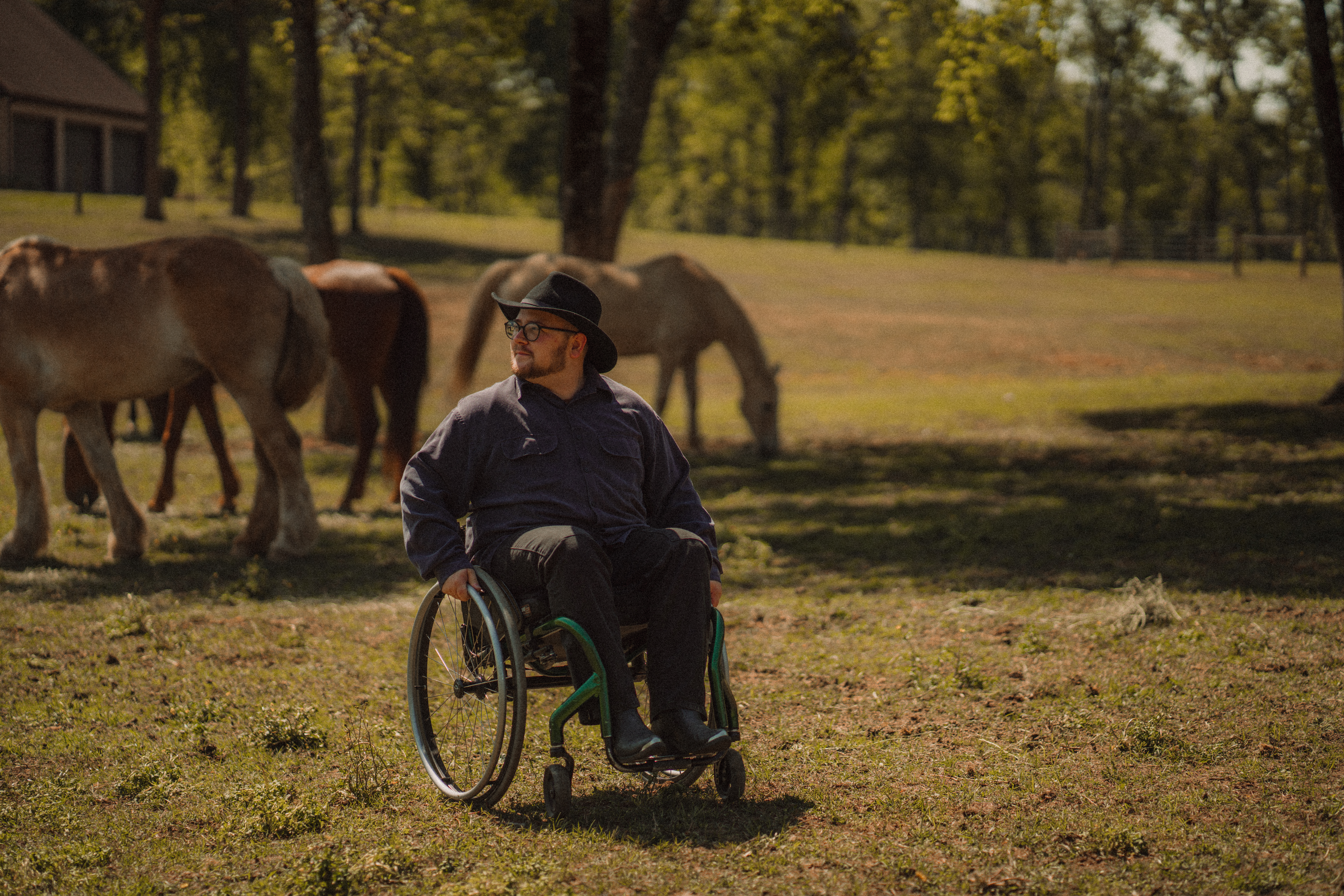film Documentary Photographer For musicians and Western Brands: born & raised in Tennessee
HOME
ABOUT
INVESTMENT
EXPERIENCE
film
PORTFOLIO
CONTACT
How To Make Your Photoshoot More Accessible // ADA Centered Photo Sessions // Interview With Nashville Model, Producer, and Creator //
March 31, 2024
First, tell me a little bit about yourself! Everything you feel like sharing:
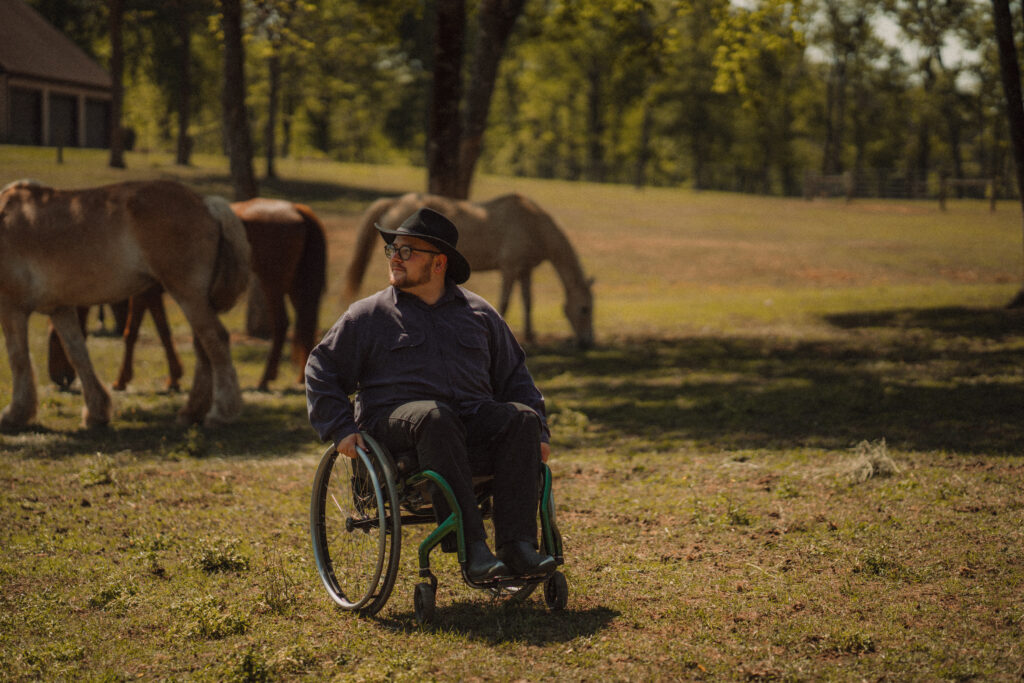
-To be honest, I never know what to say when someone asks me to tell them about myself
hahaha! I’m fairly new to the Nashville area and moved here from Rochester, NY to
continue my career in entertainment. Working both in front of and behind the camera
has been amazing. I absolutely love what I do and cherish all the friends I have made.
On a more personal note… Enjoying life is important to me. Especially if that means
dancing horribly and loving every second of it. Puns, documentaries, my adorable dog,
and slightly creepy cat are all close to my heart.
* In this interview I use identity 1st language. Some people prefer person 1st. Both are valid and it’s always nice to ask what someone prefers or identifies as. Though the majority of the community doesn’t appreciate terms like “special ability”, “different ability”, “differently abled”, etc… “Disability” isn’t a bad word and if you aren’t sure how to refer to someone in relation to a disability or difference, just ask :).*
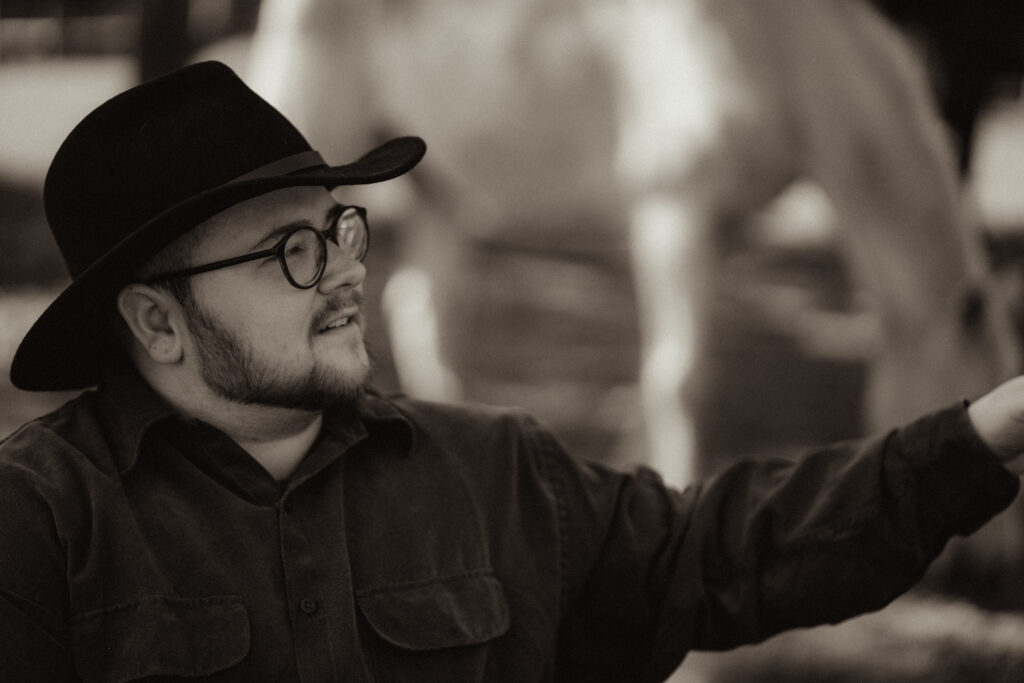
We both know there’s a lot of preconceived notions and misinformation out there about
accessibility, disability, and accommodations. I’d like to ask you a myriad of questions
which, should, in turn answer a lot of questions I myself have, hopefully clear up a few
things, and create more opportunities for models with disabilities as well people with
disabilities who are looking for photographers and maybe some adventure.
1.) I’m under the impression that the BEST way to properly serve my models and
clients with disabilities is to ask questions. Obviously, I want to approach this
with respect and tact, but I want to make sure I’m fully aware of everything I need
to be aware of to make sure I’m providing a safe experience for everyone as well
as an enjoyable one. What I want to avoid at all costs is any form of danger or
discomfort. I also want to avoid a diminished experience simply because there are
accessibility needs or requirements. What are some questions you would suggest
we as photographers or videographers ask those that we’re going to work with?
-My advice is to always ask questions about accessibility and accommodation
needs. Disability varies from person to person even if they have the same
diagnosis which is why assumptions can actually do more harm than good. I love
it when someone I’m working with asks about how they can best support me on
set because it shows a willingness to include me on a collaborative level and
ensure a safe set.
The questions would heavily depend on the specifics, but also opening the
conversation for honest discussion is important. Even adding this to an email
(and following through with any requests) “If there are any specific ways I can
best support you in our upcoming shoot, please let me know and I will coordinate
with production to make sure we have the appropriate accommodations.” would
go a long way.
I also think it’s important to be familiar with different types of mobility
equipment and what the accessibility needs typically are. While I can wheelie
over curbs and high thresholds in doorways with my manual wheelchair,
someone using a power chair would be stuck without a curb cut and a ramp or
lower threshold. We also have a different turn radius and require different
amounts of space to maneuver safely.
Best rule to follow is if someone cannot access the location independently or with
the same level of support they have in their day to day life, then the location is not
accessible.
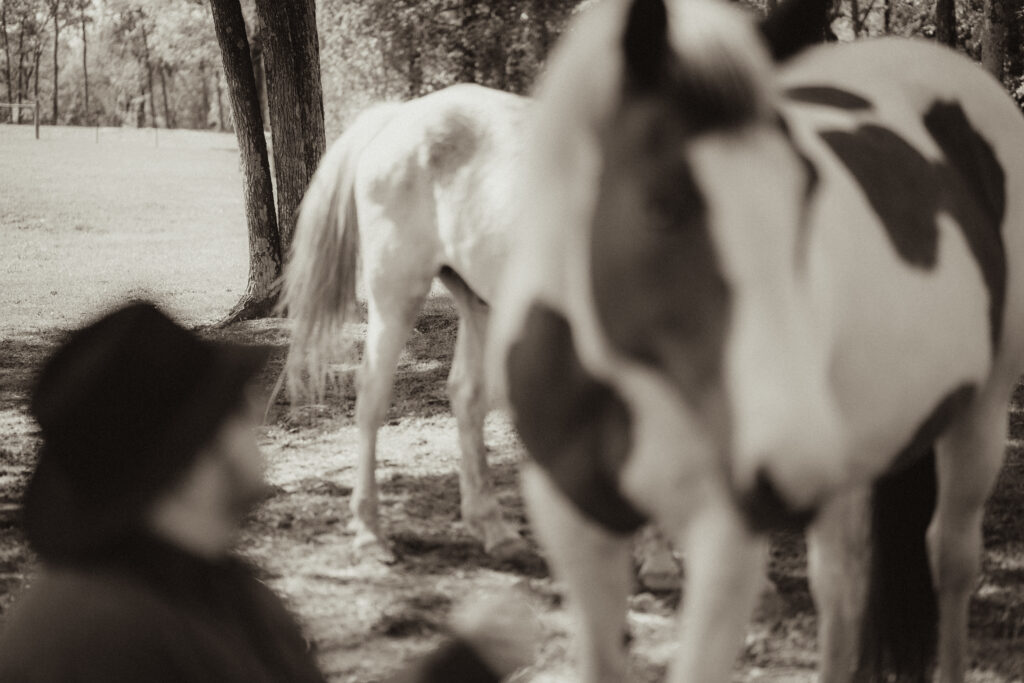
2.) A follow up question to the one above is HOW should we ask? Of course the
discourse is constantly changing, but I want to make sure my verbiage and
terminology is correct. On top of that, I know a lot of folks might feel awkward or
uncomfortable asking certain questions or feel as if they’re violating someone’s
medical privacy. I’ve always stuck to the principle of not being weird, not asking
anyone a question that I wouldn’t really ask someone without a disability. I.E. I
tend to ask if everyone is comfortable hiking a certain number of miles, if stairs
are an issue, if gravel is accessible, how long of a drive they’re up for, if they can
climb, in general what type of environment is helpful. But, what I don’t do is ask
“what happened” or something insane like “do you really need the wheelchair?”
-What many don’t realize is that asking about someone’s disability might bring up
trauma. Ultimately, it’s just not information anyone is entitled to unless they are open to
disclosing that information for an interview or something along those lines.
I think your approach is perfect. Not every disability is visible and not everyone feels
comfortable talking about such a personal topic so when you ask everyone if a location
or activity is comfortable for them, it helps accommodate everyone. I would also follow
that question up with letting them know that if they are not comfortable with that set or
activity then you can change plans to accommodate them and doing so isn’t an issue. I
know I sometimes feel like a bother when I need to request additional accommodations
or a change to the shoot. Being reassured that it isn’t an issue to make those changes
helps a ton.
Speaking of someone asking “do you really need the wheelchair”… Yes. That goes for any
mobility aid or any type of medical equipment. If they didn’t need it they wouldn’t have
it. Surprisingly this question does come up insert eye roll here.
Now I’m going to mess around with what I just said because this touches on why tone
and wording is so important.
As creatives we go in with a vision and try our best to create that in real life. One pose I
like to use myself is to sit on something other than my chair and put one foot up on my
footplate. I often relax at home on the couch with my legs on my wheelchair too. If some
poses would involve someone not using their mobility aid or medical equipment then
there are better ways to ask other than “is that necessary” or “do you need that”. One can
ask if the model can sit without core support and then run the poses by them. Most
times they’ll be able to tell you if they can or can’t do that pose or action. Speaking for
myself, sometimes I’m not sure if I can do a certain pose. While I’m always willing to try,
others might not want to risk it and that’s totally understandable and okay.
Basically, Plan on your model sitting in their chair if they’re a wheelchair user.
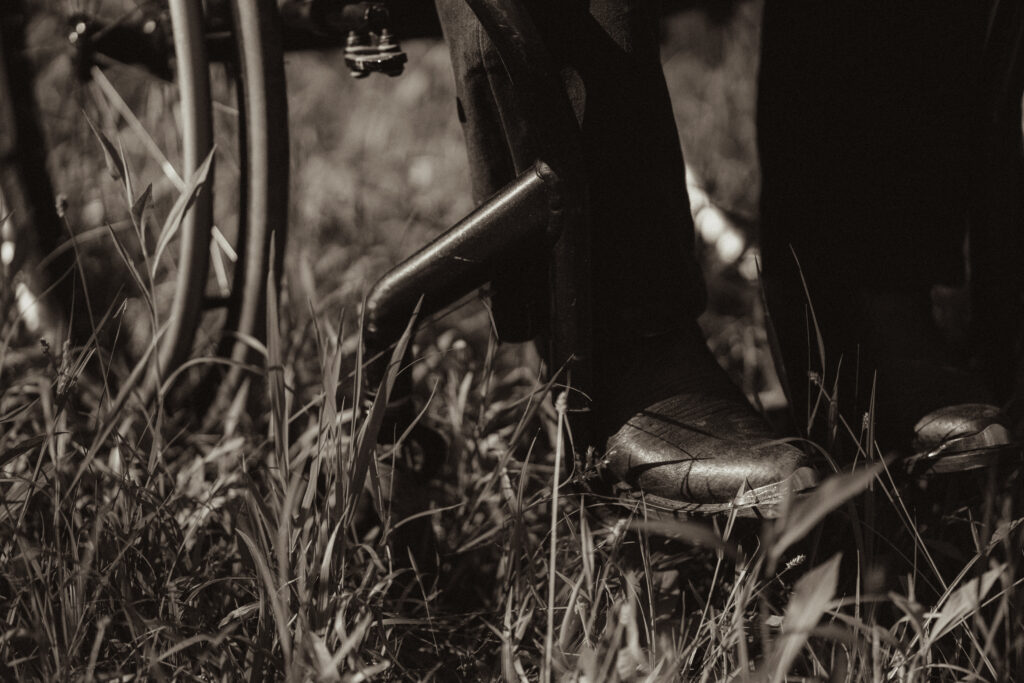
3.) Personally, what are some of the most simple changes you can think of that can
be made in the industry to help create more room and opportunities for folks
with disabilities?
-Accessible sets. Making a set accessible isn’t difficult and actually saves
money while increasing safety for everyone on set. Adding a ramp over
stairs helps move heavy filming equipment safely, lowers risk of injury or
equipment damage, and makes the set accessible. Hard thresholds over
cords decreases the potential for damage to the cord and the attached
equipment, prevents trips and falls, makes it easier for carts to go over and
not get stuck, and helps with accessibility. The production is able to move
along a bit faster and everyone and everything are as safe as possible. Not
every location will be accessible, but there are ways to adapt most
productions.
-Hire disabled creators, actors, models, crew, etc… Never assume what we
can and cannot do.
-Pay us. Unfortunately, it’s legal to pay disabled employees less in some
instances. This is unacceptable and is abuse. Also, having a disability is
expensive and we have additional costs to worry about that others don’t.
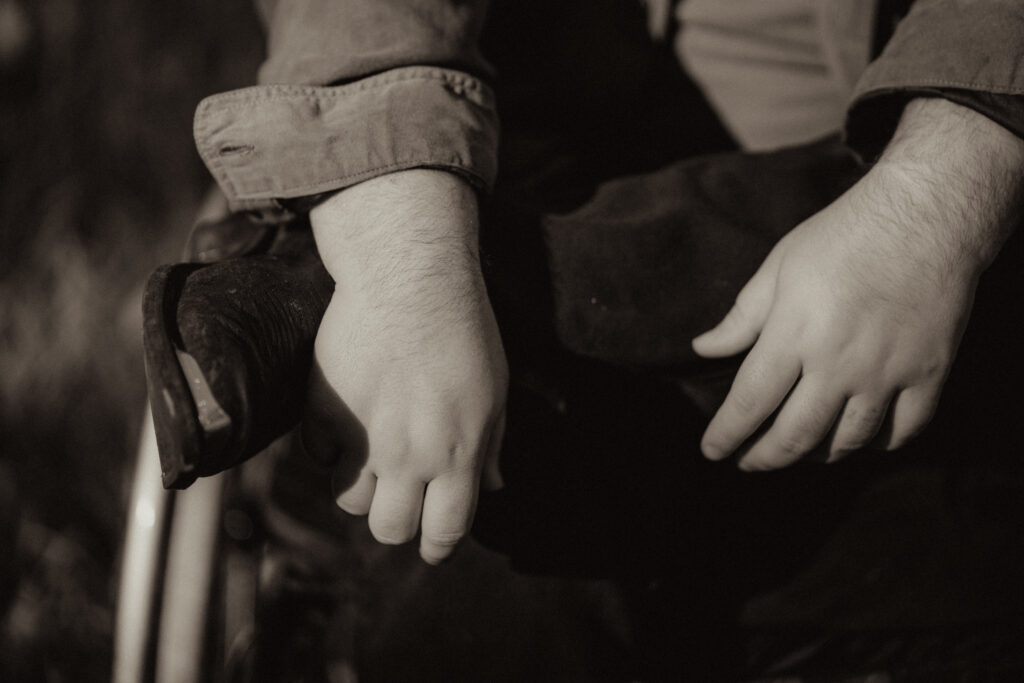
4.) What are some interesting perspectives you’ve seen or understood as someone in
the photography and videography industry as an individual with a disability?
-Because I work behind the camera as well as a script supervisor, writer, and
director I am often fighting people’s assumptions of me and what I am capable of.
Fortunately, I’m stubborn.
My disability started to affect me as a teen. 1st it was my joints, then my
breathing, after that my hearing and autoimmune related alopecia areata.
Eventually other muscles including organs were added to the list of things that
don’t work as they should in my body. I had worked with individuals with
disabilities and thought I understood accessibility and accommodations until it
was me who needed them. I soon realized that I didn’t know shit.
The industry is changing and I’m ecstatic to see more DEI initiatives.
Entertainment has always been a form of commentary on our society and current
events. I hope it continues to challenge some ingrained beliefs we as a society
hold that contribute to the oppression of our communities, neighbors, and loved
ones.
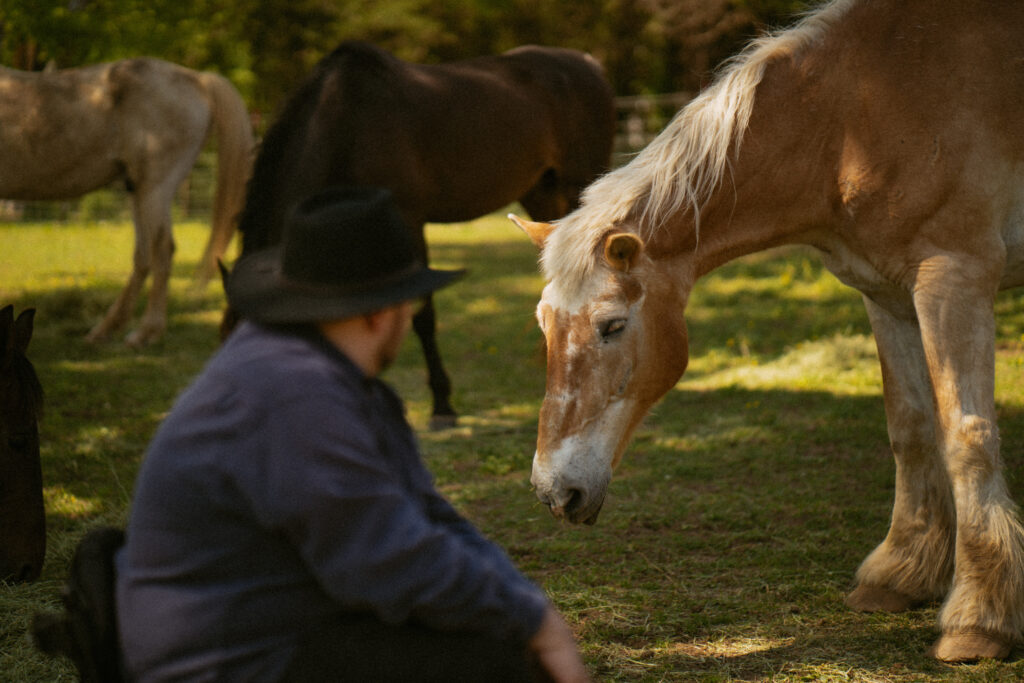
5.) As an elopement photographer I tend to invite my couples on wild adventures,
hikes, or explorations around a city. Do you have any suggestions for apps or
websites that might help someone like me find places that are accessible to take
my couples?
-OMG yes! Curb Free with Cory Lee! Dude is amazing and I hope to visit some of
the locations he has written and vlogged about!
Here’s his website: https://curbfreewithcorylee.com/
When I’m looking at locations for a shoot I always look at the parking situation,
are there hills or steep gradients anywhere, condition of the sidewalks or
pavement, weather, accessible bathrooms nearby, access to food and water if it’s
not provided or brought, etc… Usually I use satellite images on google to look
around or I drive there beforehand if possible. There are also reviews on sites like
reddit for certain locations that are specific for those with mobility aids or
information on town or county websites.
Fun fact! People with accessible parking permits can park for free sometimes in
metered spaces, paid garages and lots, etc… It depends on the city, state, town… I
wish it were a more universal rule, but it’ different from city to city even.
There are some apps out there, but I gave up after having to use multiple to get
info on a single location each time. Google is faster for now, but these apps are
improving.
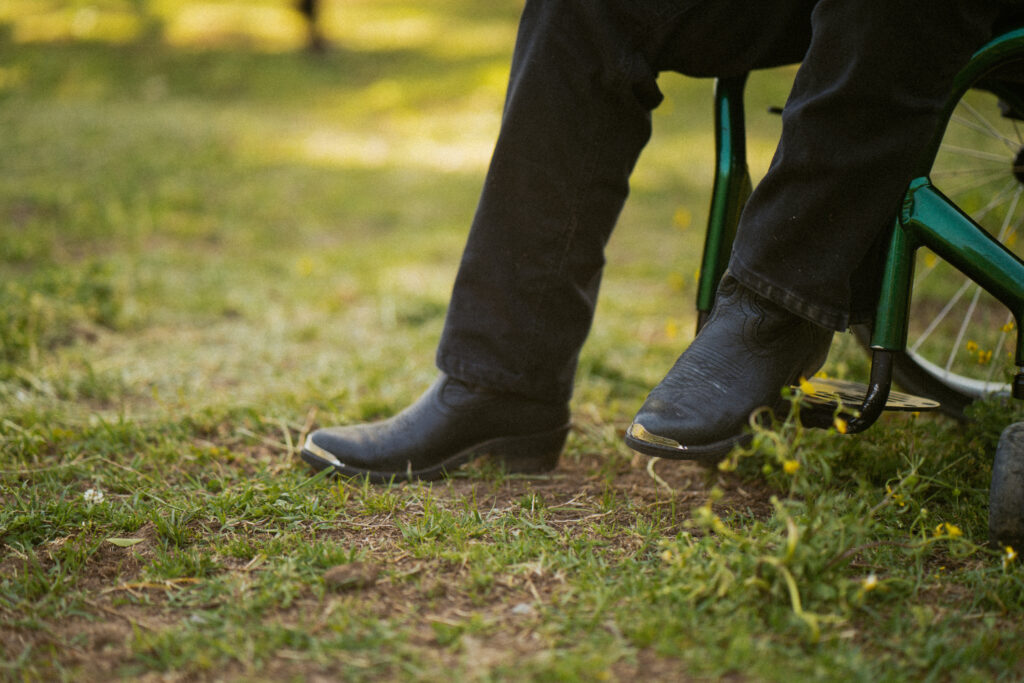
6.) Personally, I’ve found that working around disabilities in certain shoots and
situations has opened up a lot of opportunities for shoots, angles, and
perspectives that I otherwise wouldn’t have considered. I know that it’s just as
important to the artist to consider these perspectives and work with these
individuals just as it is important for the disability community to see
representation. I know for our shoot I was really pushed to try new angles, to get
creative with lighting, and to really focus on my work with shadow and light. This
is something I tend to become complacent in, but looking back at our shoot I’m
seeing a lot of depth and creativity that I often forget to focus on. This is certainly
something I’m going to focus on in the future. As a photographer, director, and
supervisor what are some perspectives you’ve become aware of that have opened
you up to different visions?
-Accurate Representation is certainly improving (what I mean by accurate is
hiring disabled talent instead of, for example, having an actor “act disabled”.
Which isn’t acting… it’s offensive). Though I would like to see more creativity
with angles. When a show does an over the shoulder angle behind a wheelchair
user, they always go wide. Now, that’s not always a bad thing… but if your focus is
on the other actor in a conversation then you might lose key details in their facial
expression when doing so. Instead of always going wide, I would like to see a
more realistic and dynamic shot that uses the true over the shoulder angle of an
actor using a wheelchair. The camera would be at the true over the shoulder level
for that actor and tilted upwards slightly. Listen, if you’re filming a tense shot or
moment of drama… that angle can really set that tone perfectly.
Just to throw things out there, cut to a student using a wheelchair but start at the
wheels rolling through a puddle then pan up to them wheeling toward the school
to set the scene for a rainy day. The reflections you would get would be a neat
shot.
I’m really happy to read that feedback, though. I think we all should explore the
creative options available within our differences no matter what they are.
Diversity is beautiful and should be included in art.
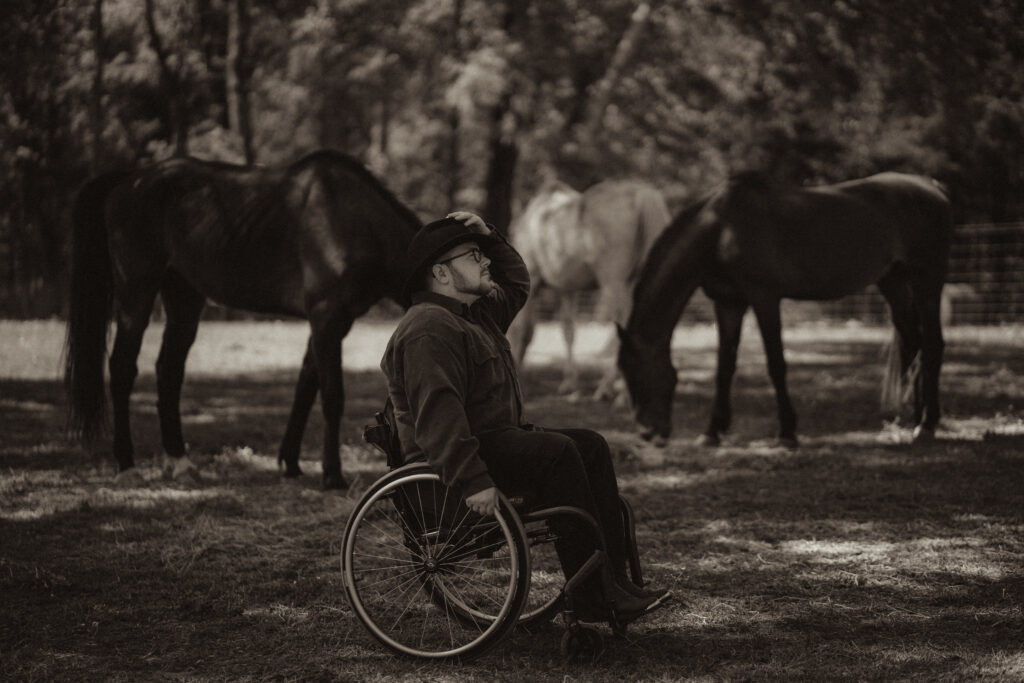
7.) When people hear disability to you think they tend to lean towards someone in a
wheelchair or a certain type of disability rather than a wide, varied communitythat can offer a range of looks, fits, and motion? Disability looks different for
everyone and affects everyone differently, it’s not a monolith- would you be able
to explore that sentiment further?
-I do think people tend to think of a wheelchair user. Unfortunately, in this
interview I use a wheelchair user in many of my examples since that’s my
experience. I really can’t speak on much else besides being hard of hearing.
Part of why I think that image comes to mind when someone thinks of “disability”
has to do with the universal accessibility symbol which is a wheelchair user.
Another problematic idea in our society is that someone needs to “overcome their
disability” or do things “despite their disability”. This then paints people trying to
get by without adequate supports as lazy while also making it difficult for people
to obtain those necessary supports because they “don’t look disabled” when they
really just don’t fit someone’s assumption of what disability is.
I do what I do with my disability. I have limits and that shouldn’t be overlooked
because when someone says they “don’t see” my disability that means they “don’t
see” what accommodations I need. That’s a disservice to me and doesn’t actually
do anything to help. Acknowledging that I need accommodations due to my
disability is necessary and that doesn’t make me less than in any way. There’s
nothing wrong with needing to do things differently, needing accommodations,
or needing support/assistance. It’s different, but not bad.
It took me years to get to this point, though. I spent so much time causing myself
pain, stress, and injury because I thought I needed to do everything 100% by
myself on my own without any support. And all that got me was misery. I had to
take a step back to really look at why I thought that way and face some hard
truths. We are taught to “pull ourselves up by our bootstraps” and that our worth
lies within our productivity which is often linked to what we earn. What an
isolating and damaging view. Where do you go if you tug on your own
bootstraps? Nowhere. But if someone were to reach down from above and pull
you up… Maybe get a few others to grab your hands too… Now we’re getting
somewhere. That’s support.
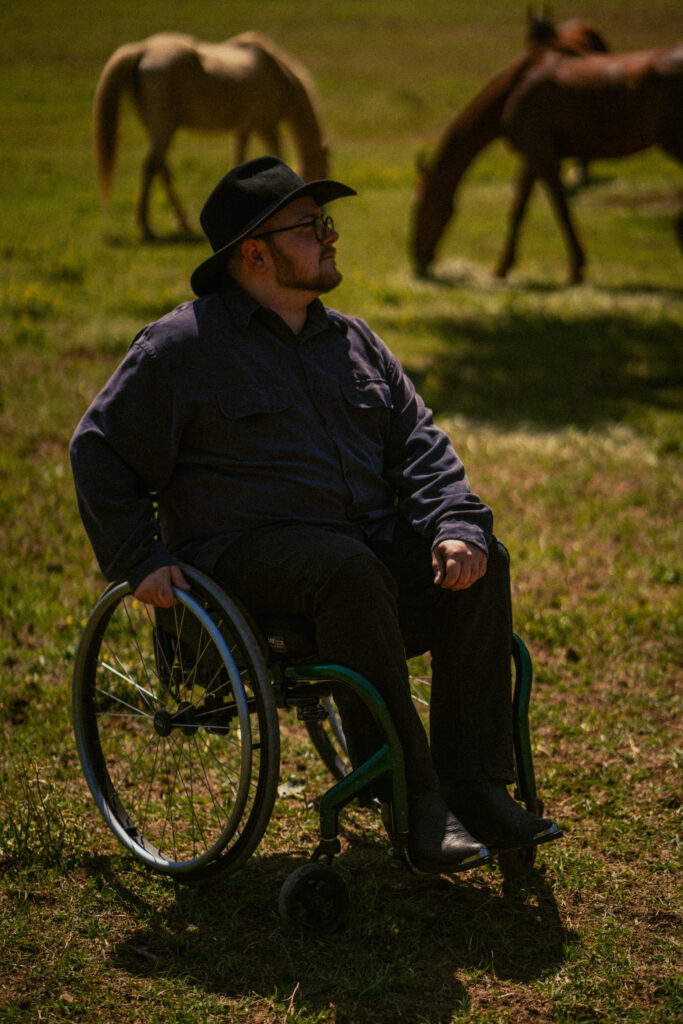
8.) I’ve been really impressed and in awe of the accessibility and adaptations options
that are being created currently. There are so, so, so many options out there
which means there are so, so, so many options for photoshoots. This is especially
true for adventure elopements. I like to include little adventures like horseback
riding, kayaking, and road tripping for my elopement couples. Do you have any favorites, or any accessibility/adaption technologies that open up adventure for you directly?
–Adaptive Sports are super fun. I play sled hockey when I have the time, but have
also tried wheelchair fencing, cycling, rock climbing, and checking out the many
beautiful paved trails here in Tennessee. There are some accessible docks out
there for kayaking as well!
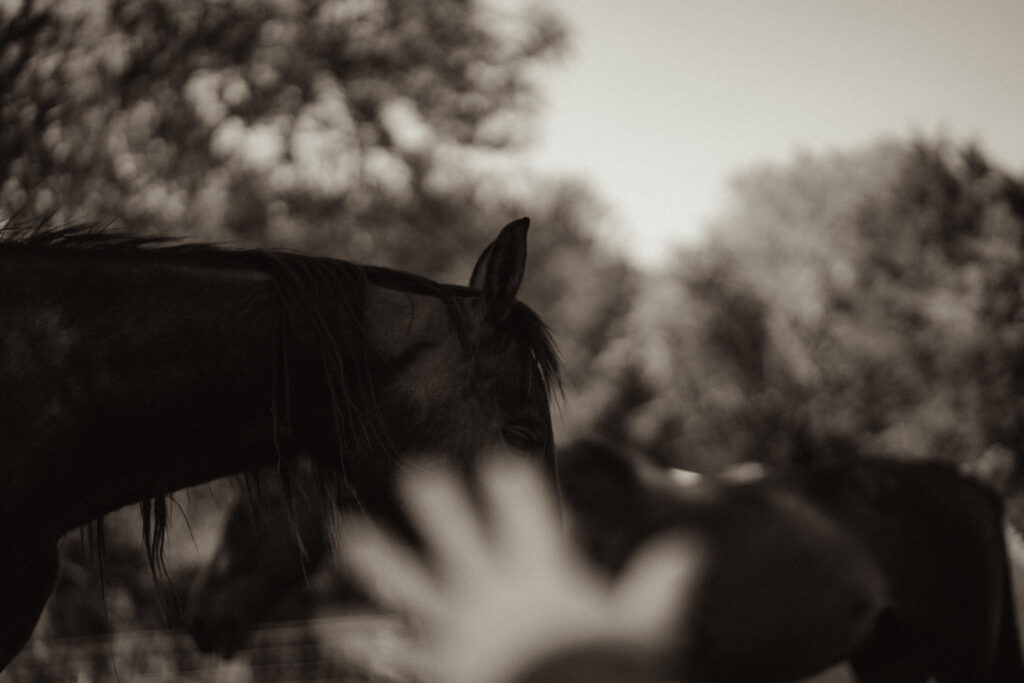
9.) What are some easy ways to educate yourself as someone without a disability or
someone who hasn’t been exposed to folks with disabilities? Personally, I enjoy
watching Youtube channels of couples vlogging their lives with one or more
disabilities. I also like to follow people within my own communities- ranching,
backpacking, and photography- who do have disabilities and like to share little
snippets of information.
-YouTube, Instagram, and any social media run by a disabled individual. It’s also
important to follow a variety of content creators and individuals who are
members of other communities alongside the disabled community. Disability
doesn’t exist in a bubble and recognizing the intersectionality of identities helps
in so many ways. For example, I’m disabled but I’m also a member of the
LGBTQ+ community and Latino.
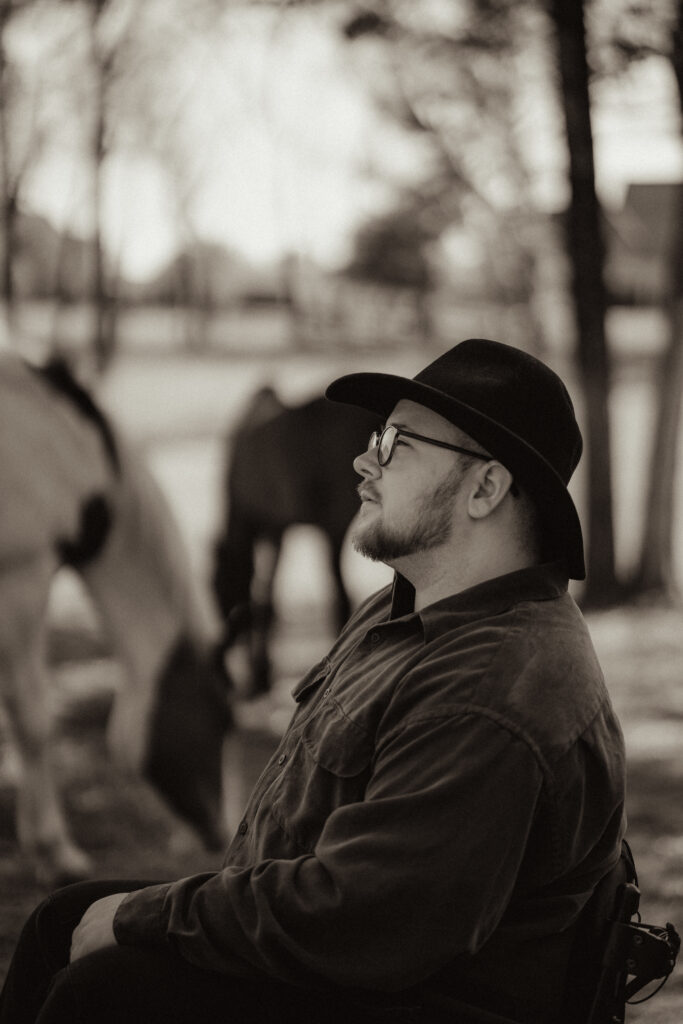
10.) To add to the question above- I also think it’s extremely important to not just
follow someone because they have a disability or to expect them to focus on that
aspect of their life. Not everyone with a disability wants to be a vocal advocate or
social media influencer within the disability space.
-Exactly. I think following to learn is ok if that’s what their content is and even if it
isn’t, feel free to follow! The problematic part is when someone feels entitled to
information or expects someone to be an educator. It’s scary how entitled some
people feel to disability related information. I know I can be guarded in some of
my interactions at times when I’m trying to figure out if someone is safe or if
they’re going to ask me something weird. I’ve been asked very personal questions
in public by strangers and when I refuse or react to their vulgar and sexually
harassing questions, the strangers have gotten angry.
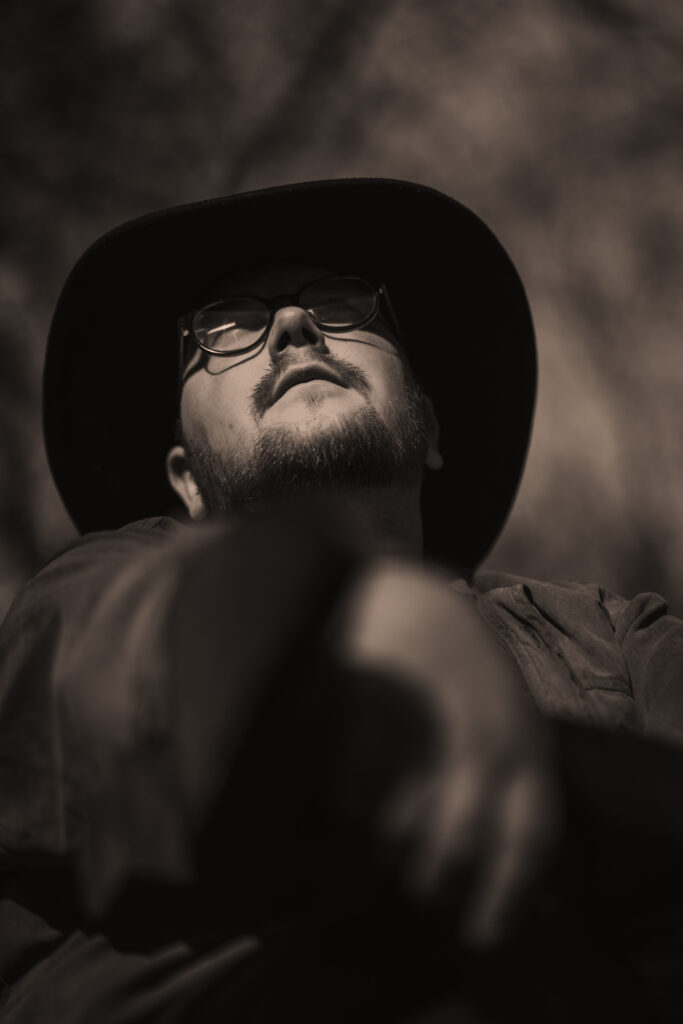
11.) So, sometimes my couples want to go to the courthouse for their elopements.
Do all courtrooms have to follow the ADA regulations and have spaces for
everyone?
-Yes. Government buildings must follow basic accessibility guidelines set forth by
the ADA. HOWEVER. Just because someone says a place is “accessible” doesn’t
mean it actually is. Bathrooms are routinely too small to fit a wheelchair in the
accessible stall. Which means I can’t safely transfer to the toilet and I also have to
do my business with the door wide open because my chair is in the way. Ramps
are also too steep sometimes and don’t follow the recommended guidelines. The
ADA was a start, but we still have a long way to go.
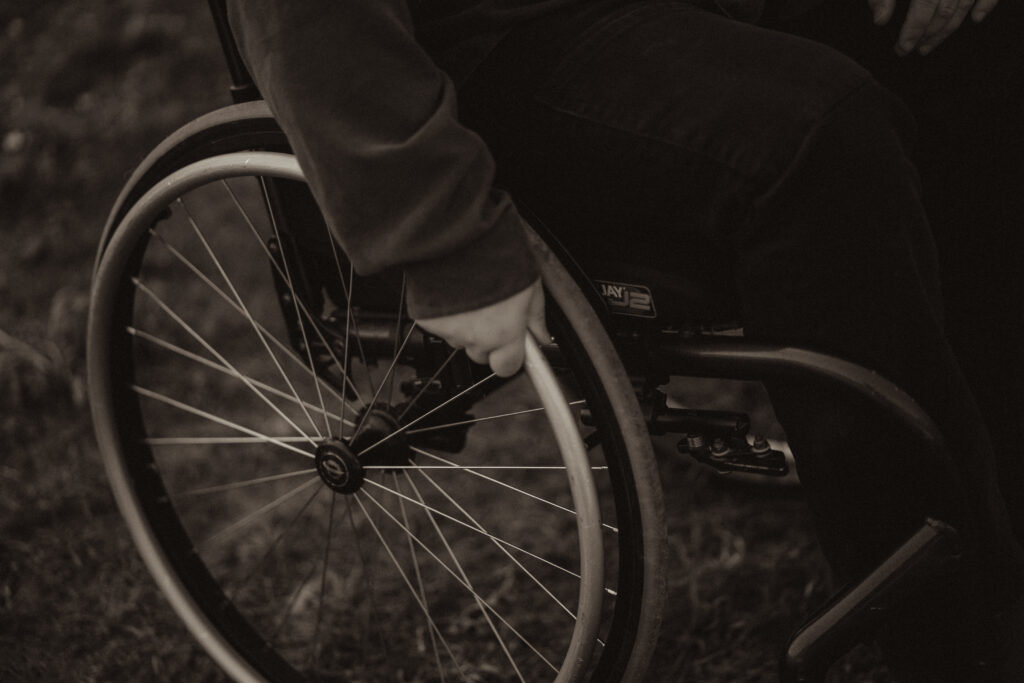
12.) I have a questionnaire I send to all of my clients and I’ve been thinking of
adding a box to inquire about disabilities that my clients might have which would
direct how I would plan their session or elopement. What are your thoughts on
this?
-I would add the box and ask clients if they would like to list any accommodation
or accessibility needs and anything they would like you to be aware of.
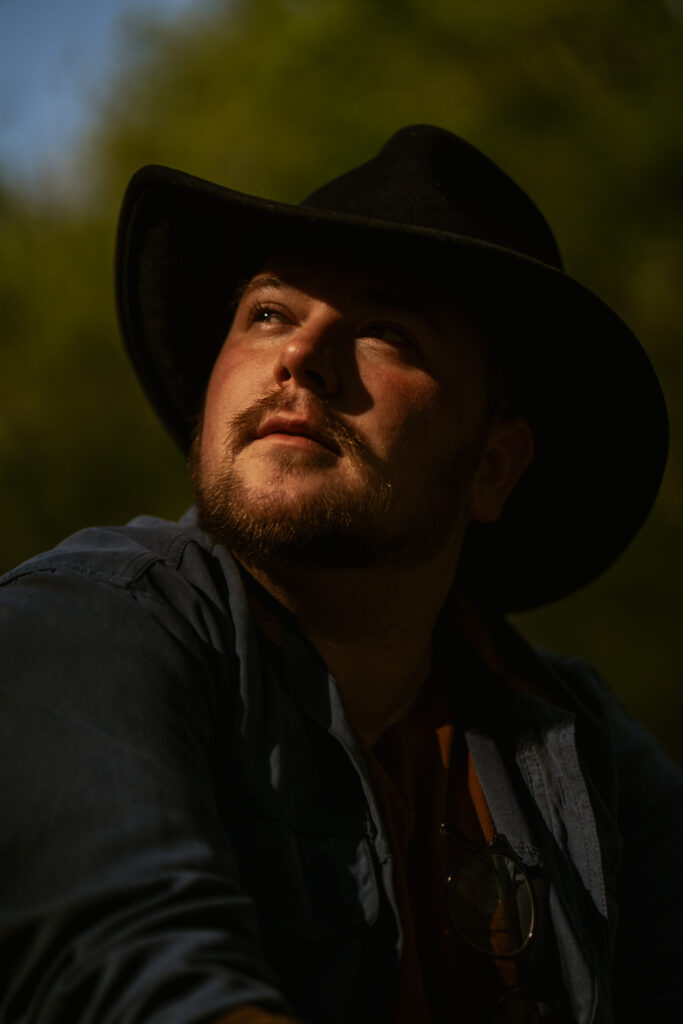
13.) Is there ever a way someone might speak or act that feels dismissive or
inattentive to your ability needs? Do you have any suggestions to make sure that
we’re serving our clients in the best way without being overbearing?
-When someone infantilizes me on set I get the worst feeling. Don’t call me
“buddy” and fist bump me if you’re not doing the same to the buff 6’5” actor who
is also on set. I’m not a kid. I’m an adult and a professional. I’ve felt left out
before because efforts were barely made to make things inclusive. I think the best way to approach things is to be genuine and see where the client is coming from. Reassure and also create a comfortable and collaborative process where they feel supported. This can be done by letting the client know you’re
willing to adapt the shoot in any way and follow through on stting up the
appropriate supports. I always tell people that they’re always welcome to let me
know if they have any questions and I ask for their thoughts on details of the
shoot.
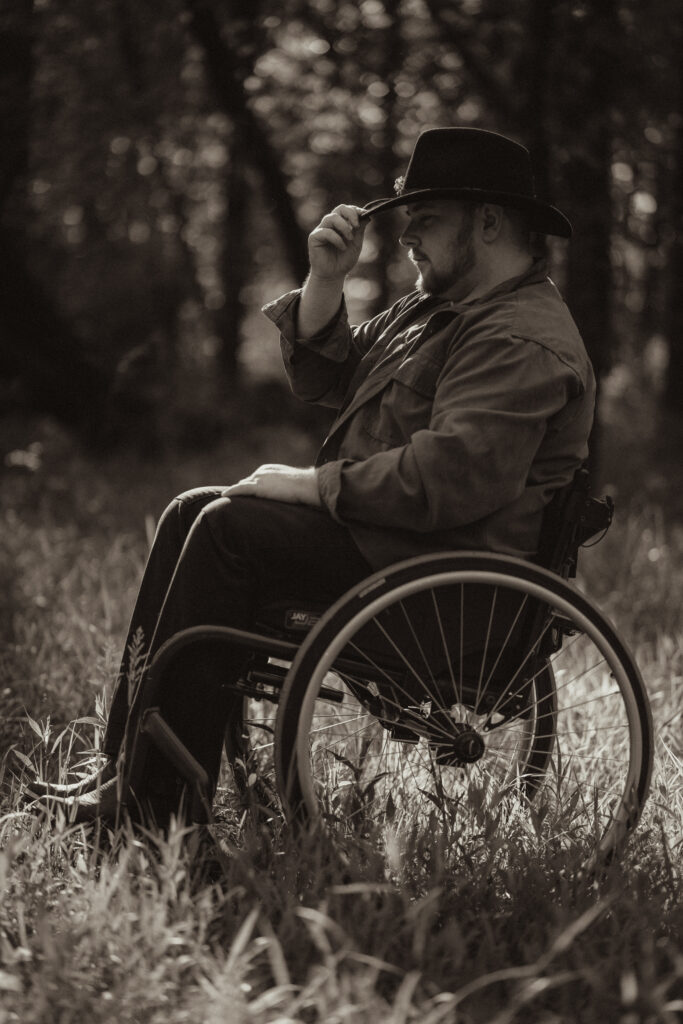
14.) How important is it that the disability community have representation? We
see this word thrown around a lot, but what does it really mean and what does it
really offer?
-As an adult, I love seeing fashion models with disabilities because it shows how
the clothing would fit me.
I know kids love having people to look up to and see that adults are living their
lives just like they can one day.
Disability representation plays a larger role in normalizing differences. This
decreases bias, discrimination, and stereotyping. It gives an accurate world view
and challenges the harmful narratives that we fight daily.
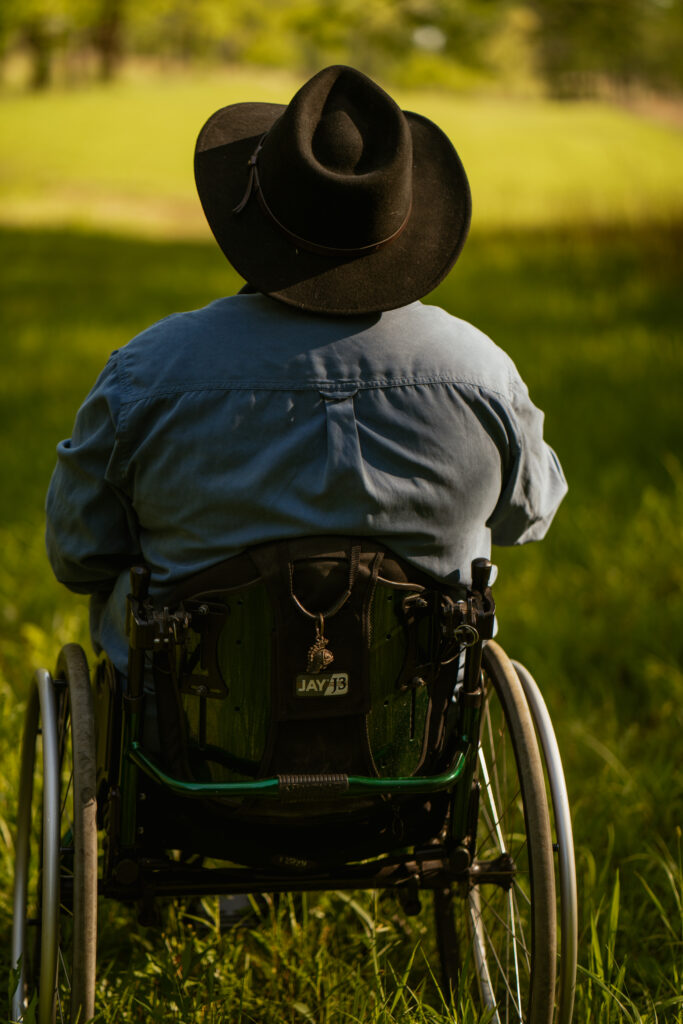
15.) We’re starting to see the discourse around wedding clothes change and
expand to include more than a tux and a white dress. Especially with adventure
elopements and people becoming more creative in celebrating their days- pink
dresses and corduroy suits and blue jeans are becoming more of the standard. I,
for one, am beyond excited about this. Do you think this could lead to more folks
seeing opportunities for representation with prosthetics or wheelchairs or
supports? Perhaps even adaptive clothing?
-For sure! Adaptive clothing as a fashion category is starting to see more formal
wear and trendy clothes and less of the “clinical” designs. We even have fashion
shows for adaptive clothing brands now!
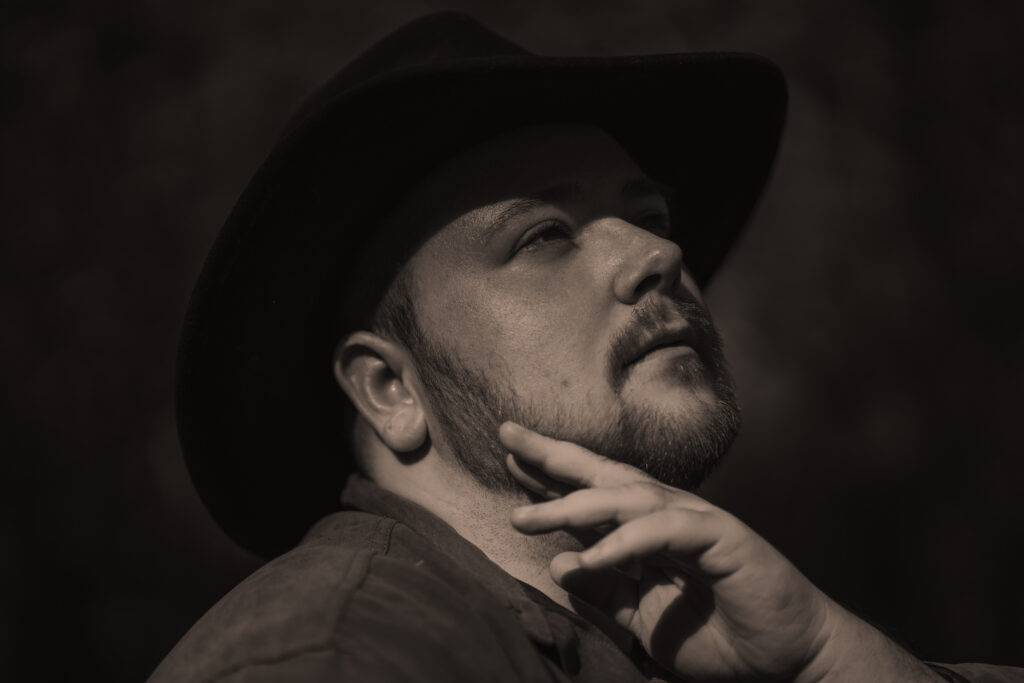
16.) Following that question, do you have any suggestions or knowledge on
adaptive clothing? Especially formal or more fancy attire?
-I don’t know of any specific brands I can recommend, but I would take a look at
the designers who are involved in shows like Runway of Dreams and Fashion is
for Every Body.
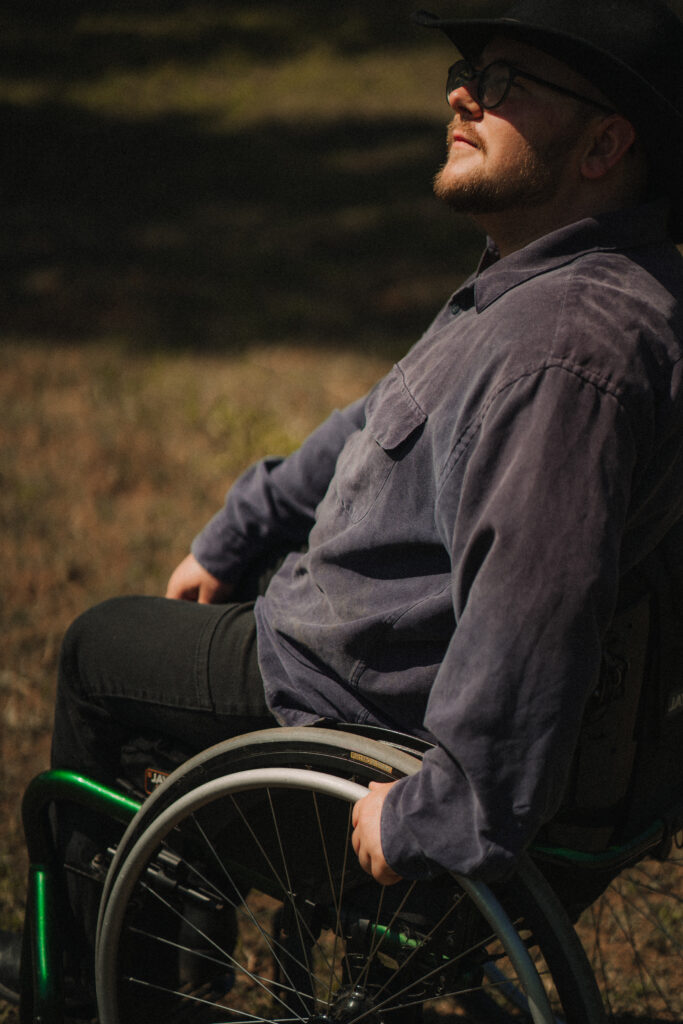
17.) Some of my couples like to hike out or travel out to the place where their
session will take place- whether it’s an elopement or couples session or even my
musicians. I know I had you change during our session and I made sure that we
had a concrete floor in the barn that you could go into to change. Was that a
comfortable option for you? What would you suggest I do and other creatives do
to ensure that folks that need a bit more room or time changing their clothing
have everything they need? This also feels like a really varied question that
should be answered by the model or client themselves.
-Everyone’s needs will be different. I think maybe planning for changing to take
some time if someone needs assistance from a companion. For me the floor was
perfect.
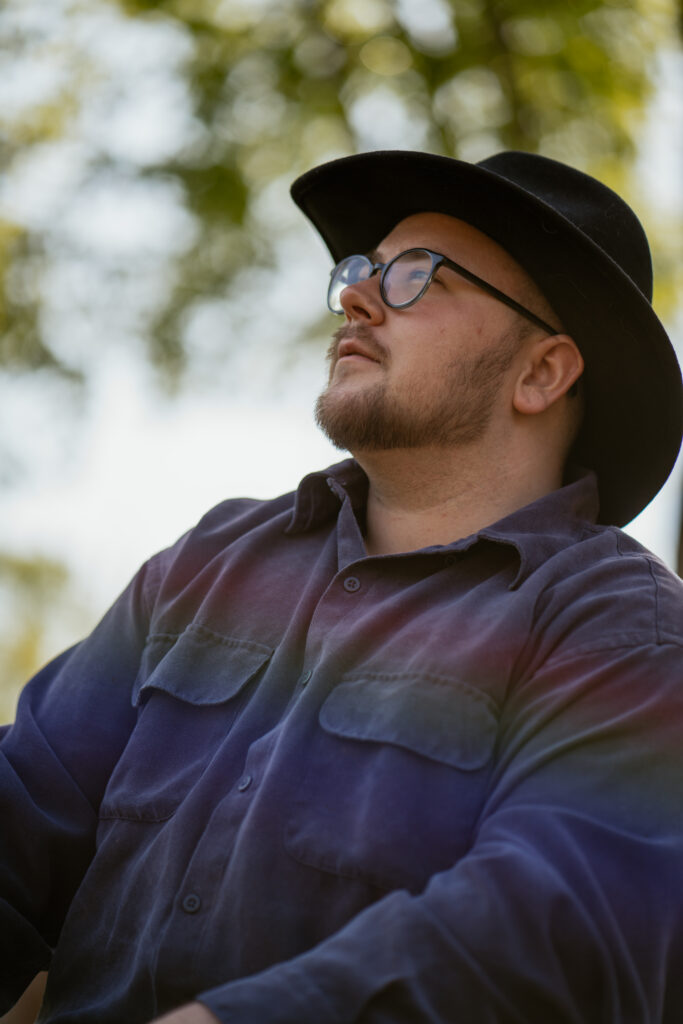
18.) Would you have anything to share on invisible disabilities? Because I’ve been
trying to intentionally acknowledge where I’ve been lacking in my business and
my efforts to create a REALLY inclusive environment for everyone, I’ve noticed
that I might forget to ask questions on disability if I couldn’t SEE it, and I want to
apply those questions to everyone and every couple. It’s been in my questionnaire
for a few years now, but I think I want to expand the question on any accessibility
needs to include some things folks might not think of such as access to a
bathroom, access to air conditioning, access to areas to sit or rest, ect. I also
recently had some discourse with a model who uses a wheelchair in an
ambulatory way and she’s often not in it for her photos, but does need the
wheelchair with her at all times.
-My disability can cause me to have syncope episodes and I’ve dealt with
autonomic dysreflexia once. It’s important that I have access to water and AC if I
need it. I also need to make sure my clothing fits well and I’m not being pinched
anywhere. I usually plan ahead and bring water with me and can always use my
car for the AC if I need to. Being hard of hearing, I depend on catching what
words I can and piecing it together with context clues and lip reading along with
my hearing aids. I need to get better at wearing them in photos… That’s
something I’m still self conscious of and am working on being more accepting
towards myself. With that aspect of my disability, having someone face me when
speaking to me is pretty much necessary. I think listing some examples like what
you did in the question above would help.
Disabilities can be unpredictable so maybe coming up with a safety plan that’s
location specific would be helpful. Note where the closest hospital or urgent care
is and emergency contacts for clients. I also always carry basic 1st aid with me
when I work on the crew side of things and in the bag I have candy (low sugar),
ibuprofen and acetaminophen, bandaids, gauze and tape, electrolyte powder to
put in water, flashlight, sunscreen, and a battery pack for my phone with a
charging cord.
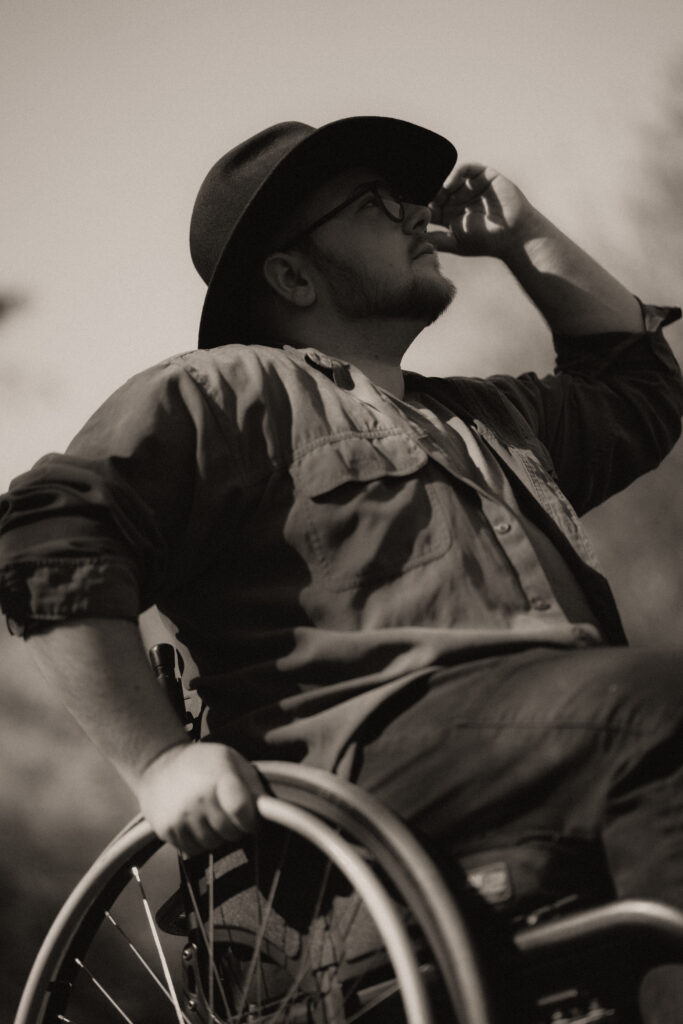
Follow Jordyn!!
Here are some of my favorite creators who focus or highlight accessibility!
Amberley Snyder, a barrel racer.
Squirmy and Grubs, a couple focused on highlighting their interabled relationship and daily lives.
Role with Cole and Charisma, another couple focused on sharing their evolving lives and relationship.
I’m a traveling photographer based in Tennessee. I’m close enough to Nashville to get to work with fellow creatives and musicians, but far enough away to focus on my life in the rural hills on family farmland. I chase around dogs and horses and cousins.
I work for musicians, cowboys, and true love. If you’d like to cook up somethin’ good, gimme a holler!!
